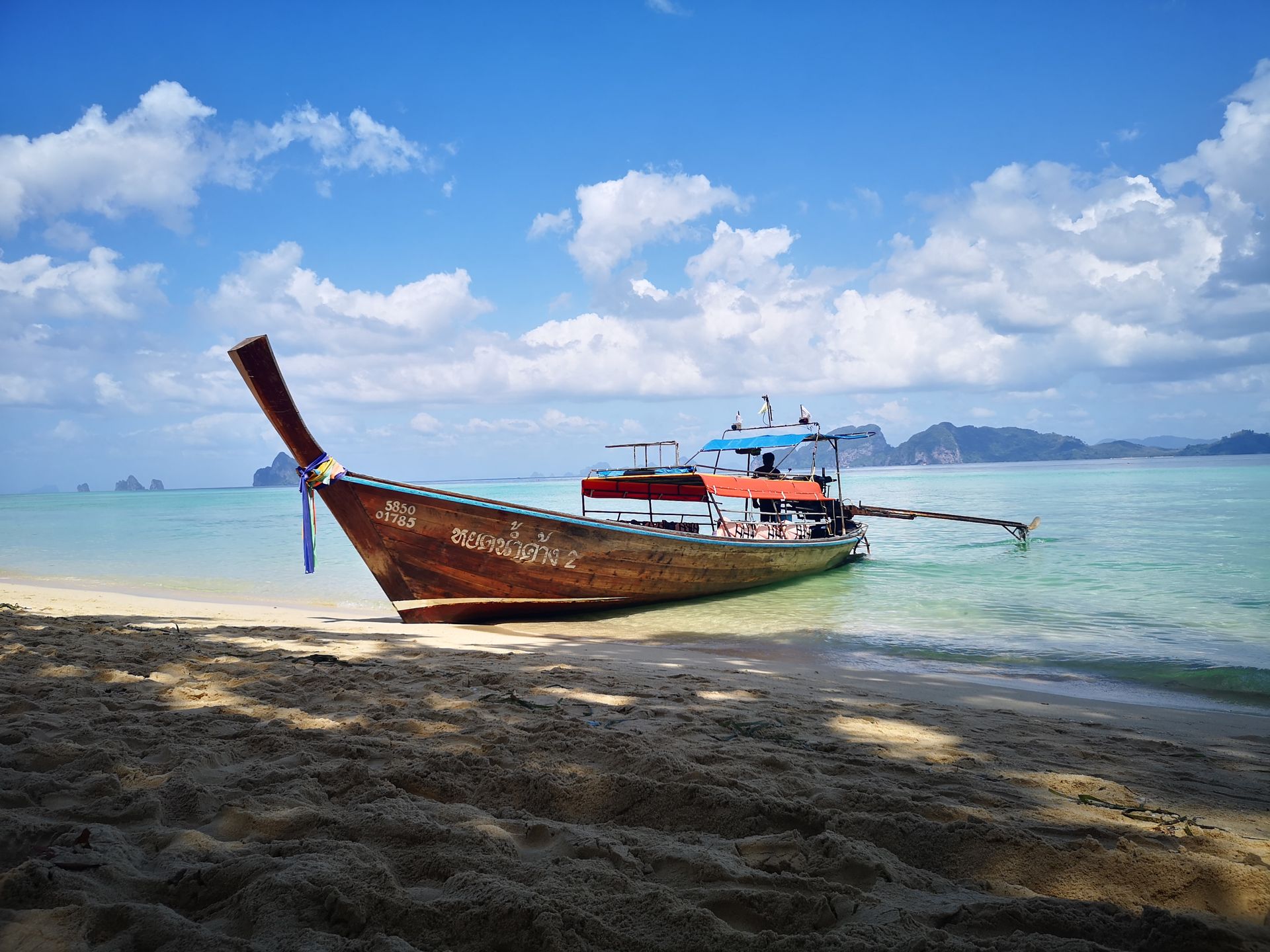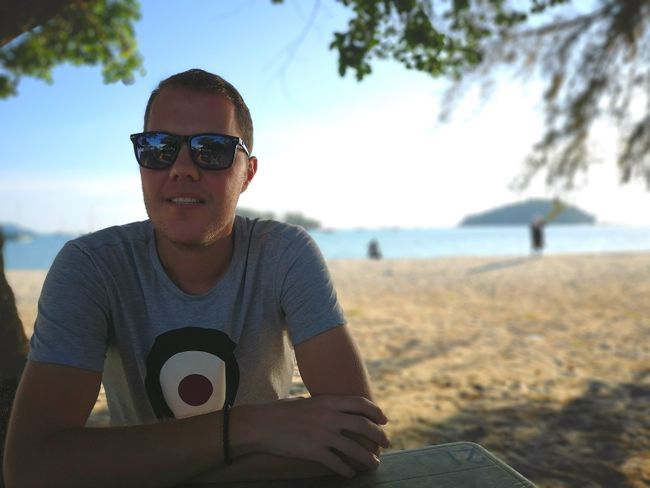Environmental destruction!
Опубліковано: 31.07.2019
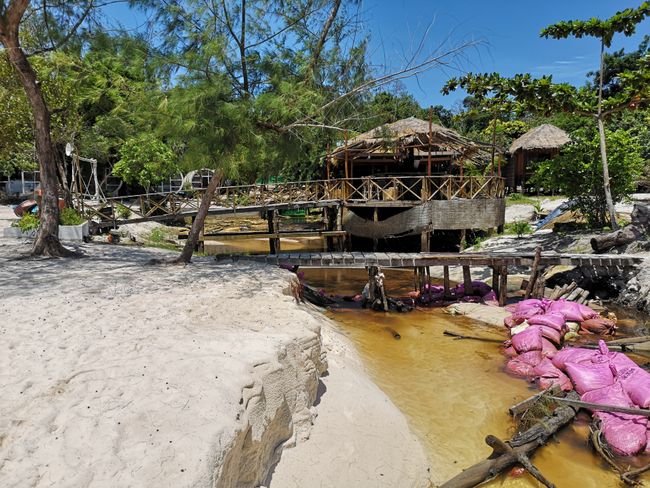
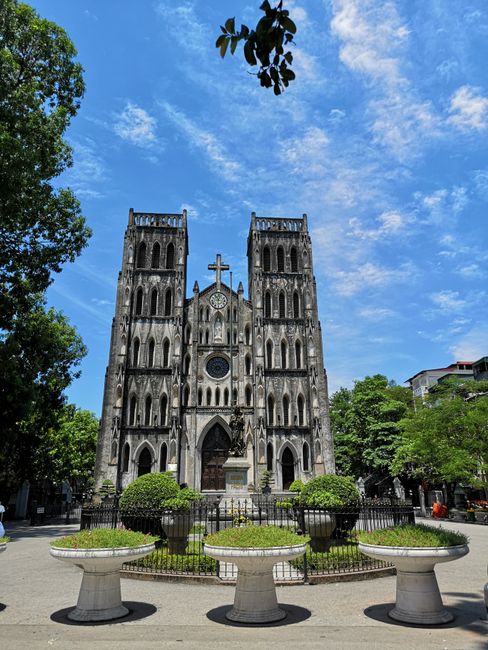
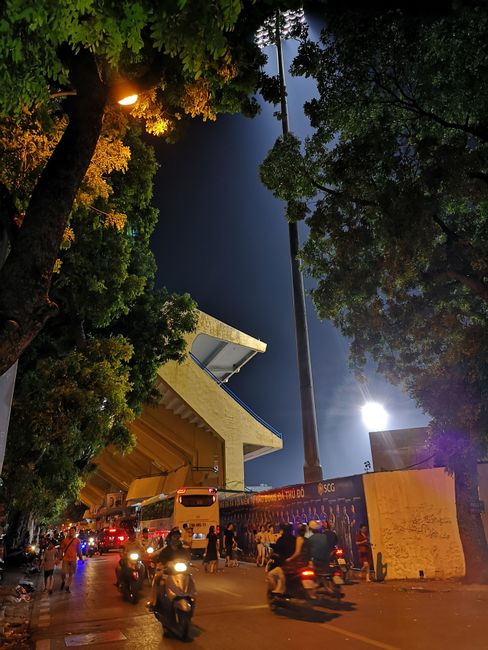
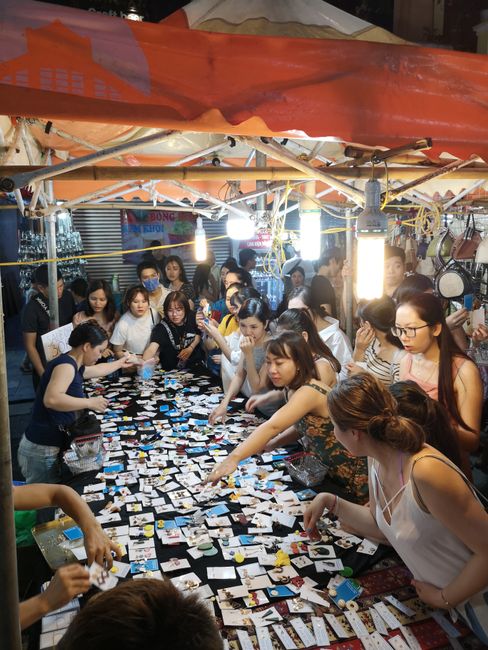
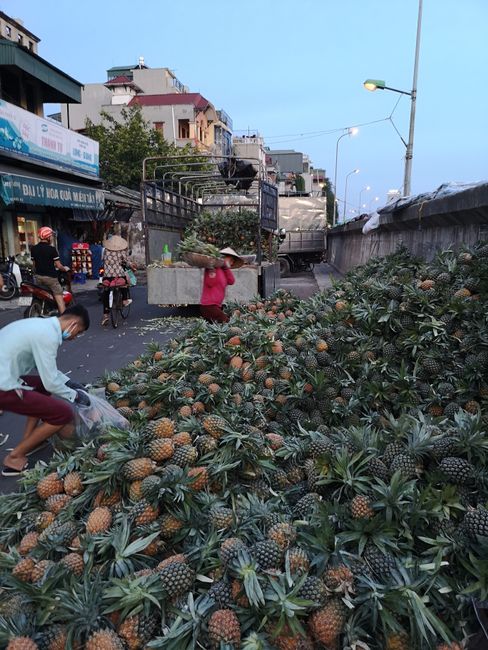
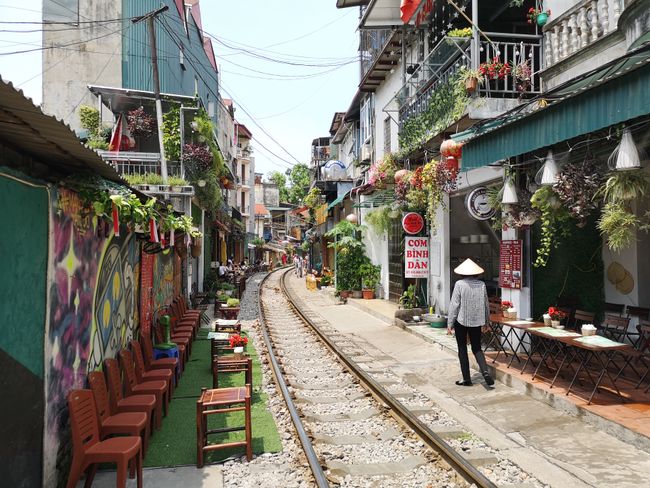
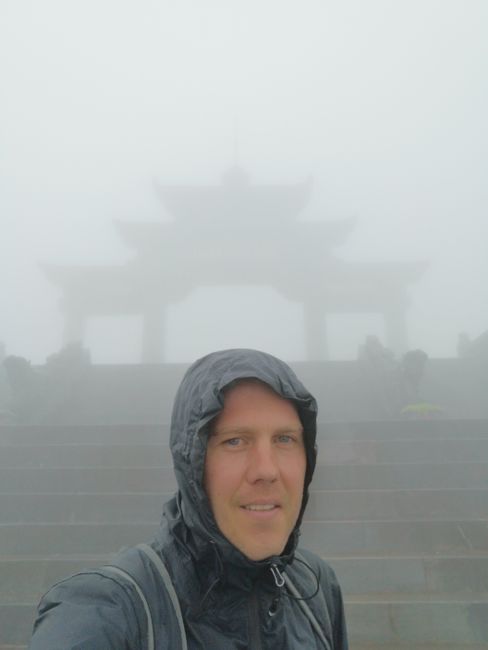
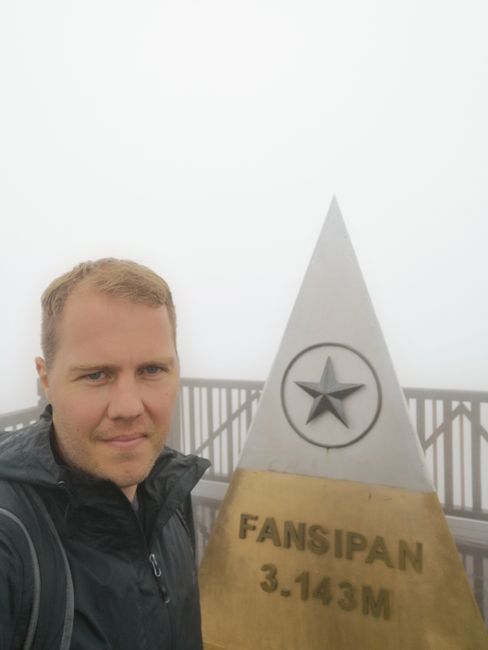
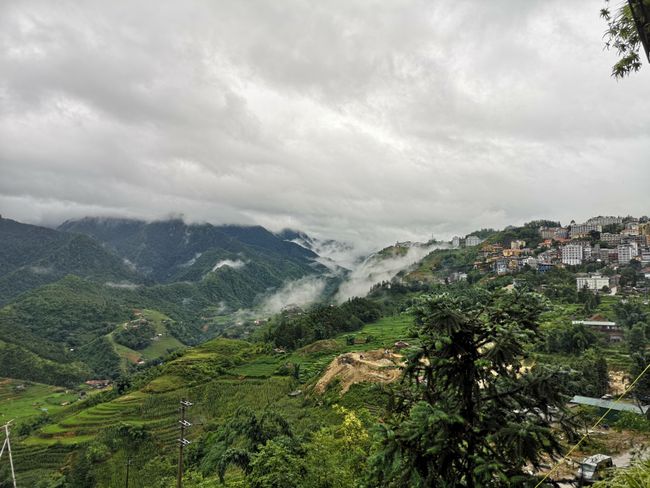
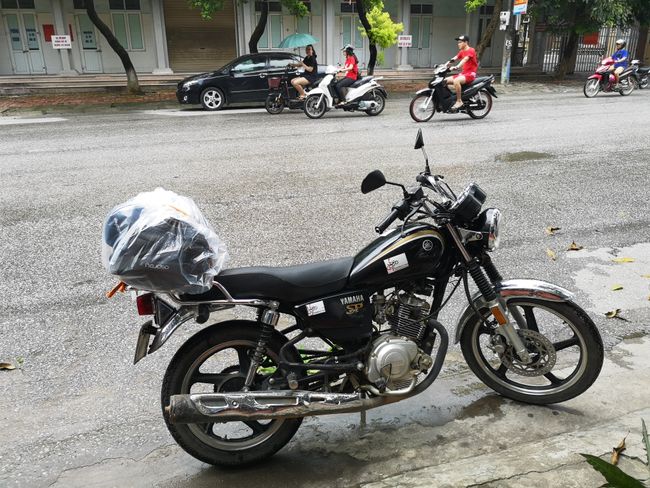
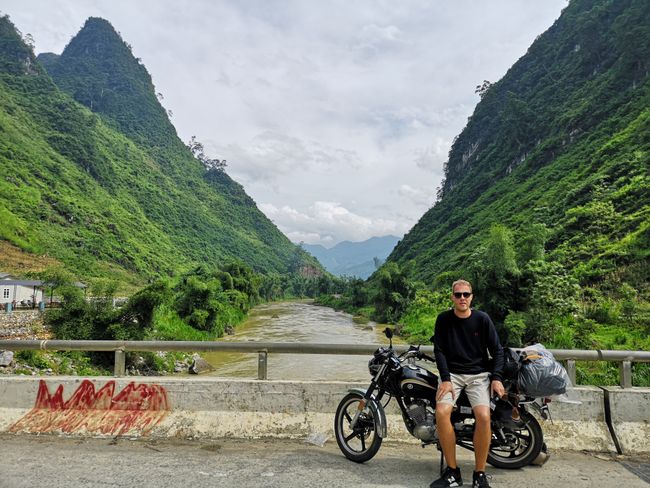
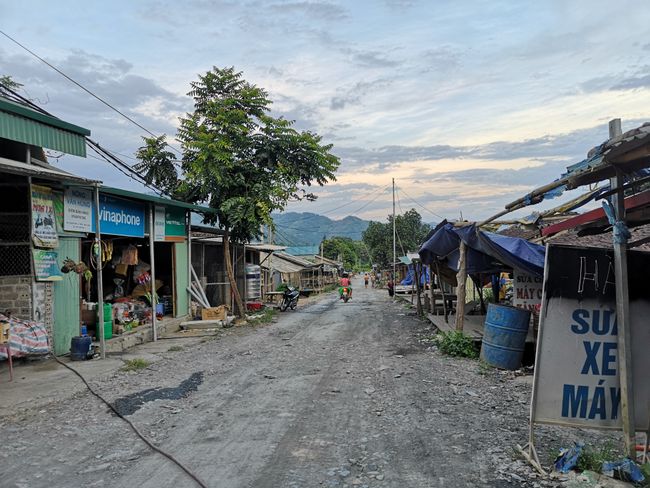
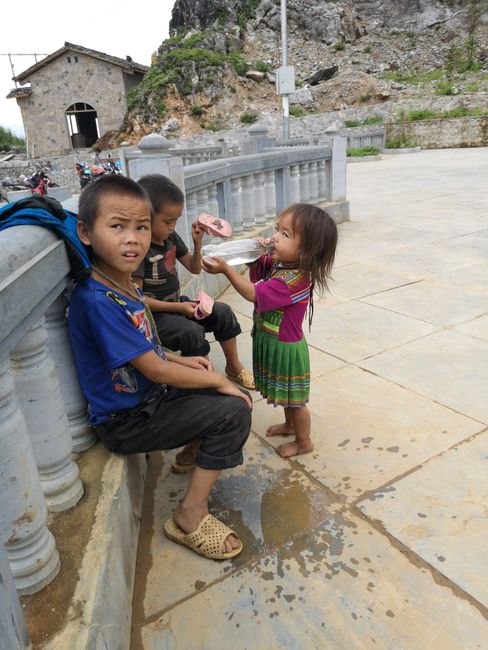
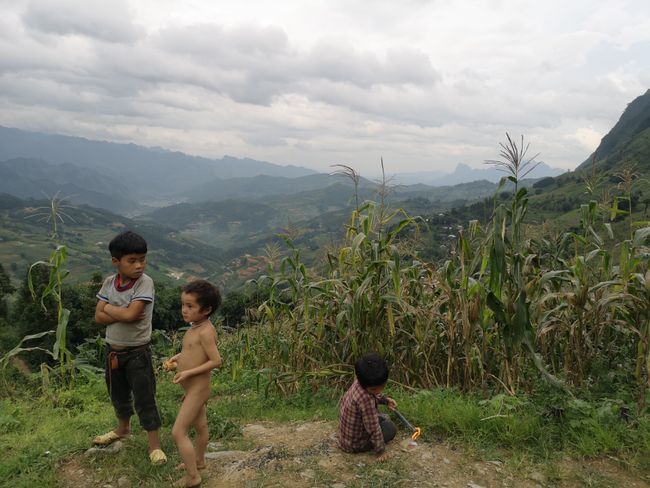
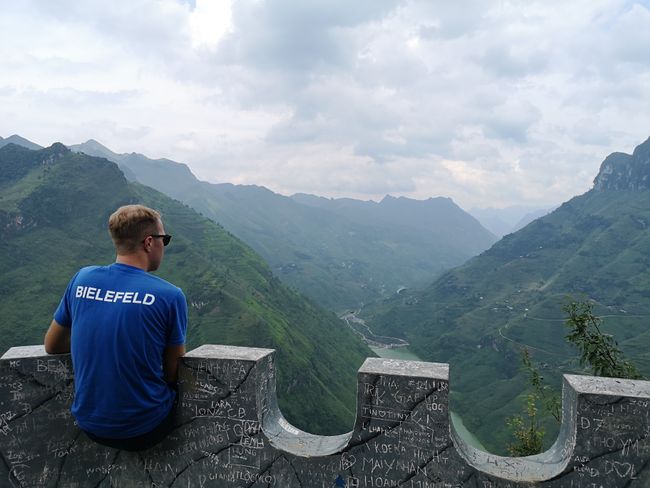
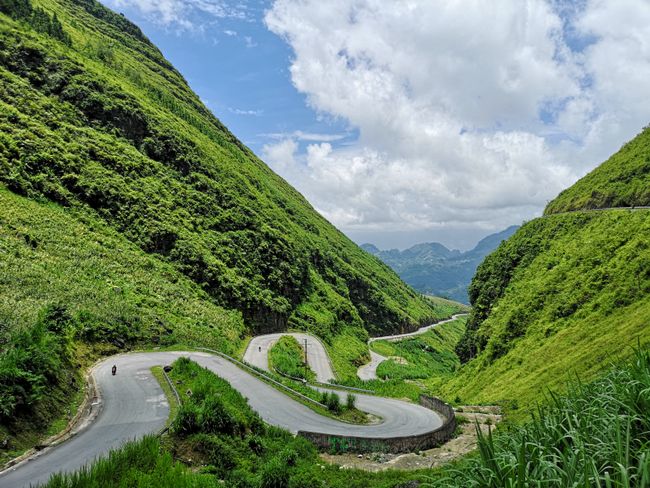
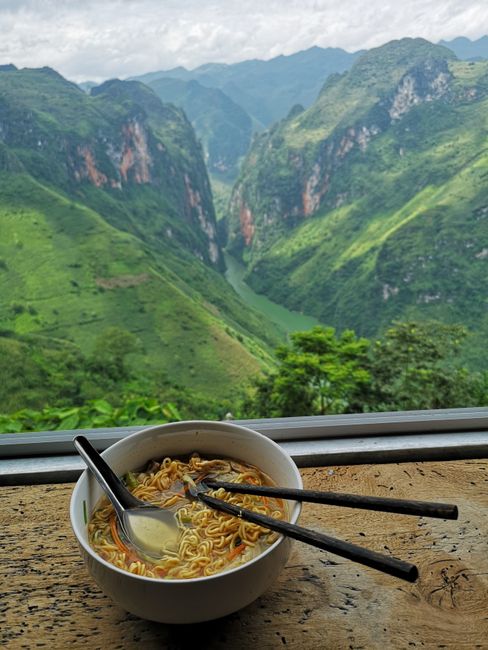
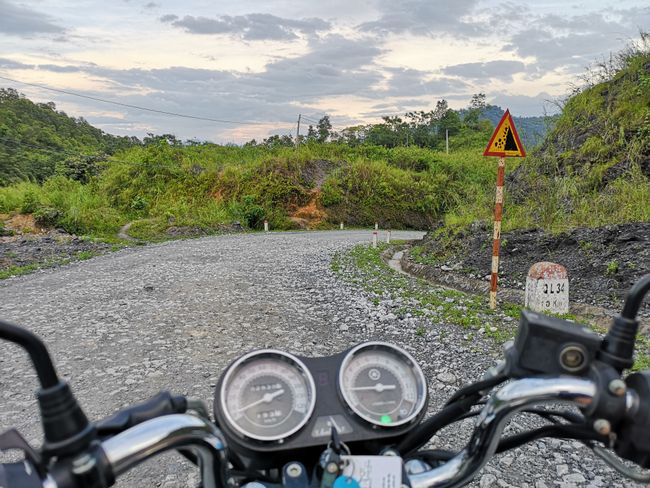
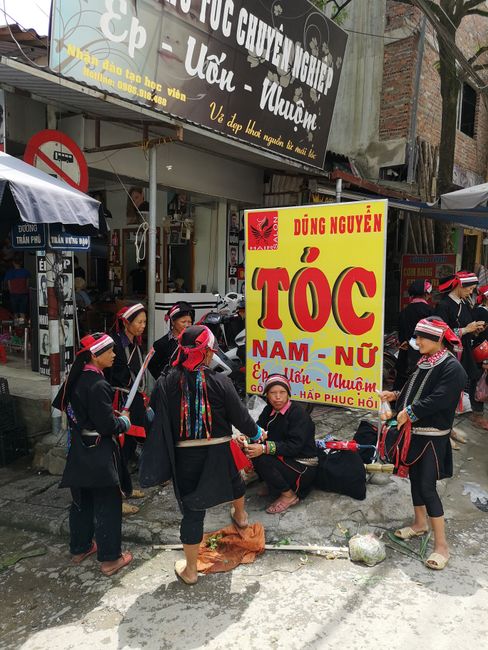
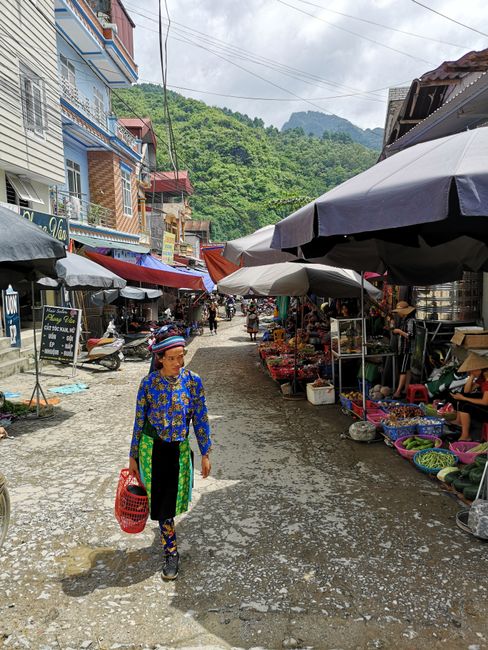
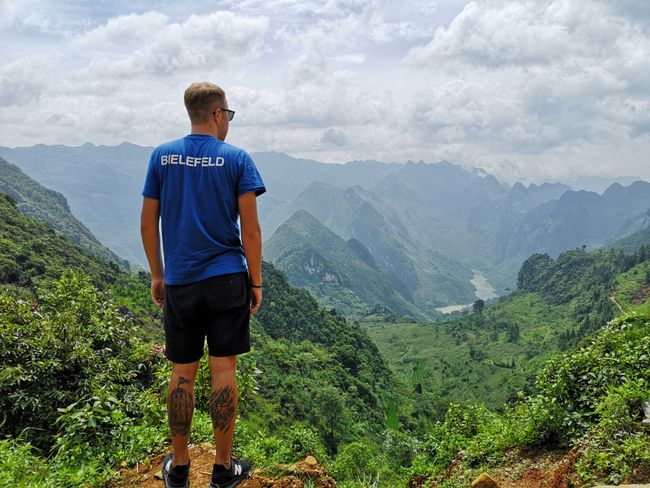
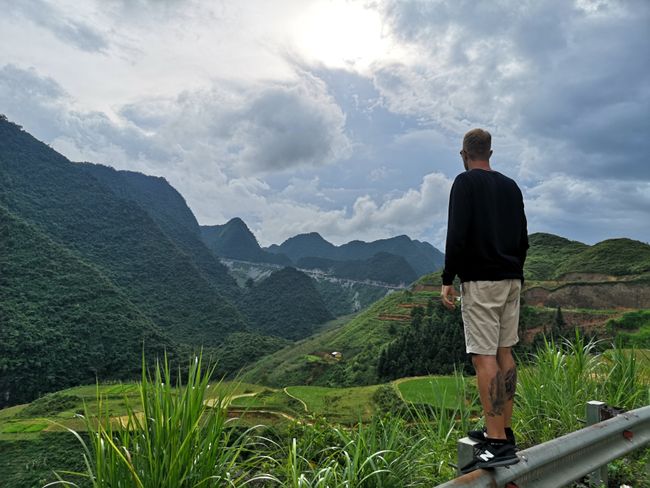
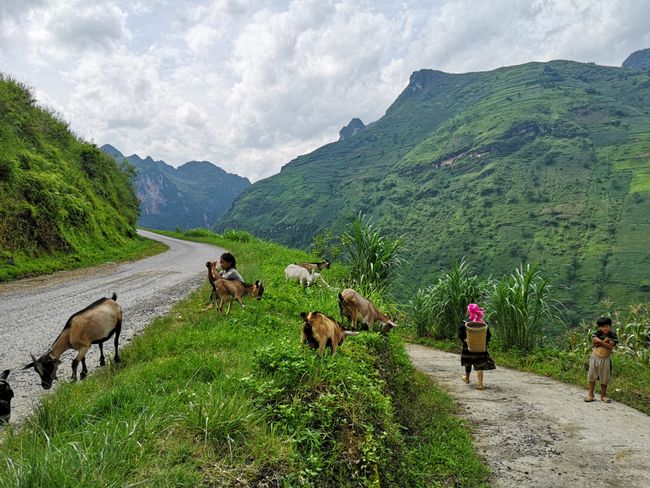
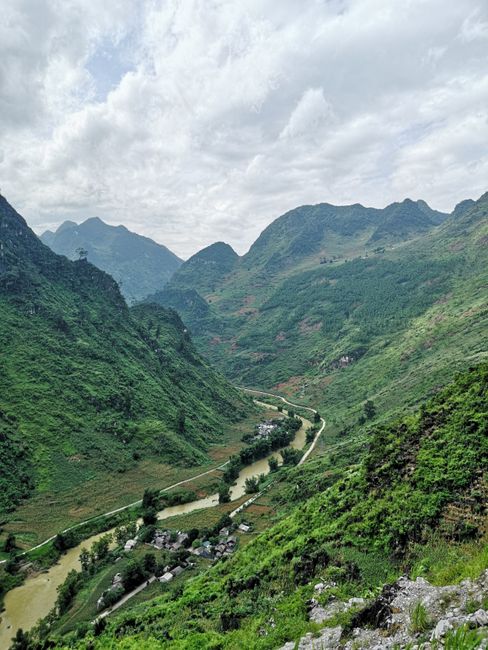
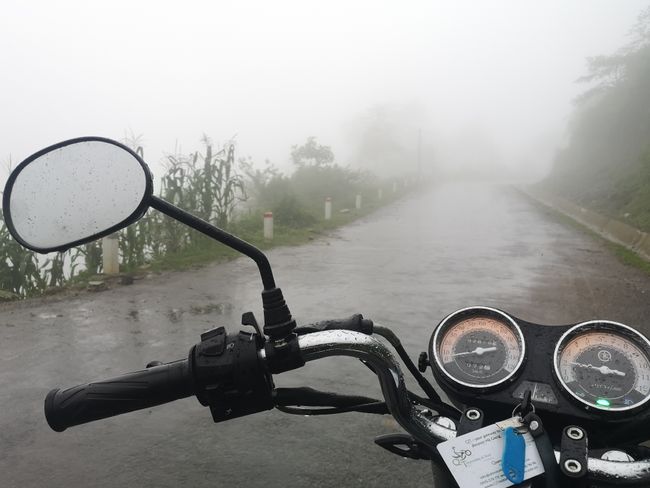
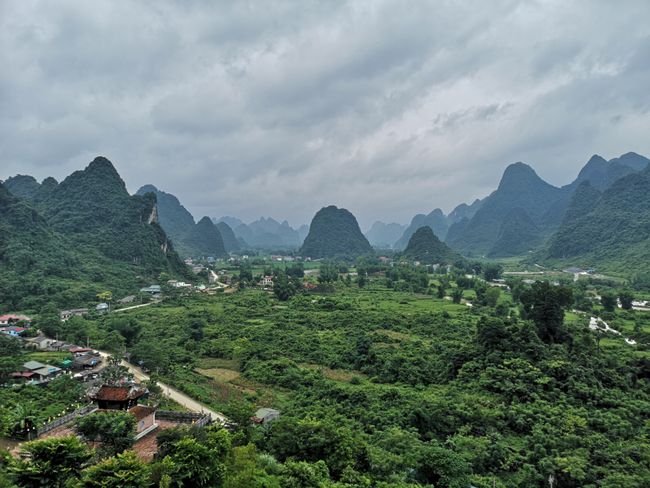
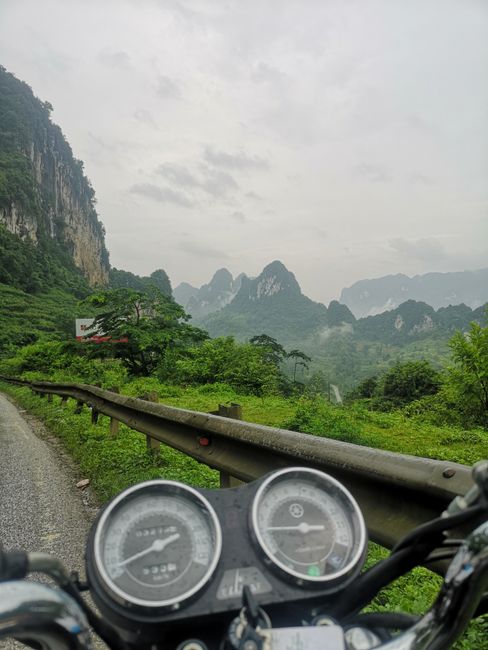
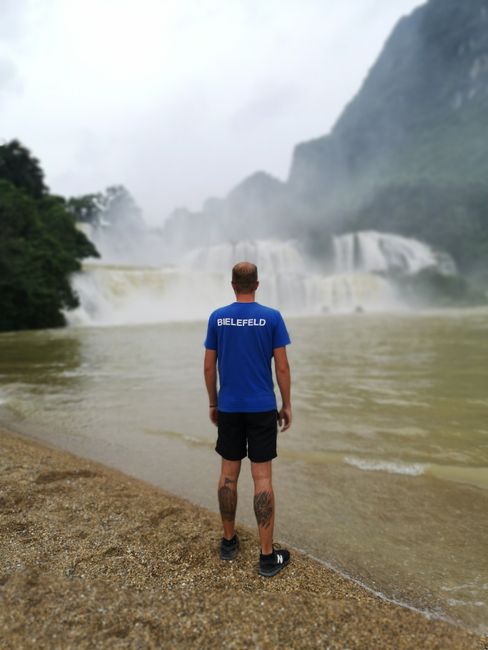
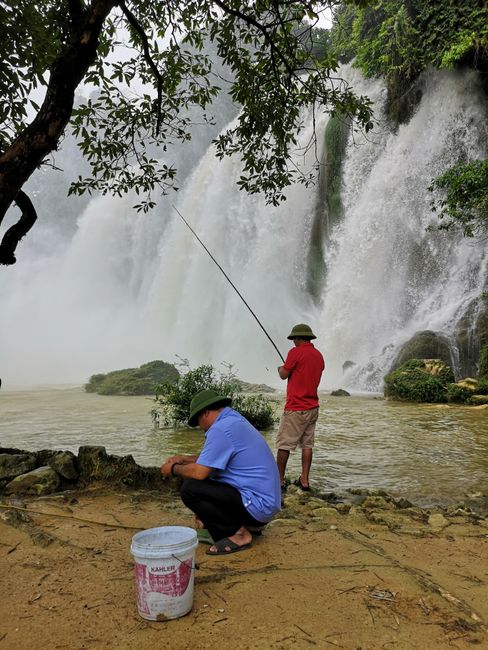
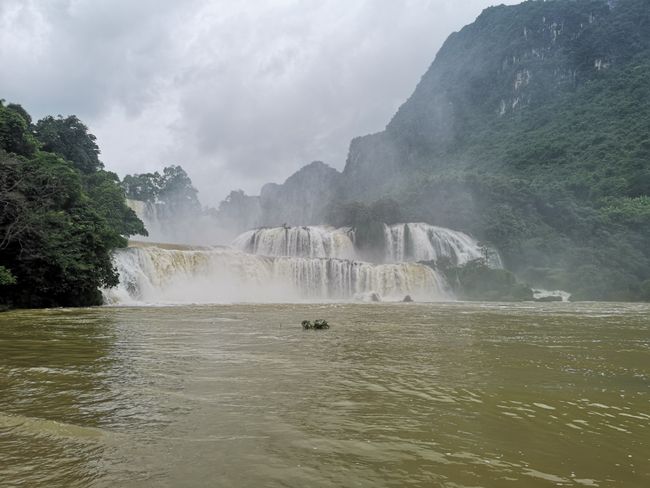
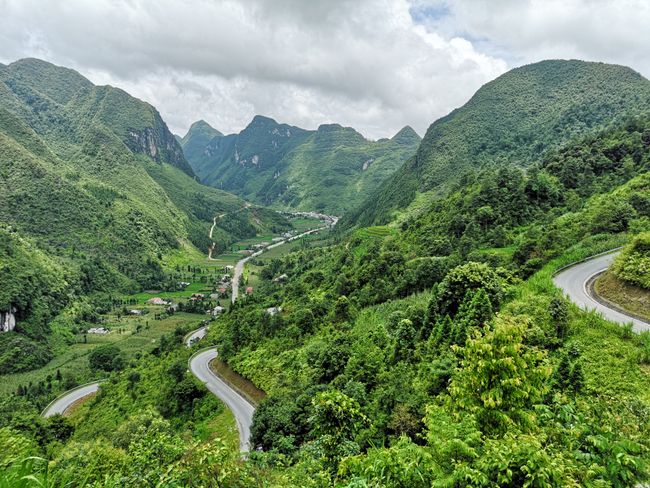
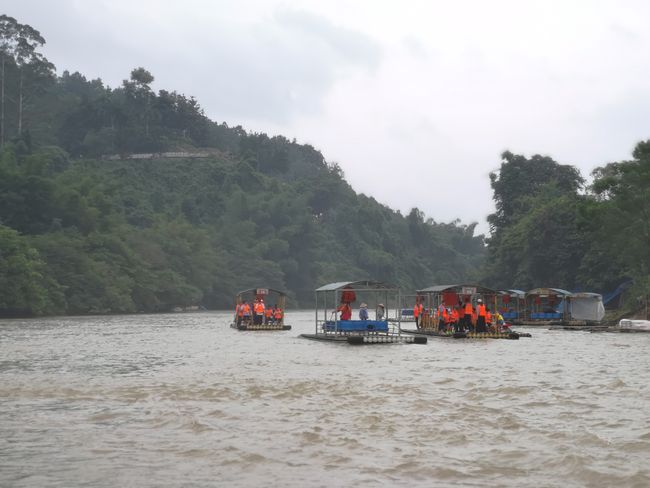
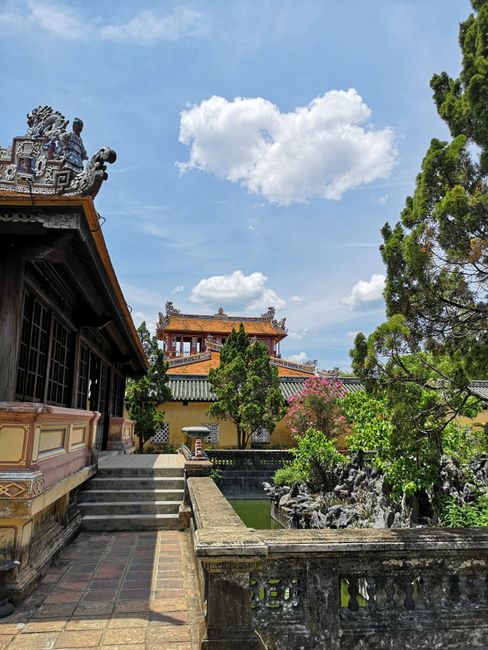
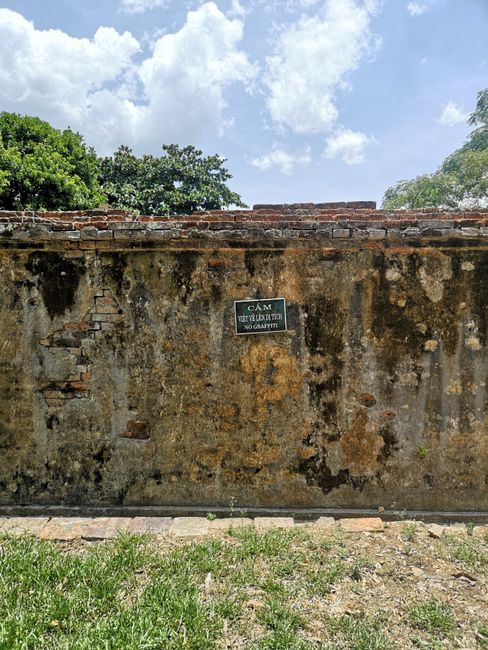
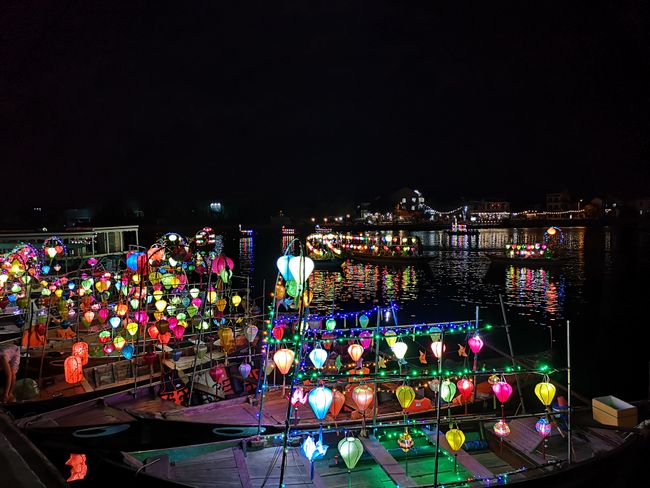
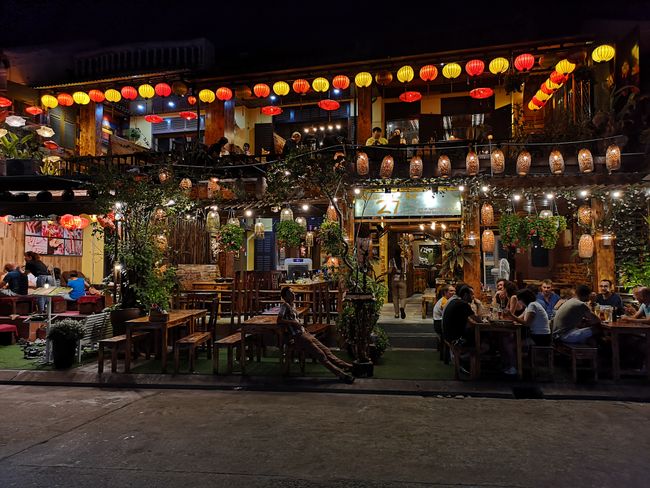
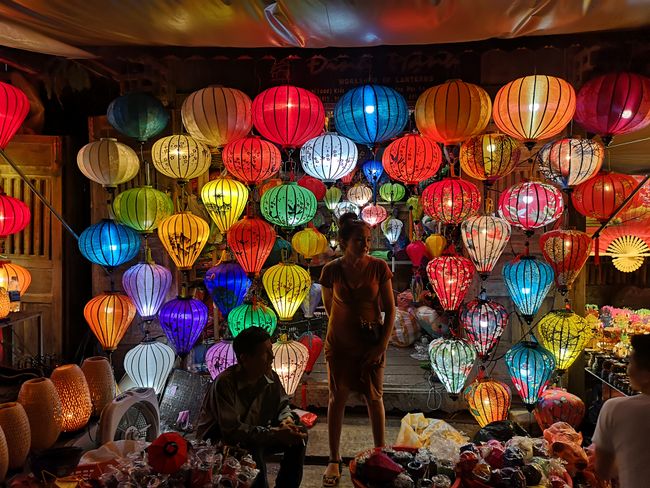
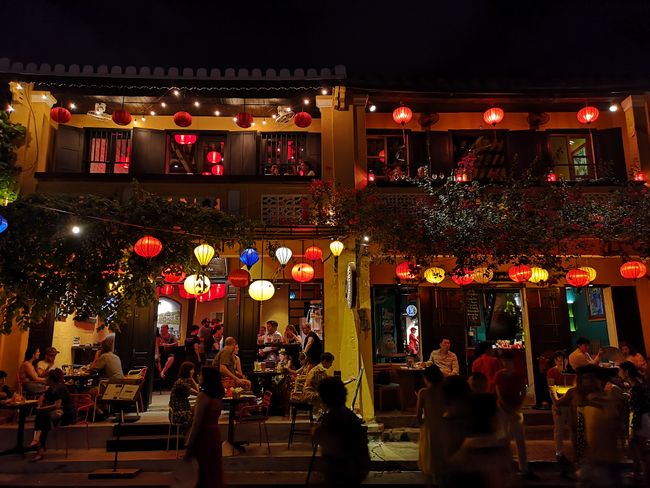
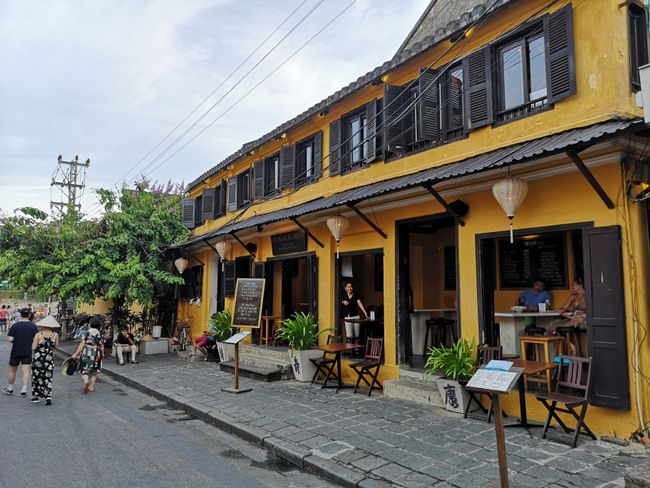
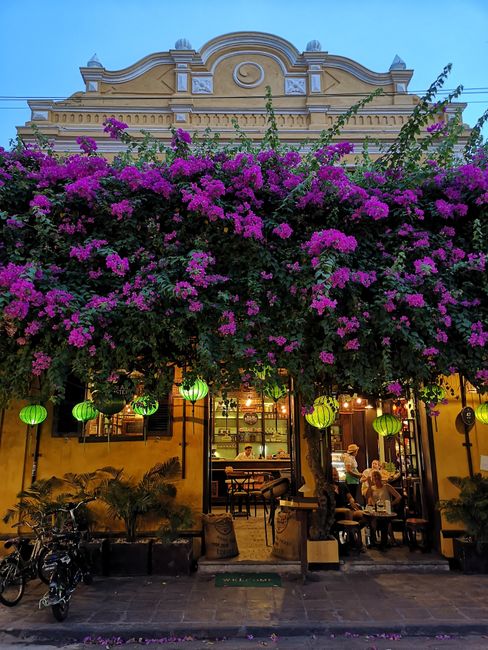
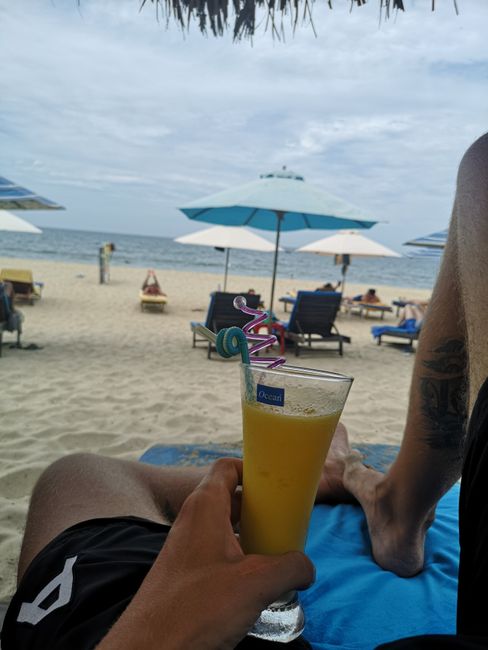
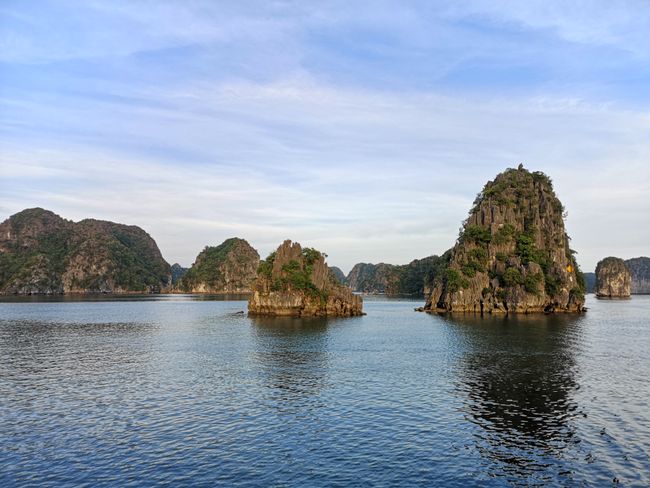
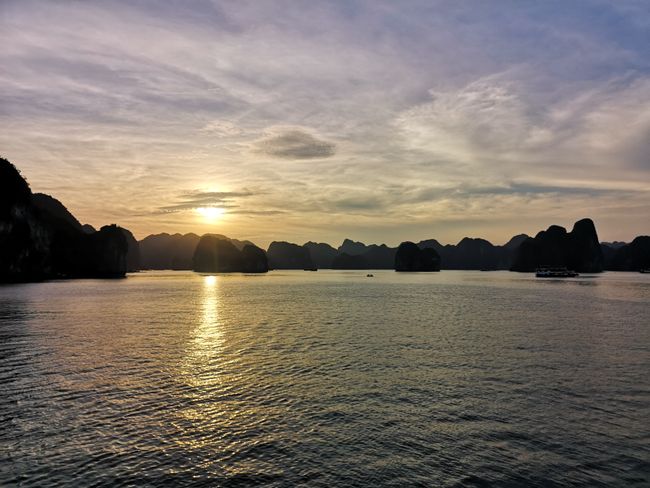
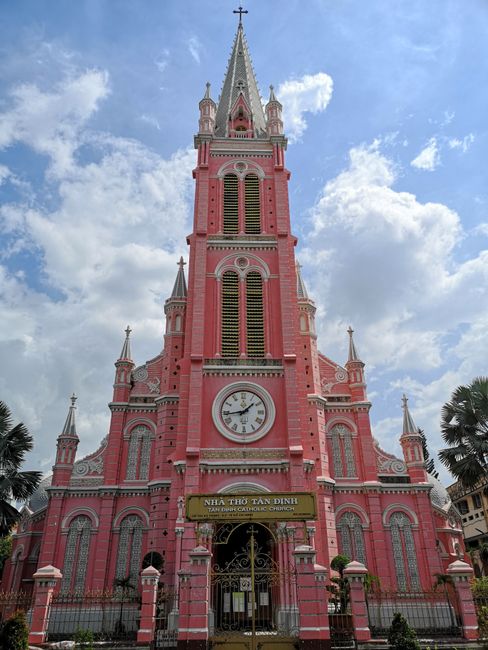
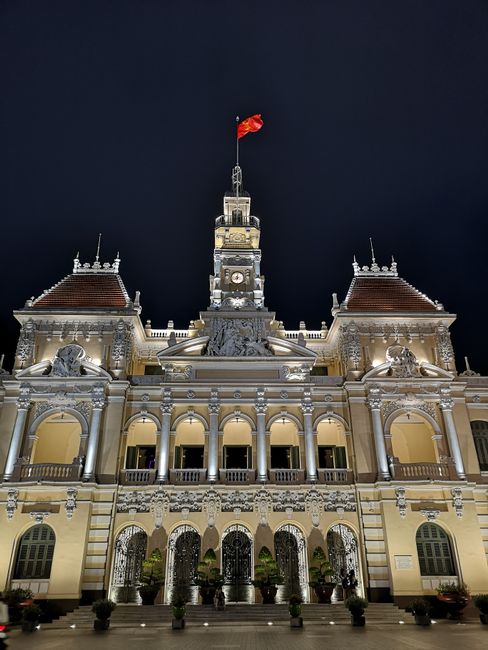
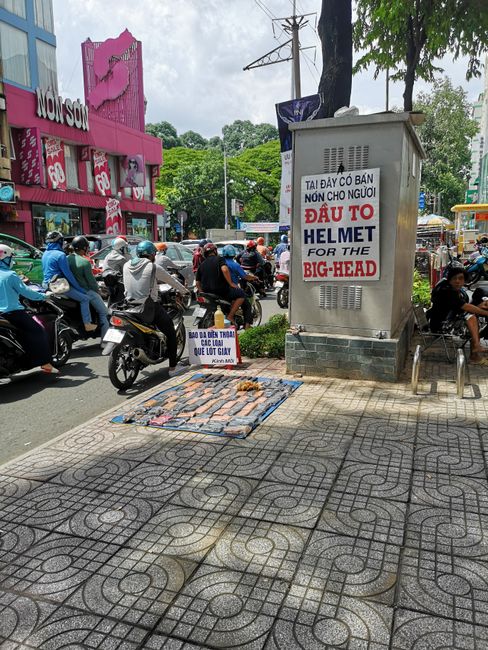
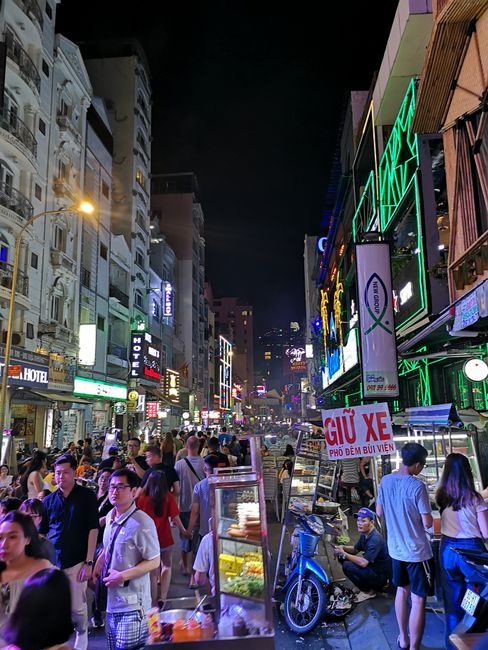
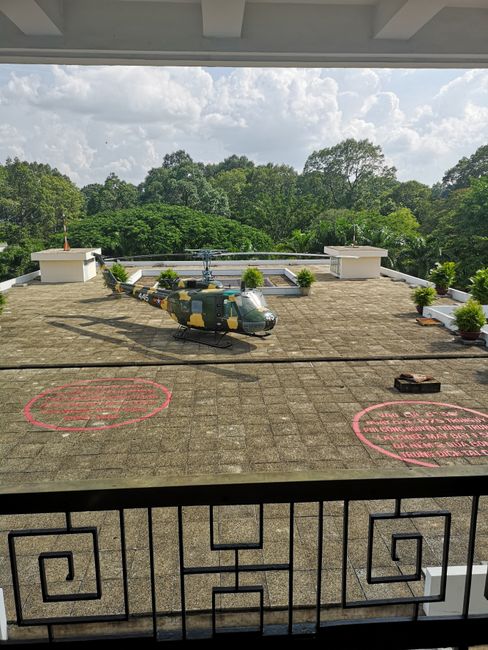
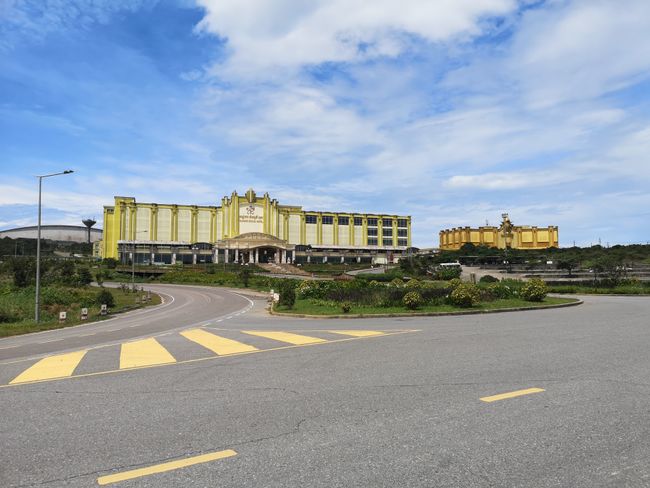
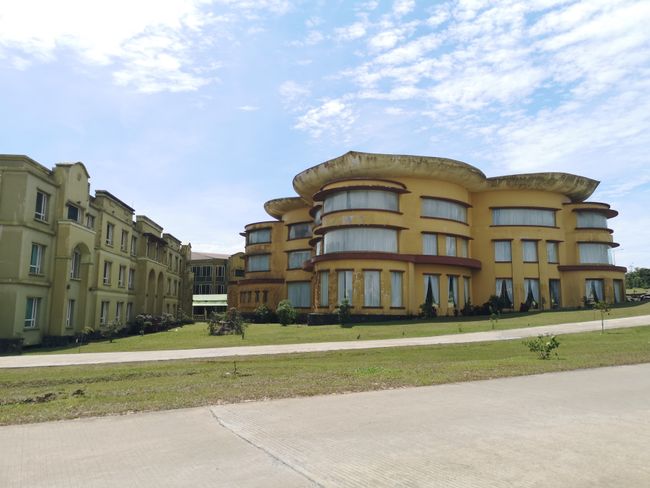
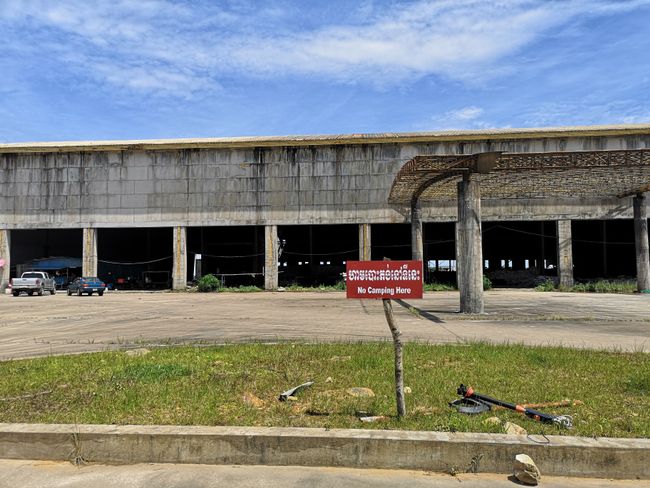
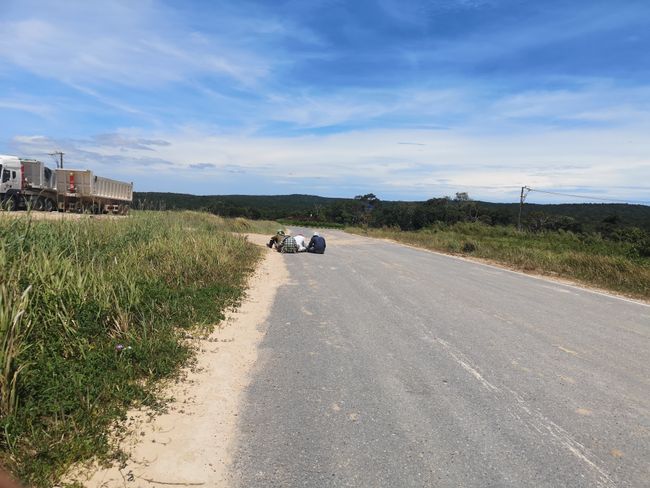
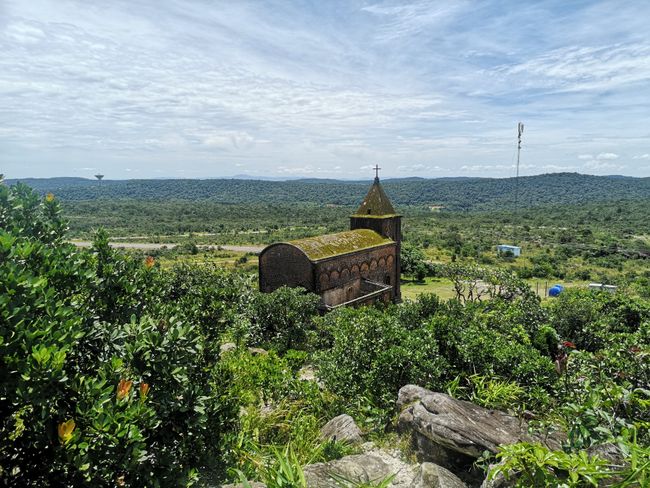
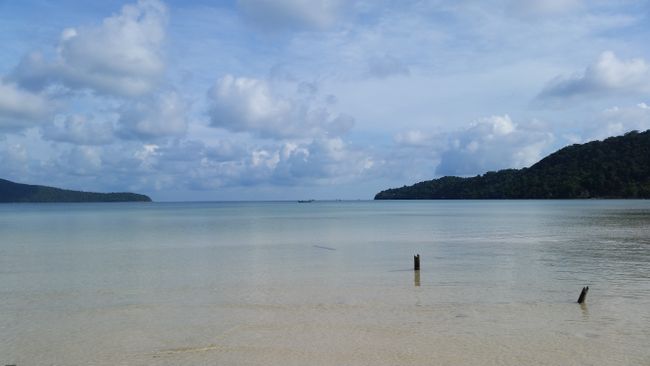
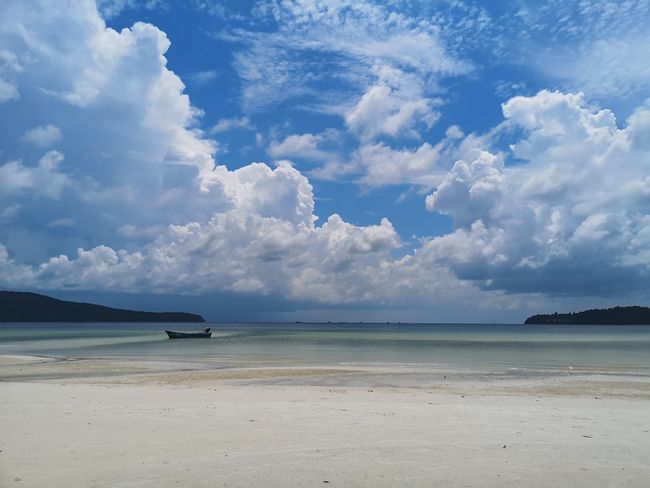
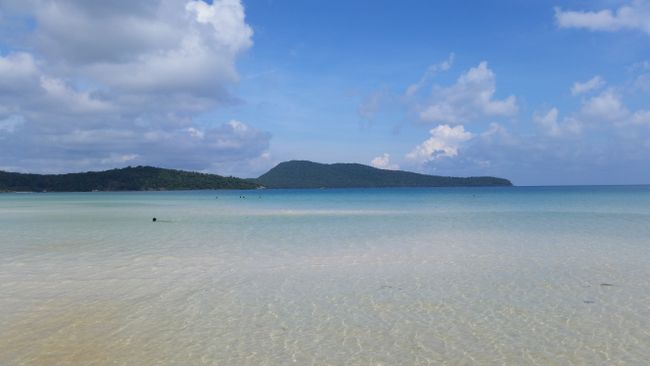
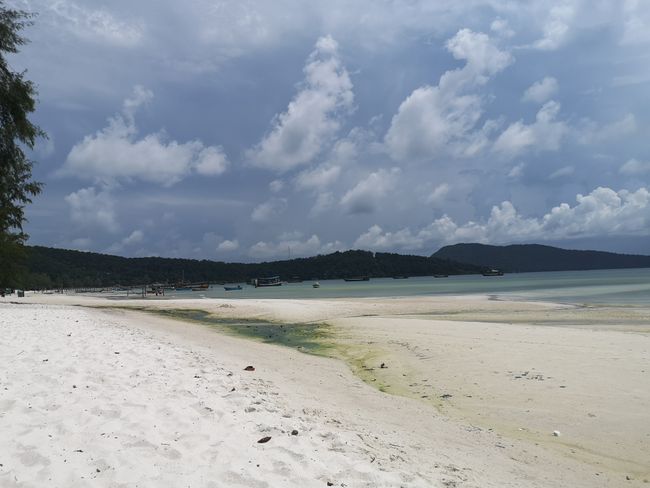
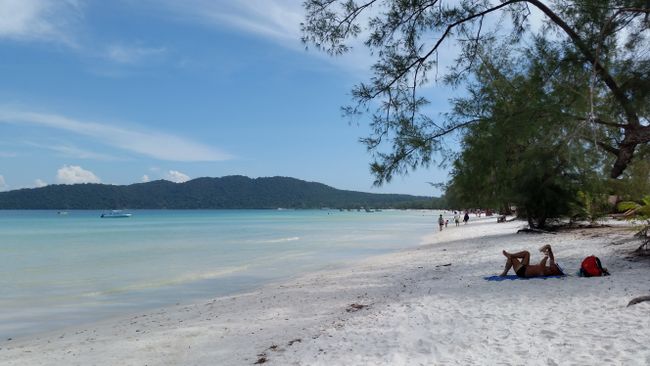
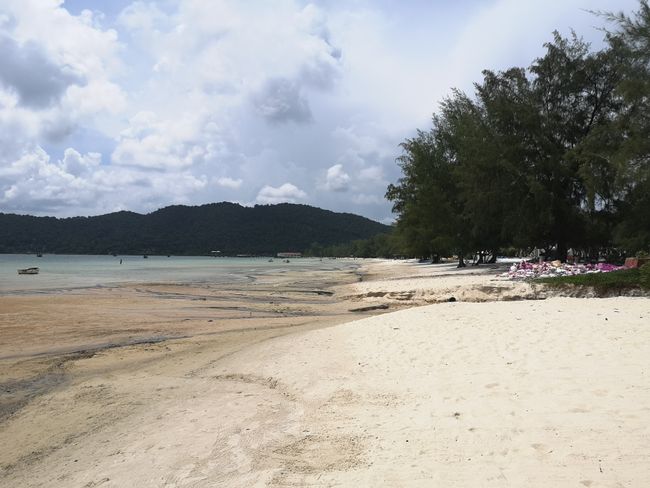
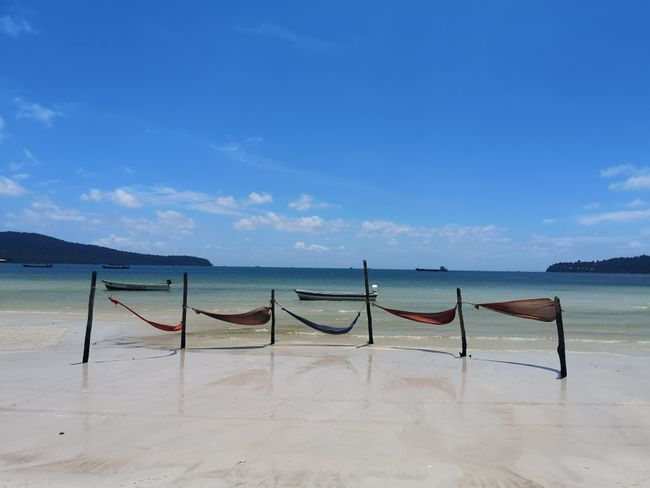
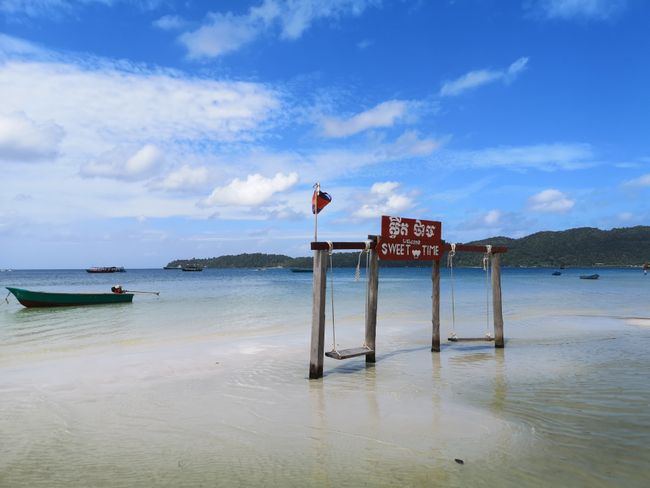
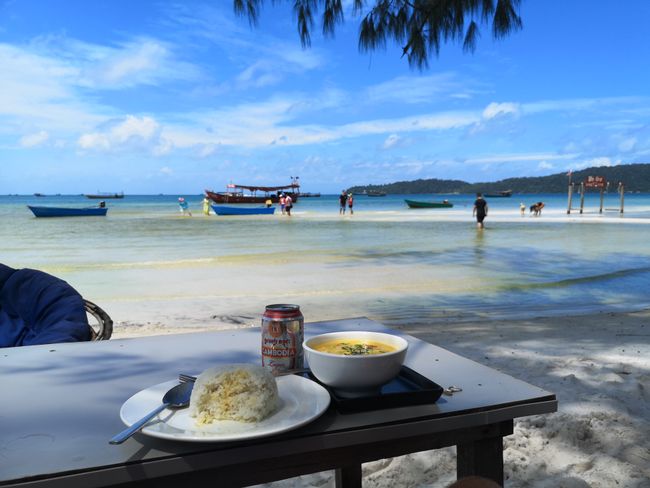
Підписатися на Розсилку
I have been in Hanoi for 5 days now, and it's been scorching hot. The temperature during the day reached 38 degrees, with a felt temperature of 49 degrees! My plan was to wake up early, spend two hours exploring the city in the morning, take a three-hour break at the hostel, spend another two hours exploring the city in the afternoon, take another break at the hostel, and go out for dinner in the evening. But because the beer was unexpectedly delicious on the previous evenings, the morning tour often got canceled.
I still highly recommend Hanoi. The street food is delicious, the beer is cheap, there are various interesting sights to see, and there are plenty of activities to do in the surrounding area.
In Hanoi, I had to buy a new pair of sunglasses because I lost my old ones. Of course, I got a pair of Ray Bans for 4€, the original ones, of course :D
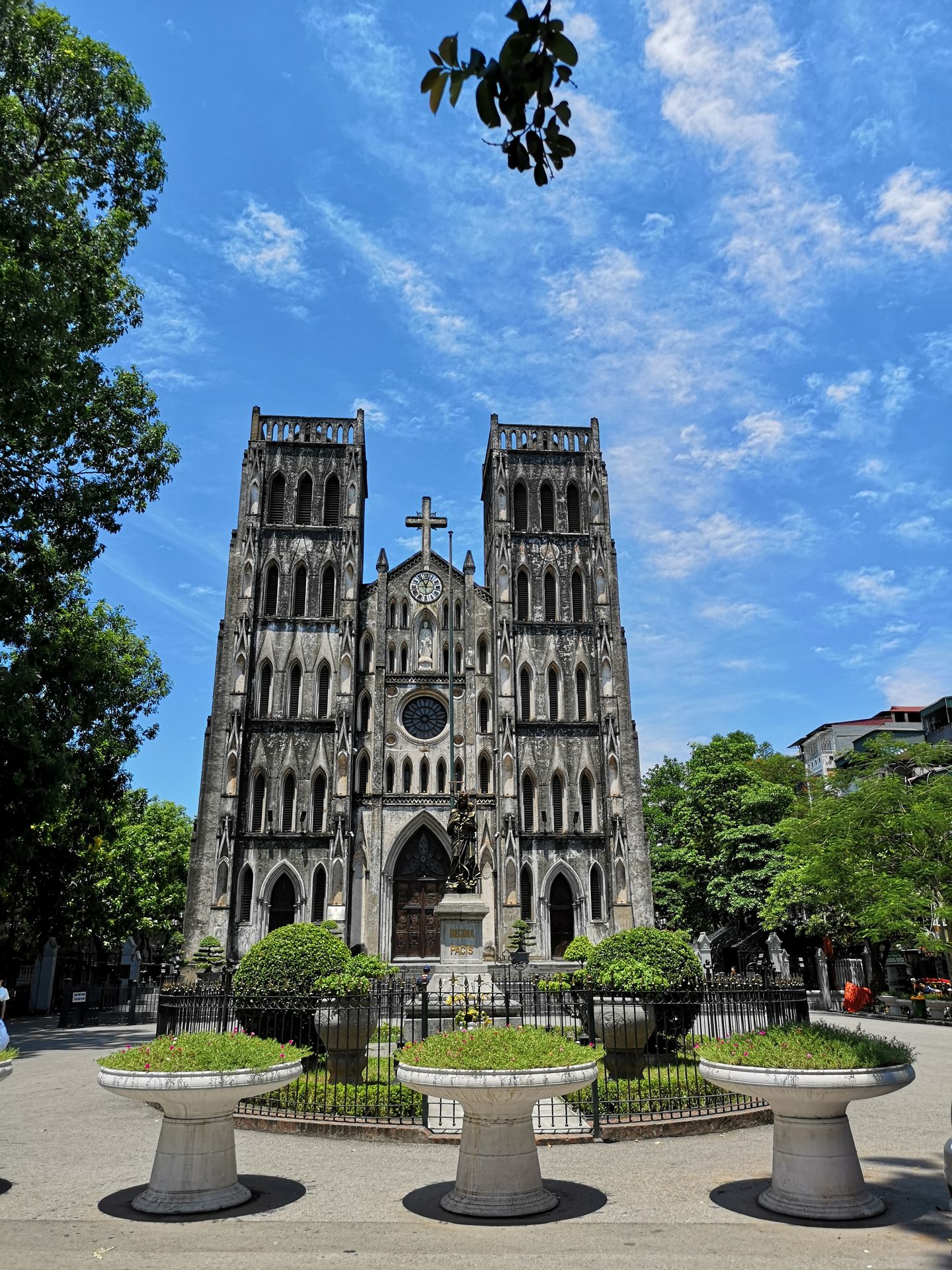

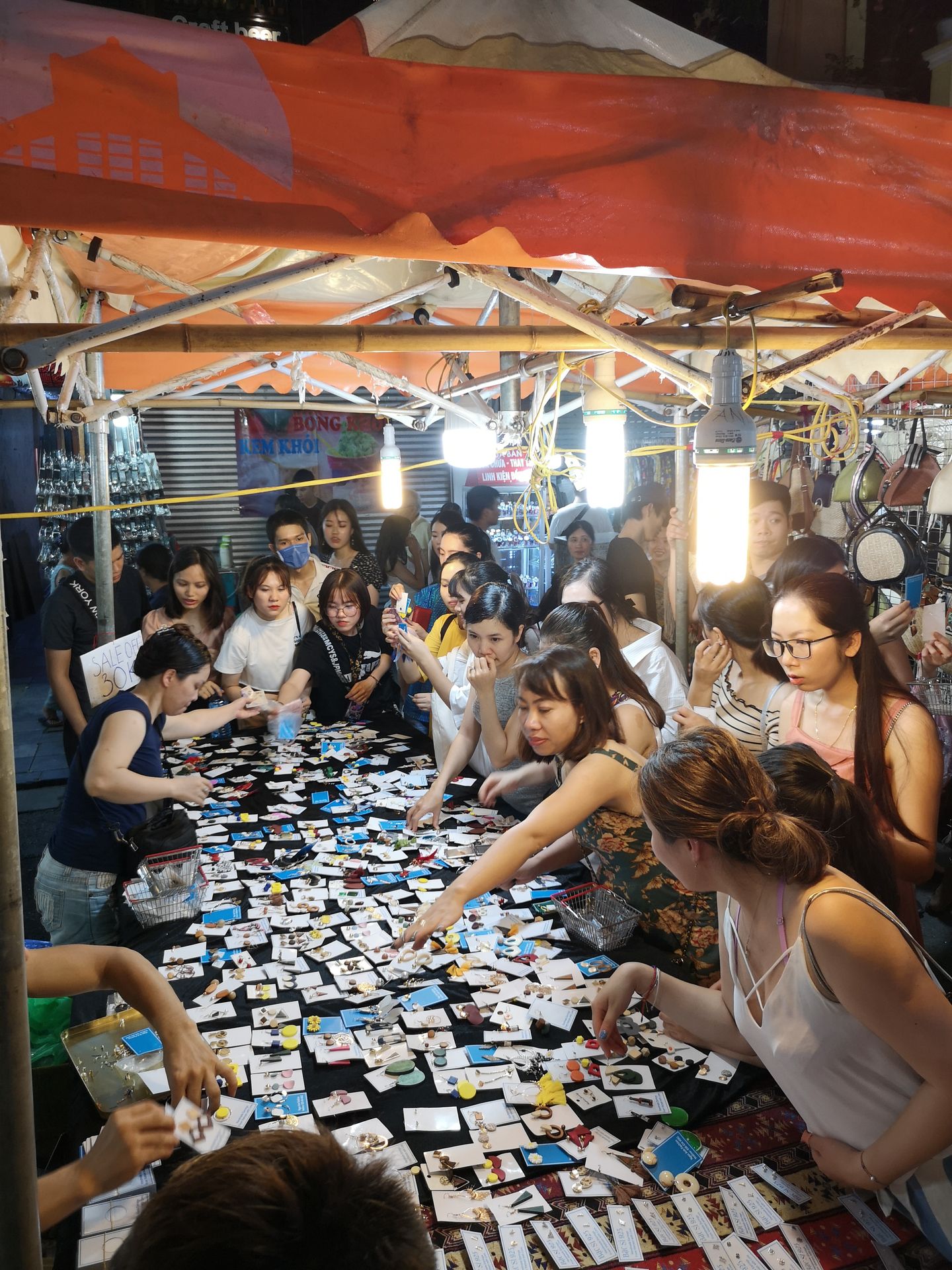
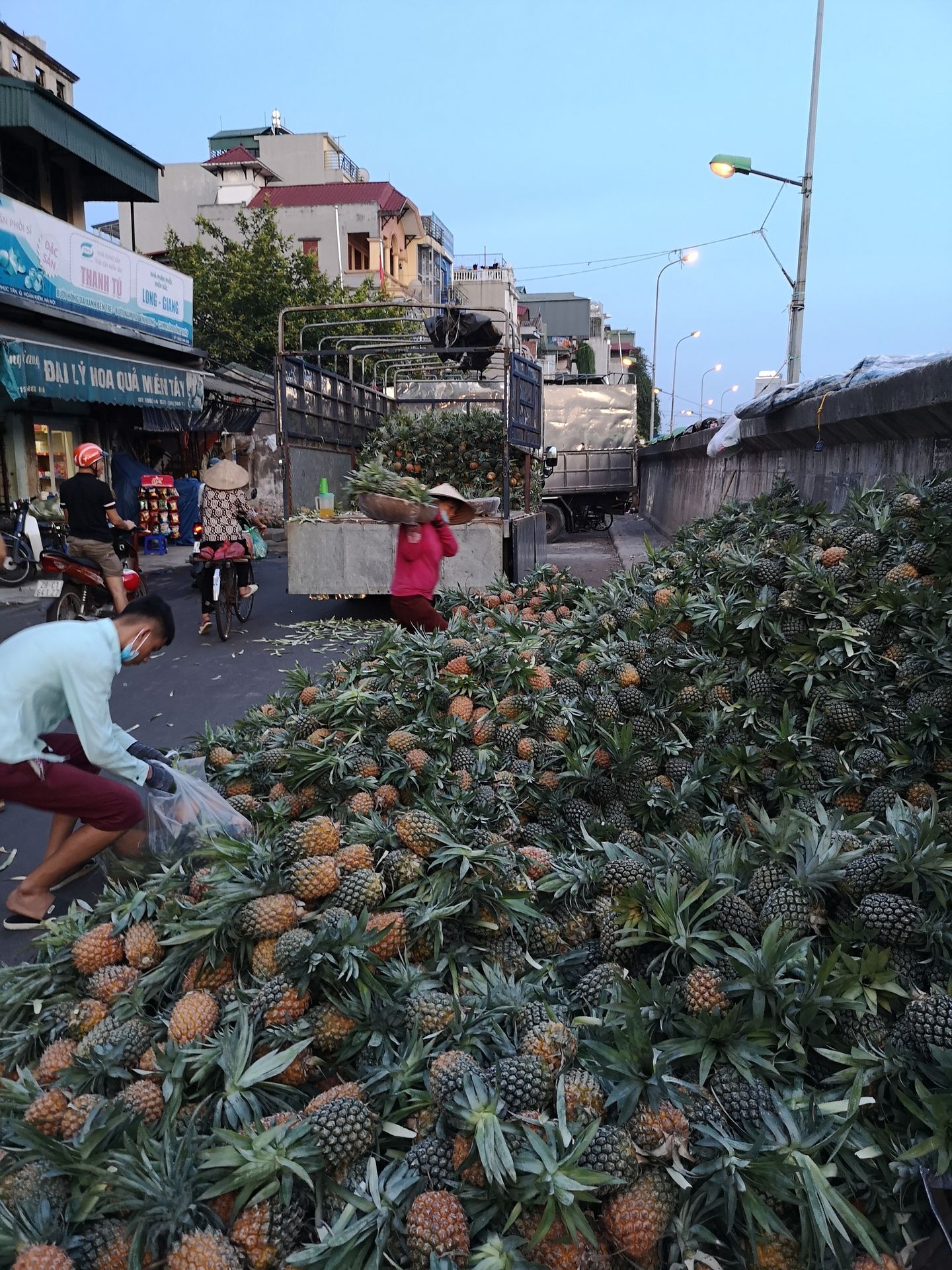
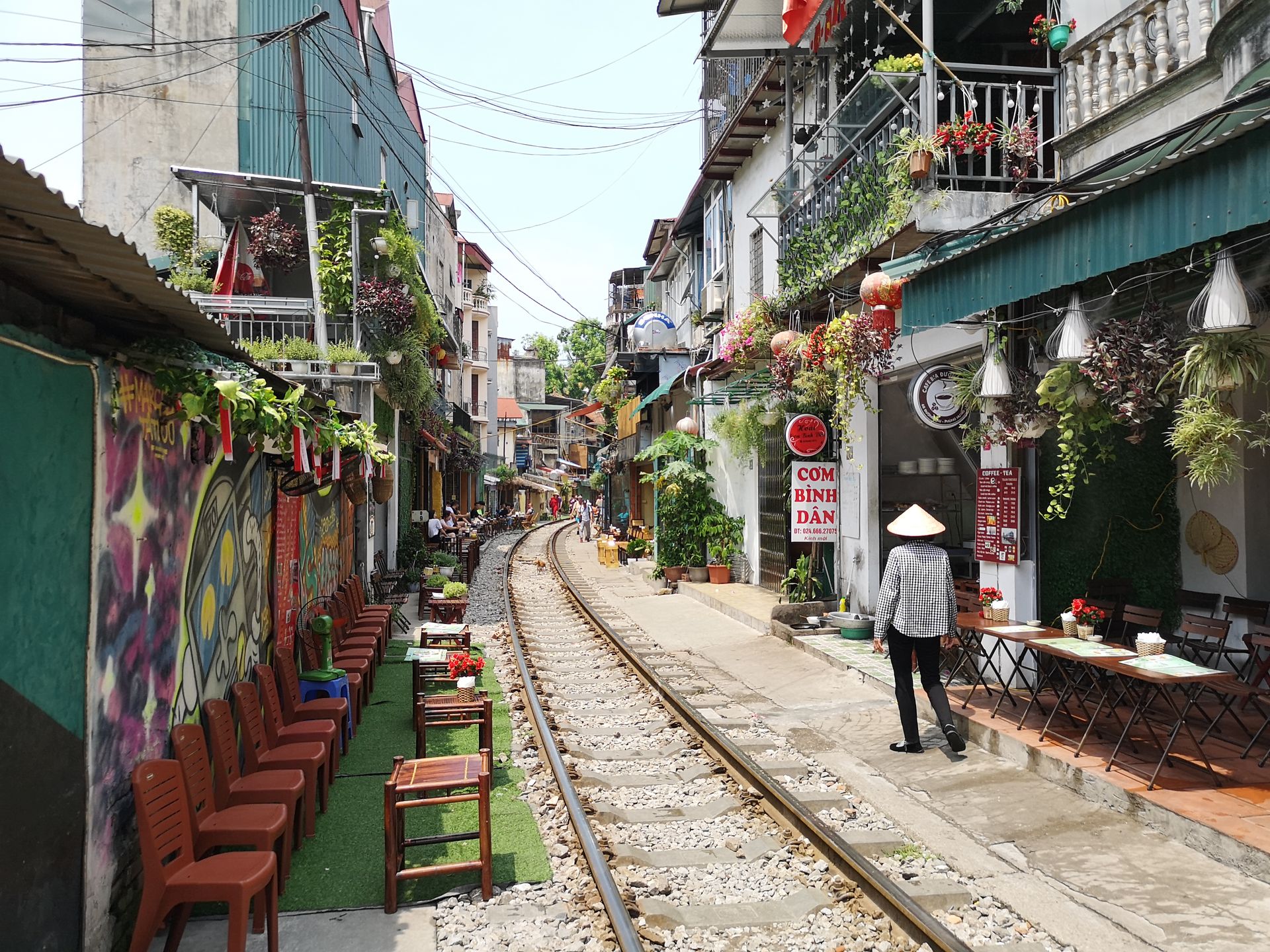
From Hanoi, I continued my journey to the north, to Sapa. The first bus ride in Vietnam was quite comfortable, and I was able to get a few hours of sleep. On the first day, I took the cable car up to the highest mountain in Vietnam, Fansipan, at 3,143 meters. But I don't really recommend it. First of all, it costs the equivalent of 30€, and everything is set up like a large amusement park. Well, the Chinese are into that sort of thing. When I reached the top, it was actually only about 10 degrees and quite foggy, with a visibility of about 10 meters. So I practically had the whole area to myself. Since it rained on the second day as well, I decided to stay in the hostel lobby, as I had already done a lot of hiking in Laos, and I will see rice terraces in Bali, so I wasn't really upset about the bad weather.
The city itself is really not worth recommending. Sapa consists mainly of hotel castles for wealthy Chinese tourists and a few hostels for backpackers. The restaurants are overpriced.

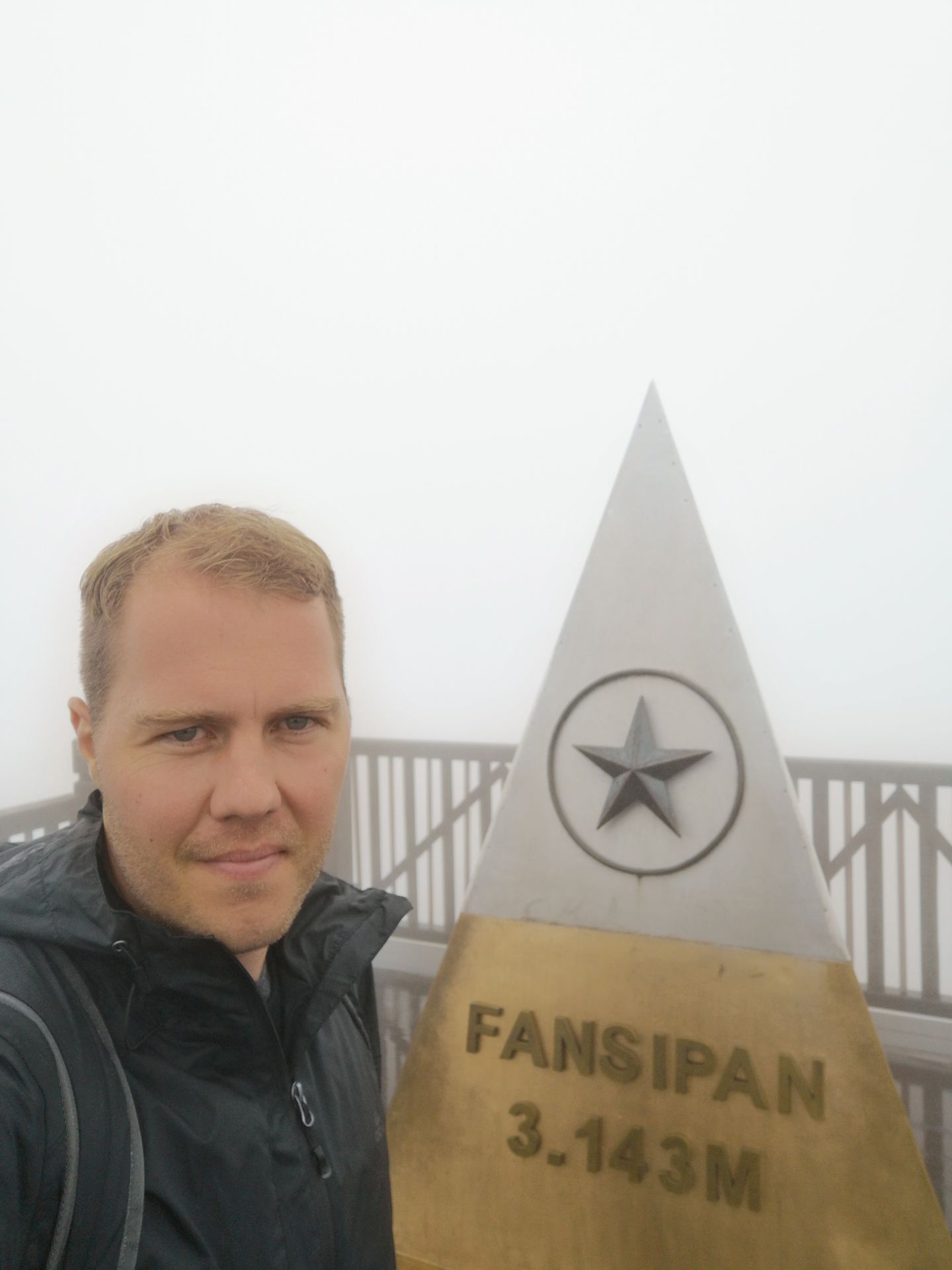
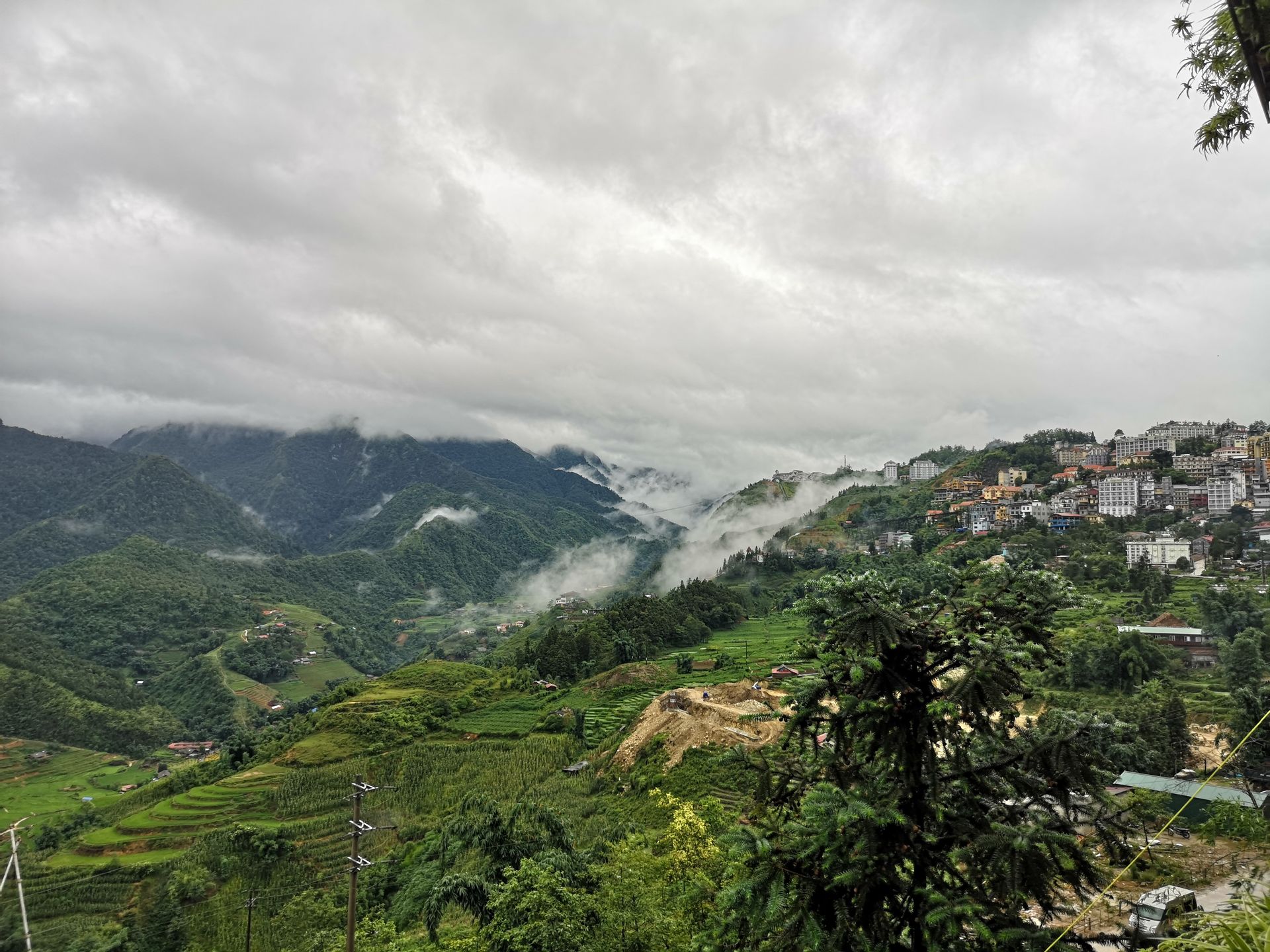
In the evening, I continued my journey by night bus to Hà Giang. Here, the plan was for my 6-day motorbike tour to begin. I was the only guest in the hostel, and I couldn't spot a single tourist in the city. Well, then I'll just ride alone. In the evening, I met up with an Israeli guy for a beer. We had arranged to meet through the Couchsurfing app, and Yarden was also traveling by motorbike. We decided to ride together for the next 6 days until we reached our destination, Cao Bang.
So, I rented a motorbike and set off with my luggage for a week-long journey over various passes, through winding roads, gravel paths, and muddy trails. The scenery was absolutely beautiful, and with a motorbike, you can experience everything much more intensely than from a bus. The danger often lurked in curves in the form of rocks or sand, and we always had to keep our eyes open for potholes. But the biggest danger was the beautiful landscape itself. It was sometimes hard to keep your eyes on the road and not constantly look to the right and left.
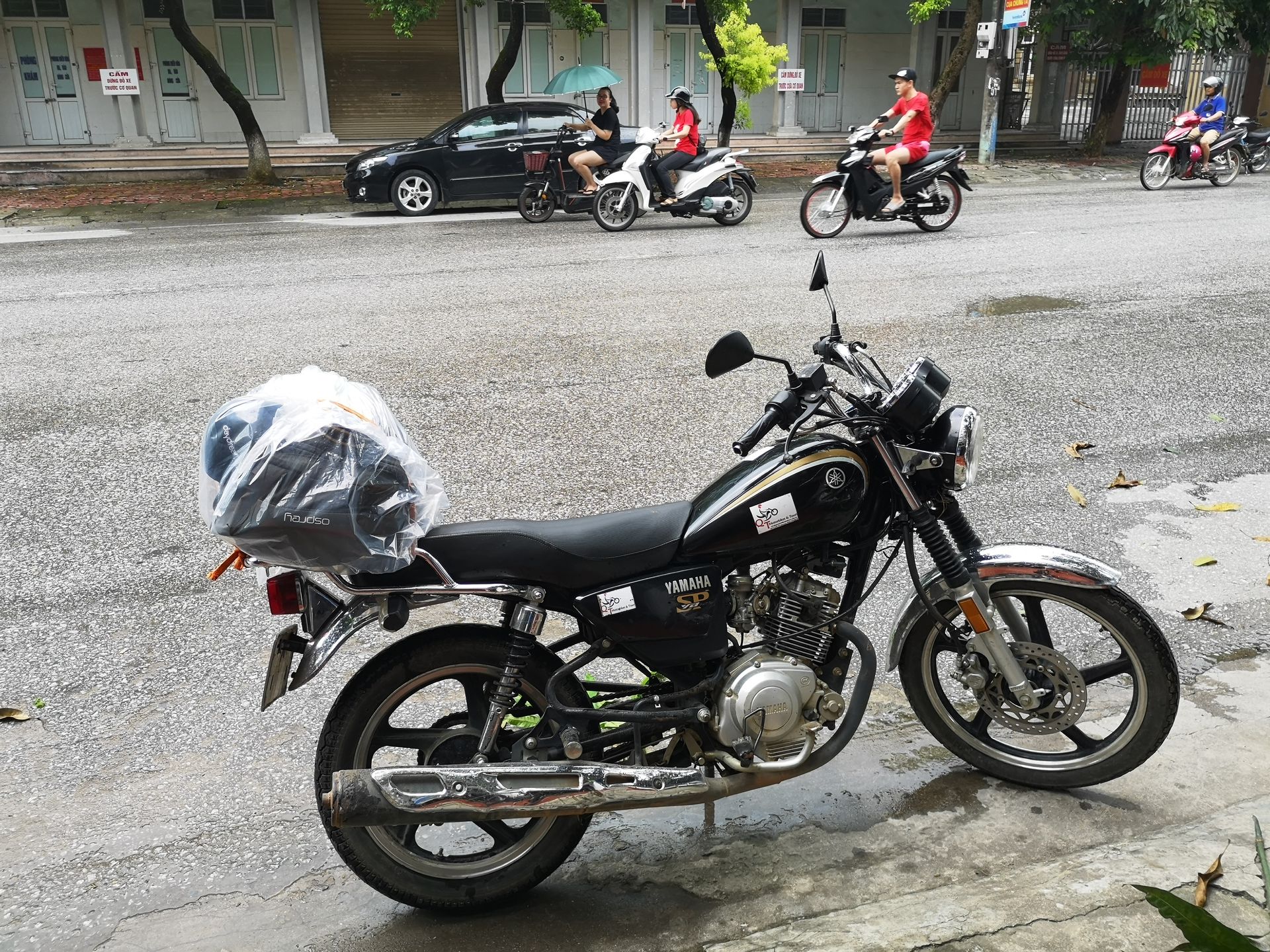
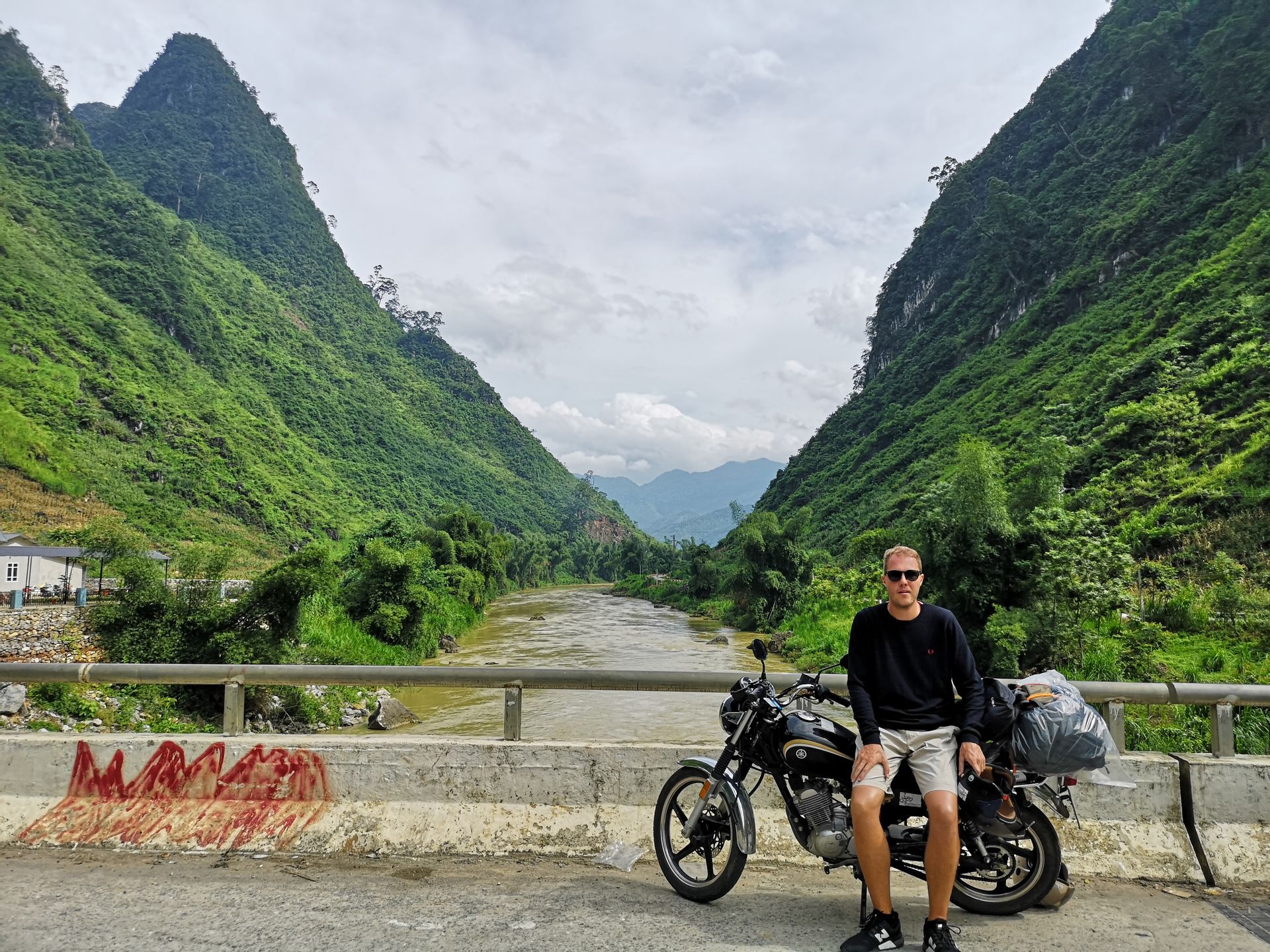

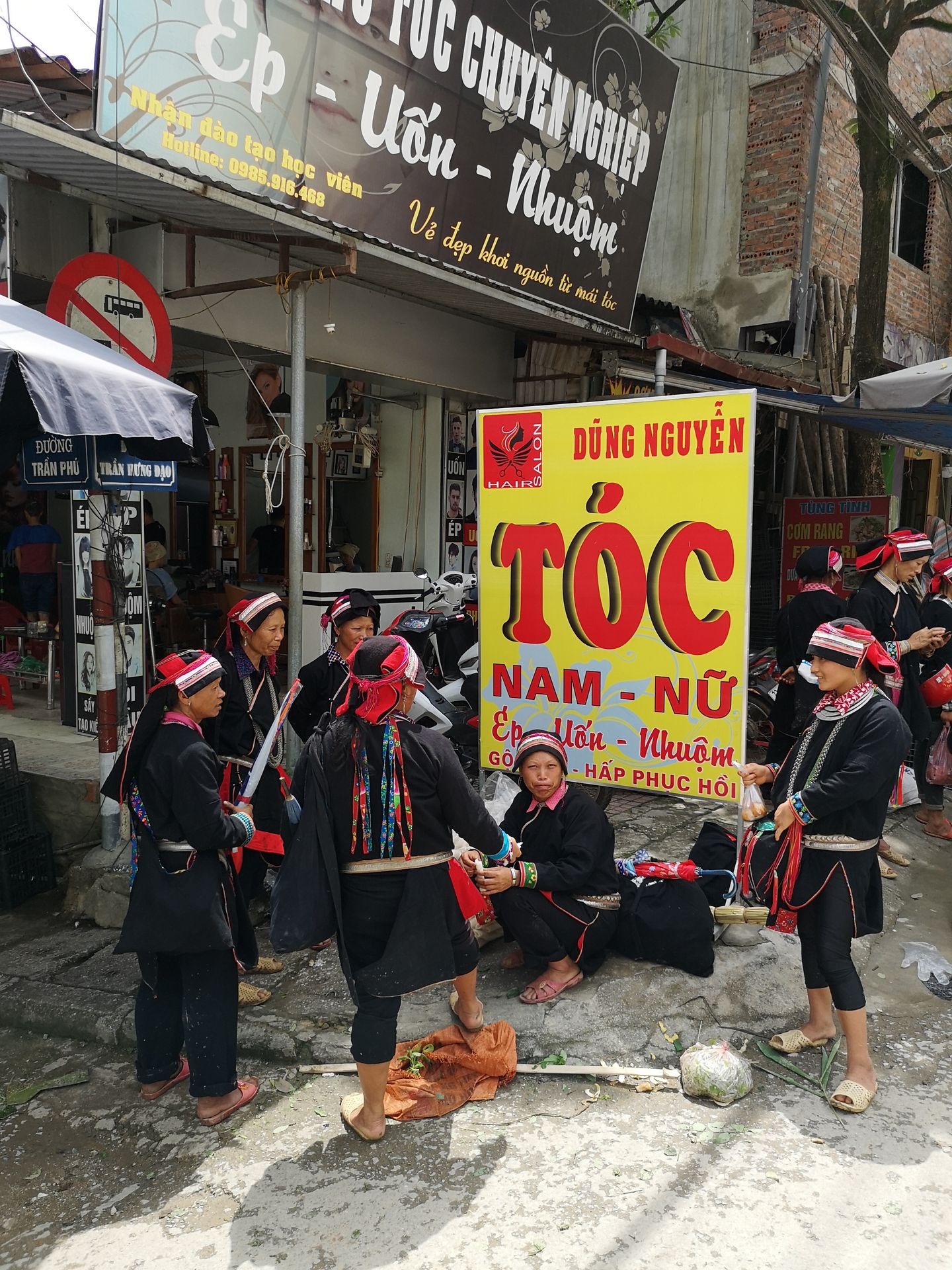
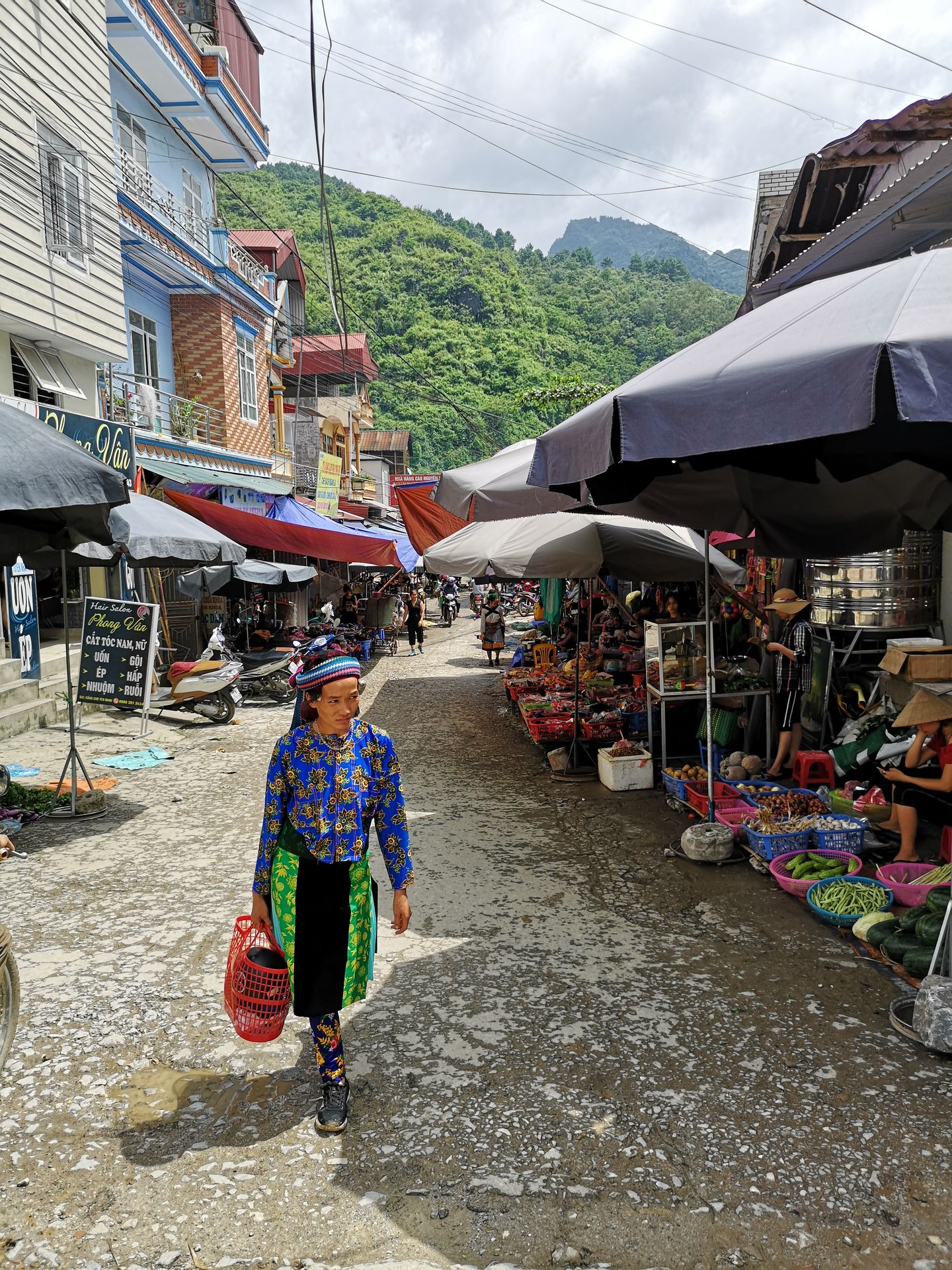
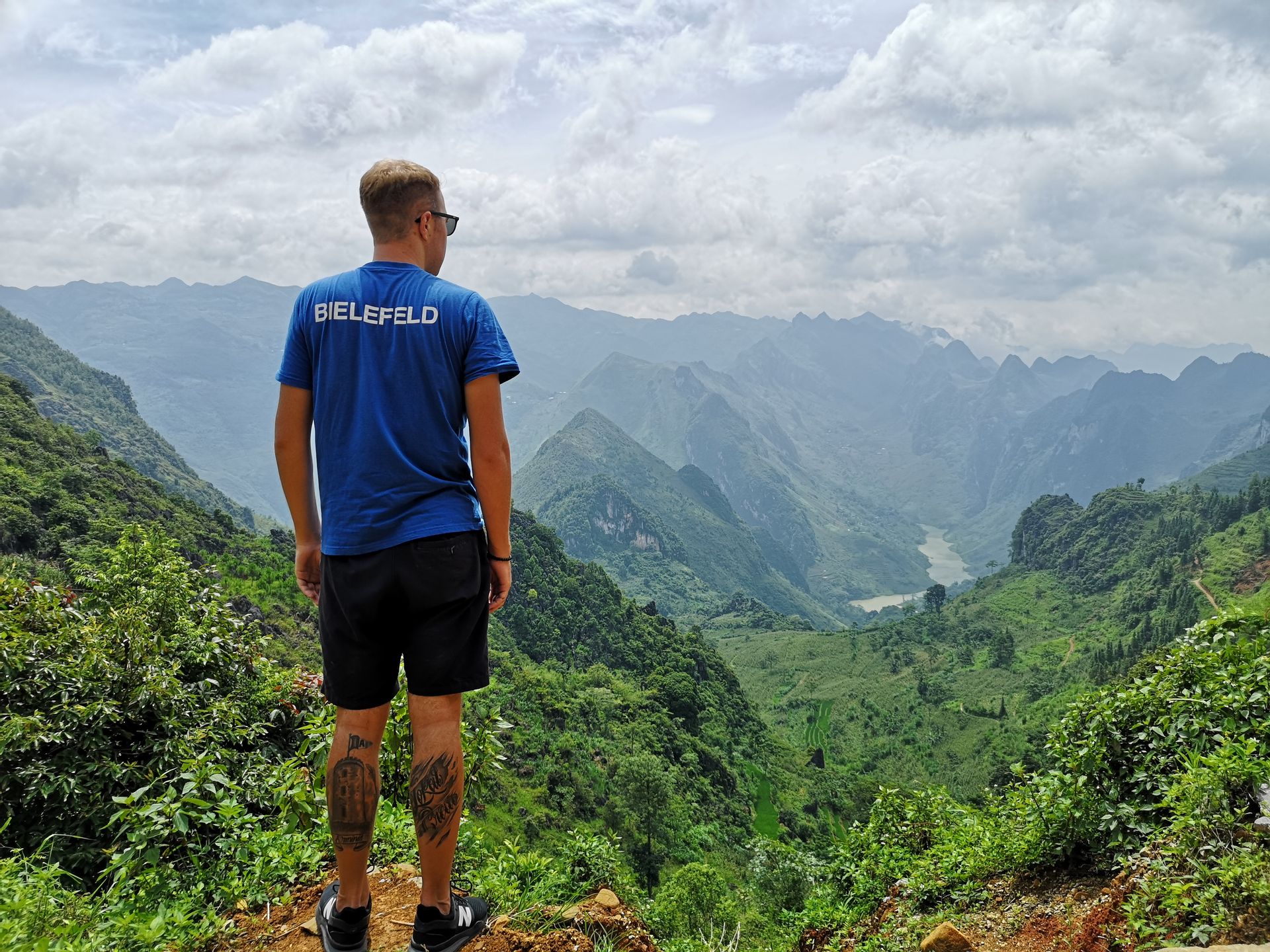
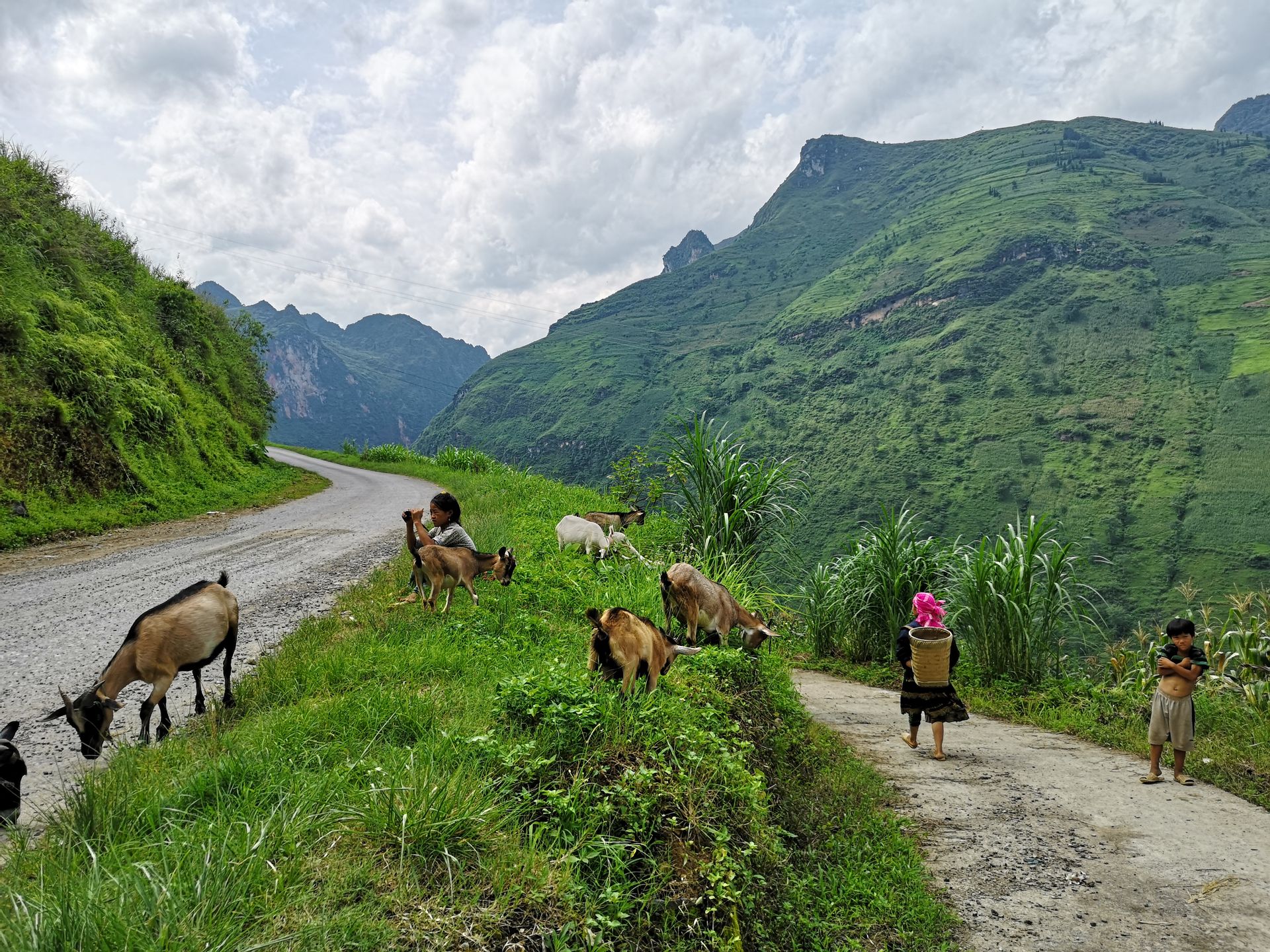

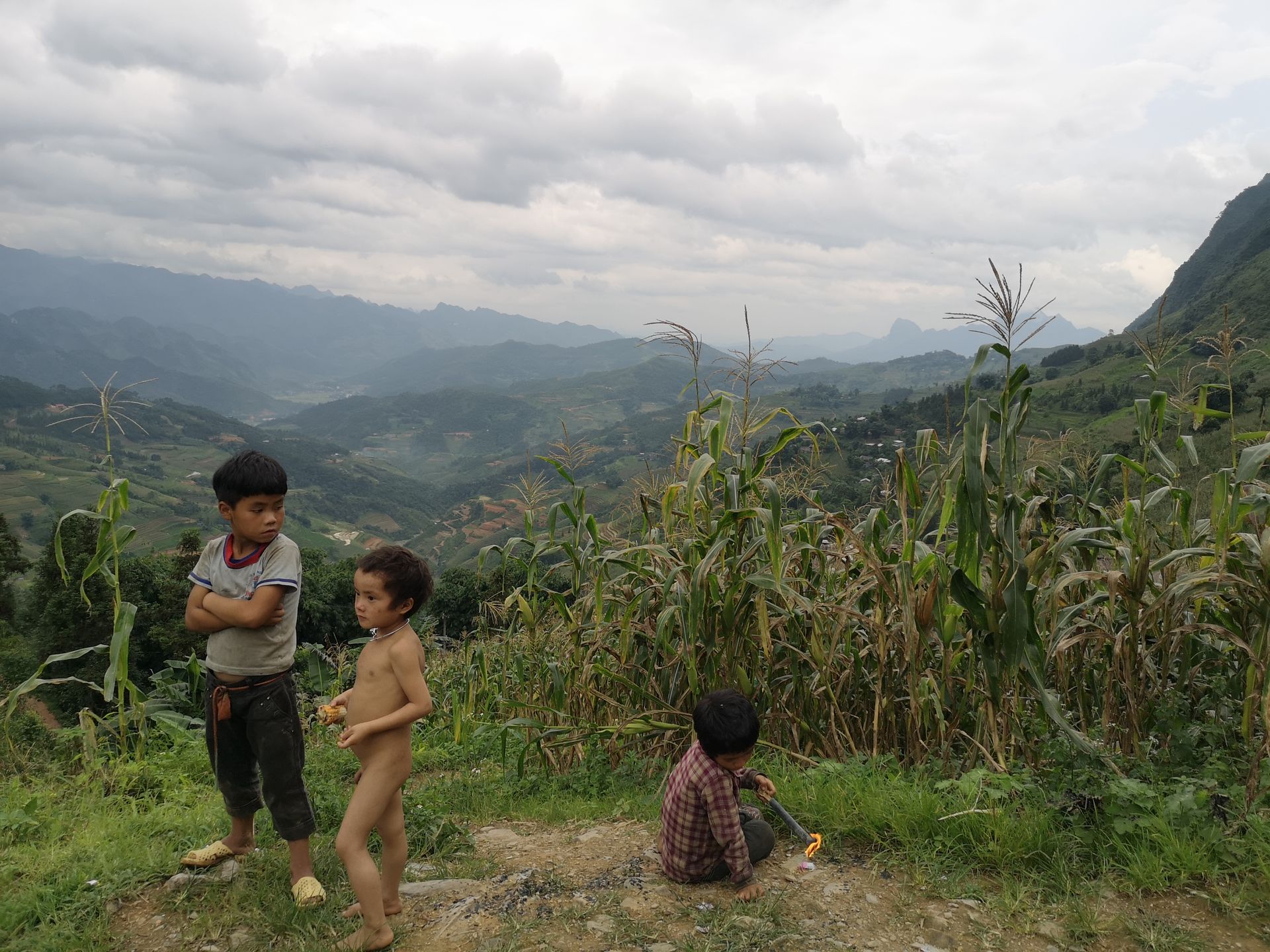
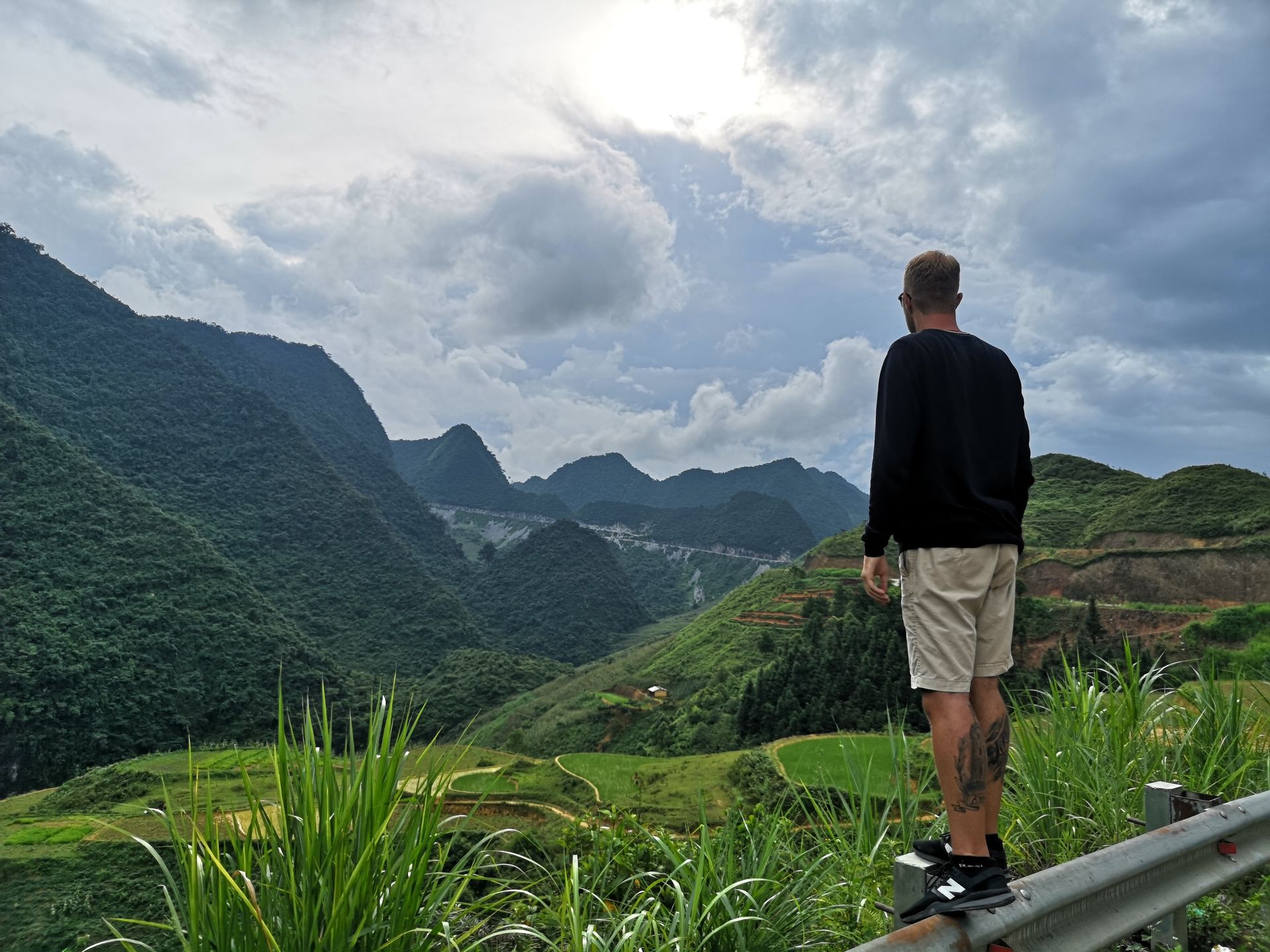
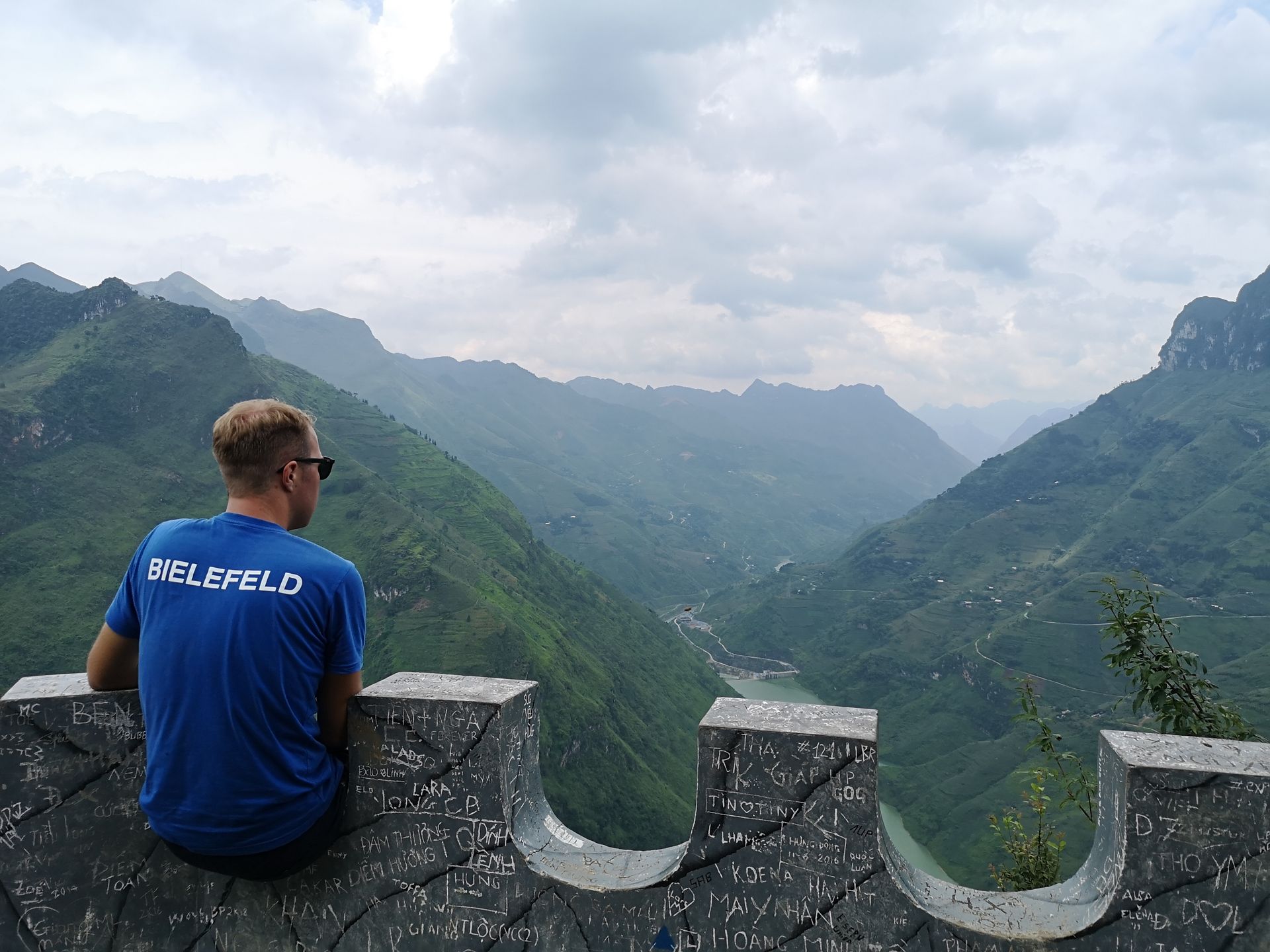
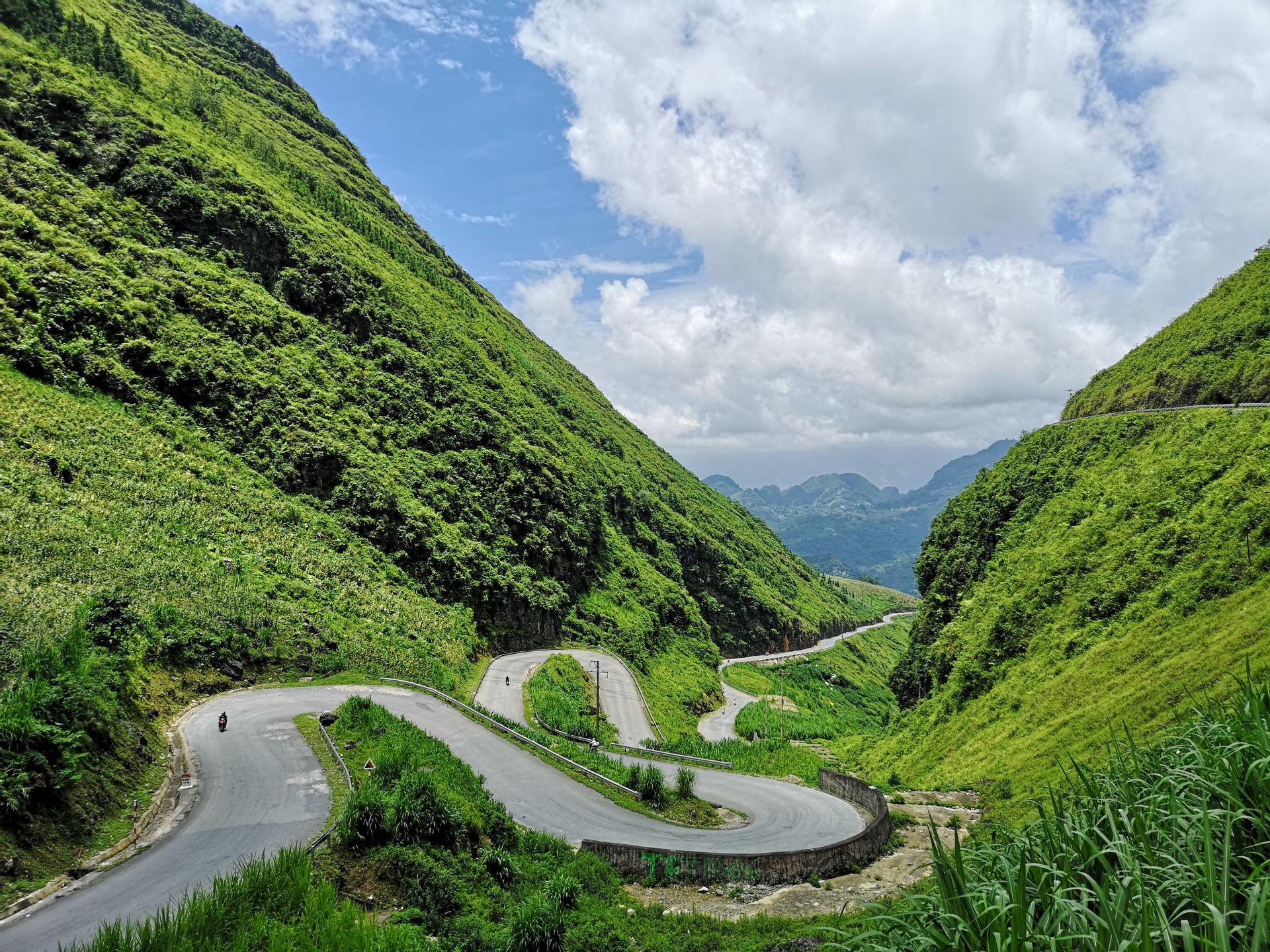
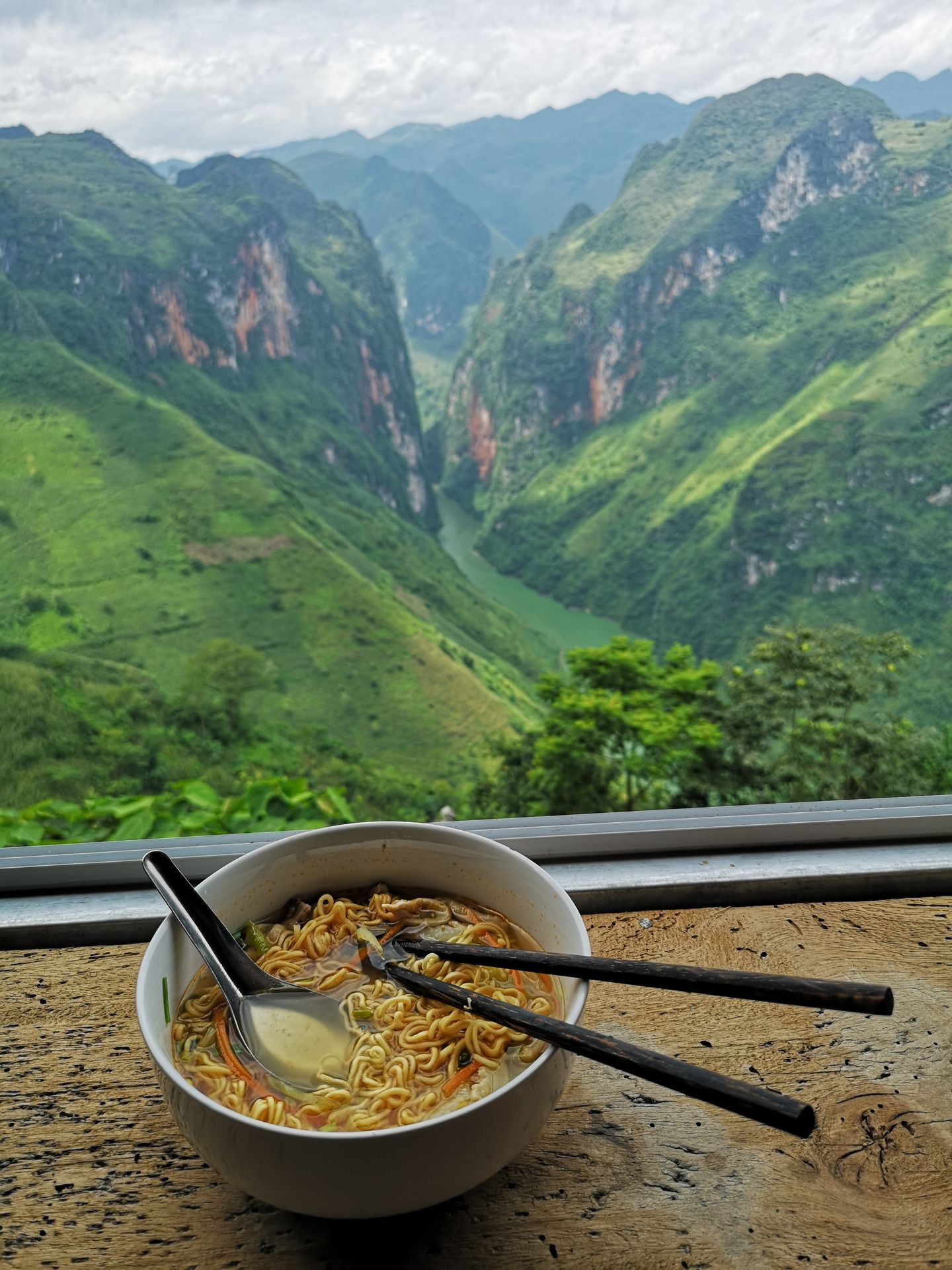
Since it's currently the rainy season in Vietnam, we got our butts wet a few times, but it's not too bad when it's 30 degrees. However, due to the high humidity, it was impossible to dry our clothes, and there's no need to look for a dryer here. On the last day of our tour, we went to the Chinese border to see the Bản-Giốc-Detian Waterfalls. Unfortunately, due to the rainy season, swimming was not possible, but the water volume was impressive. The Vietnamese boats were easily distinguishable from the Chinese ones. The Chinese boats had more life jackets than passengers, while the Vietnamese boats had a few red rags per boat to at least appear somewhat safe. Well, I heard that the Chinese can't swim. On the way back, we got completely wet, so it was a relief to be able to dry my clothes on the night bus to Halong Bay.
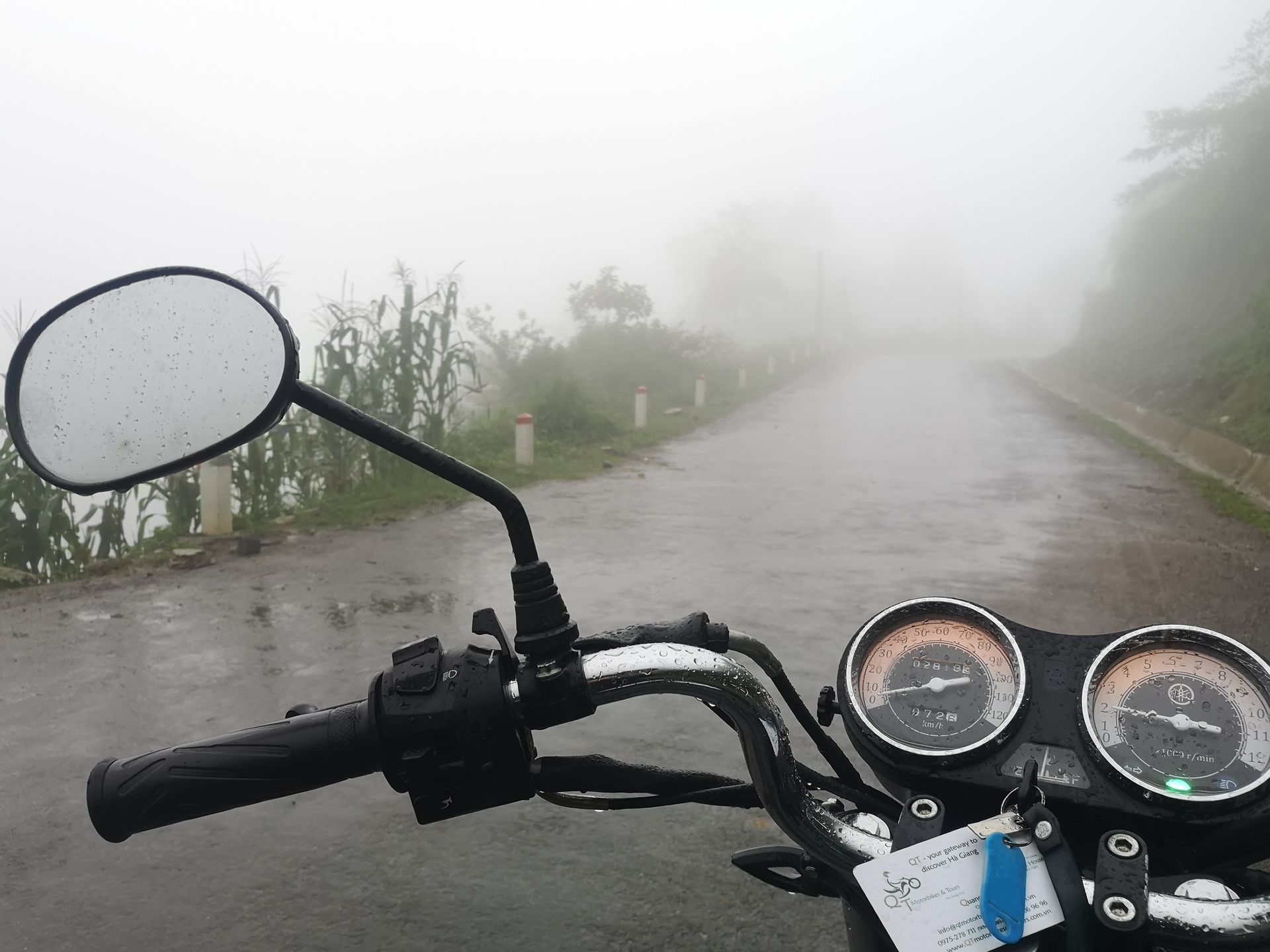
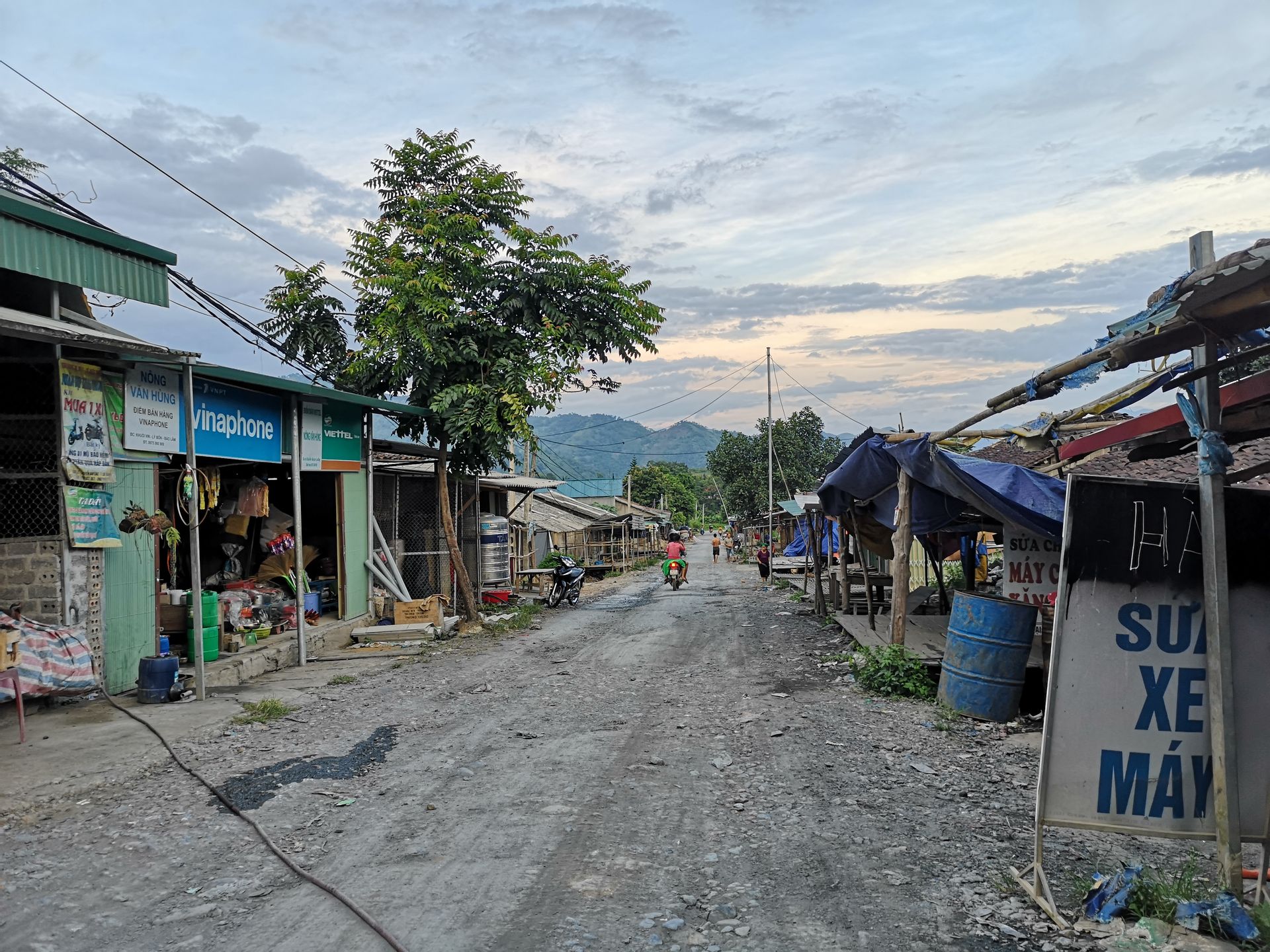
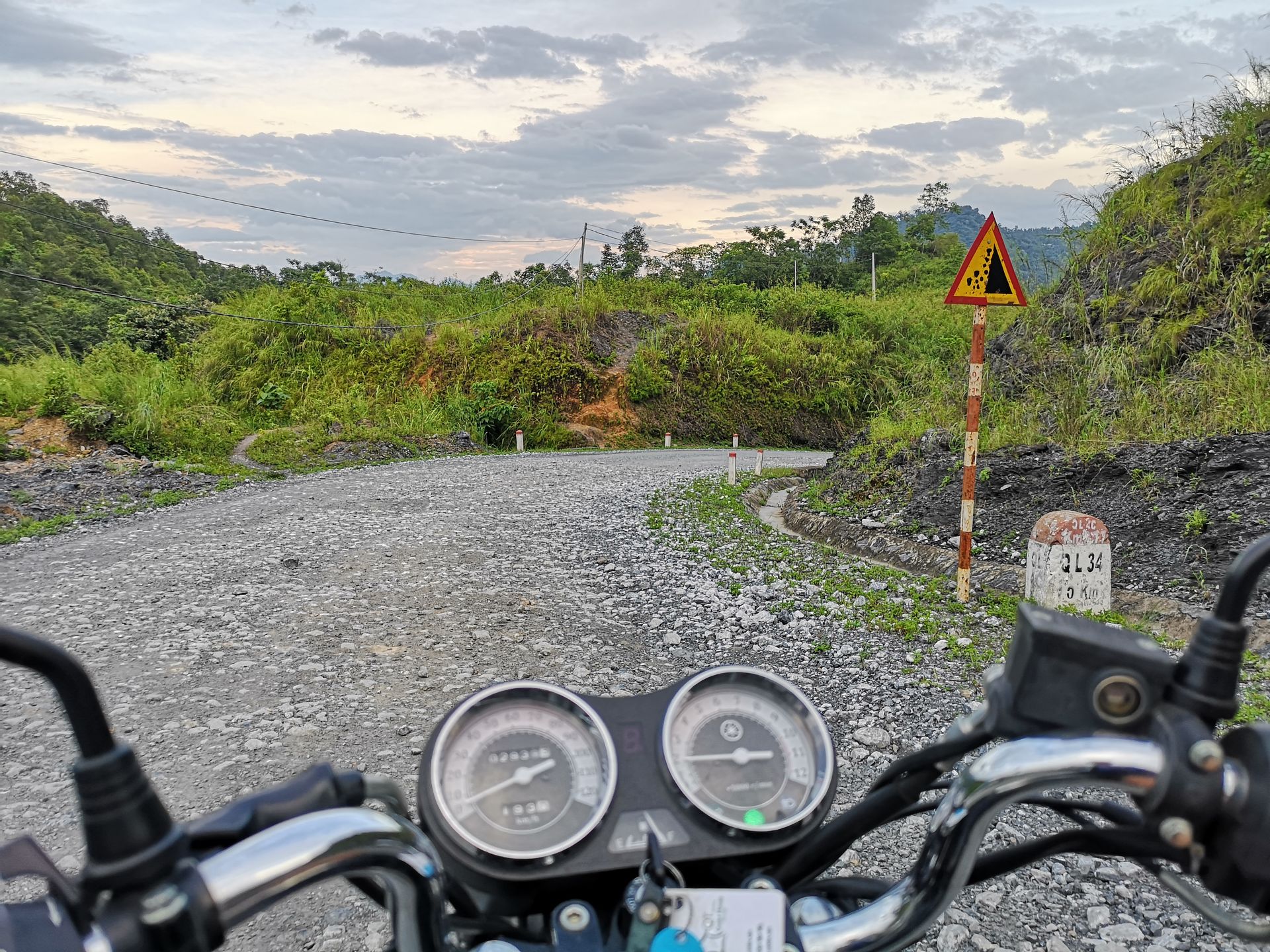
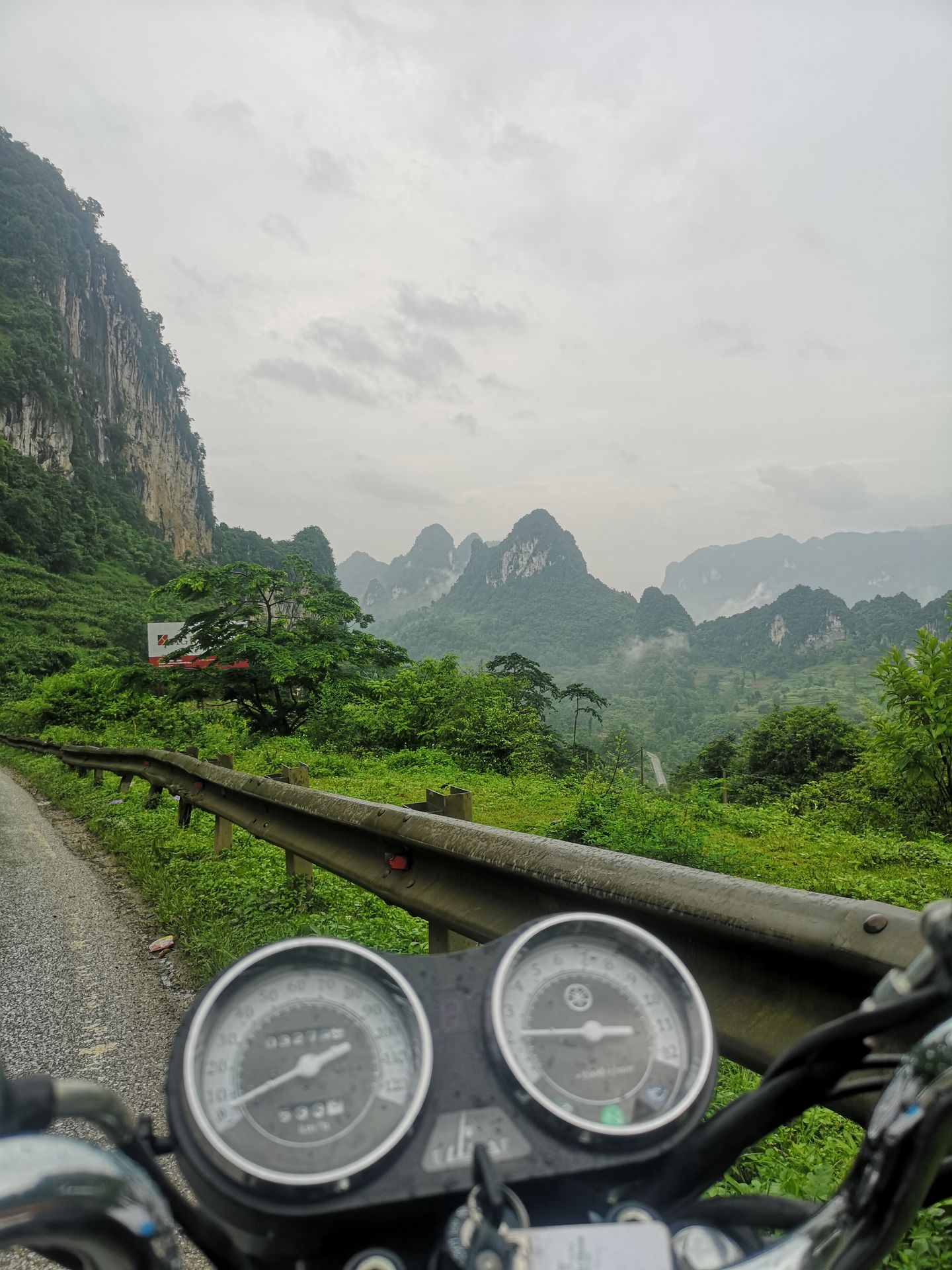
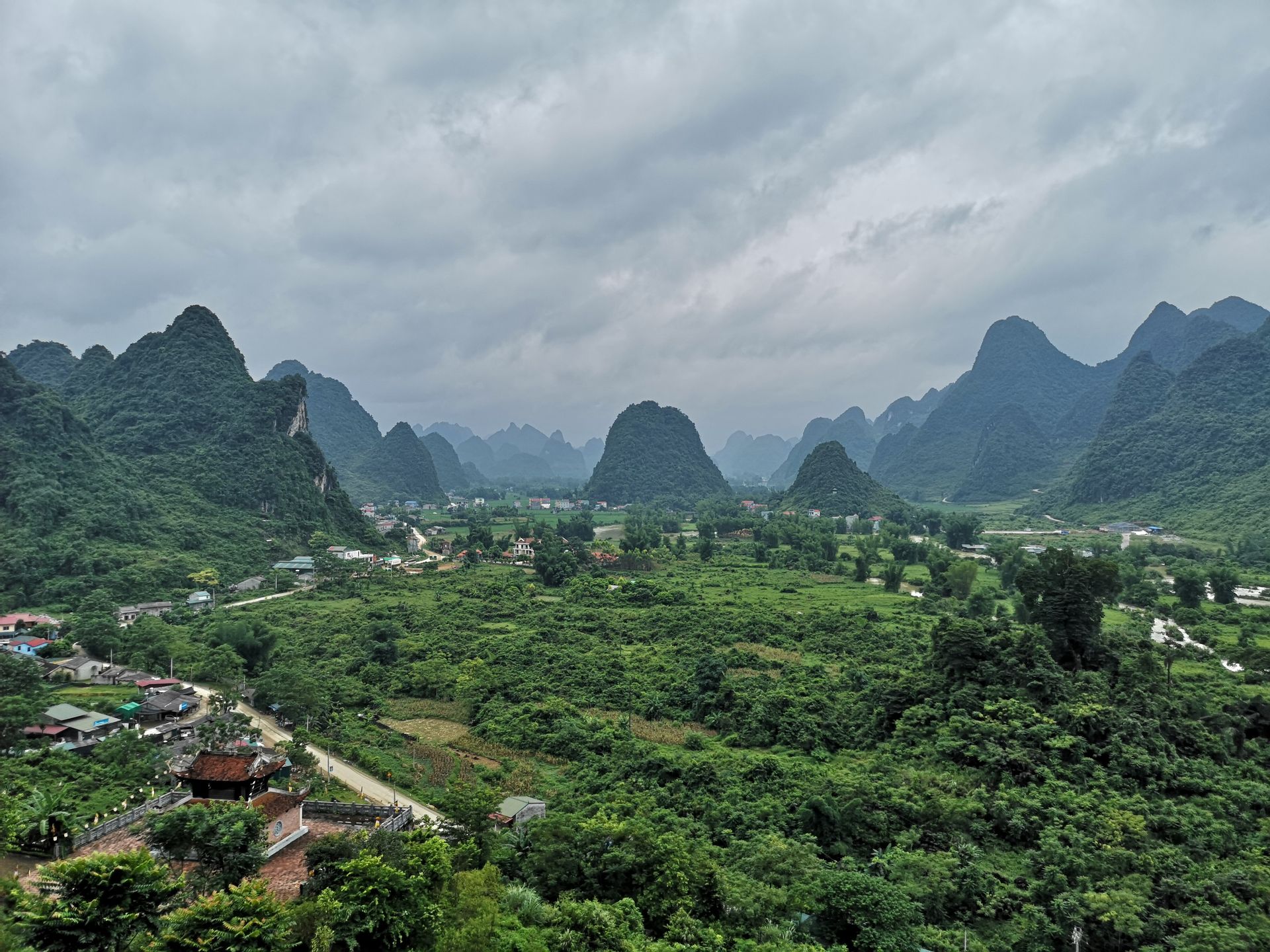
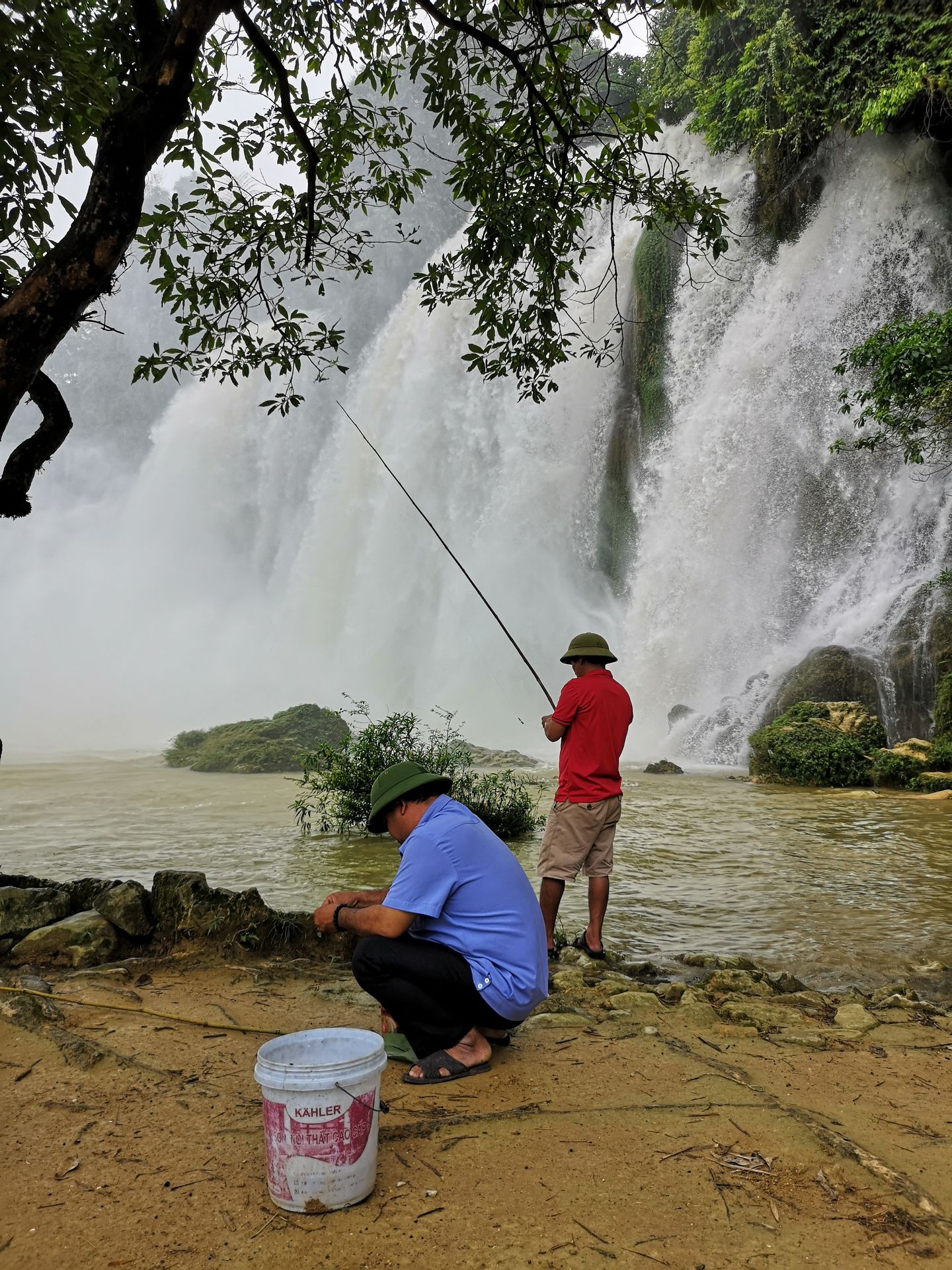
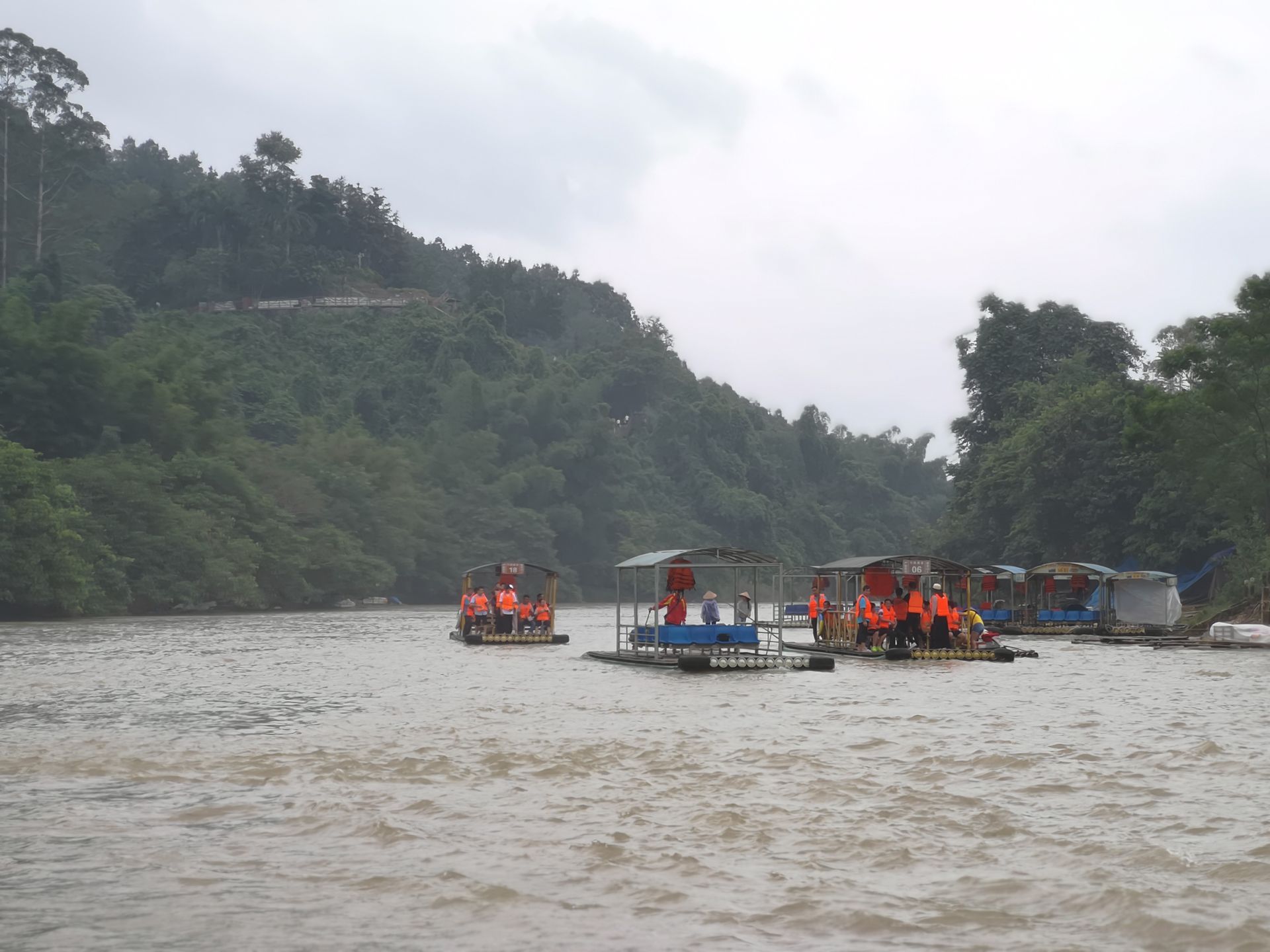
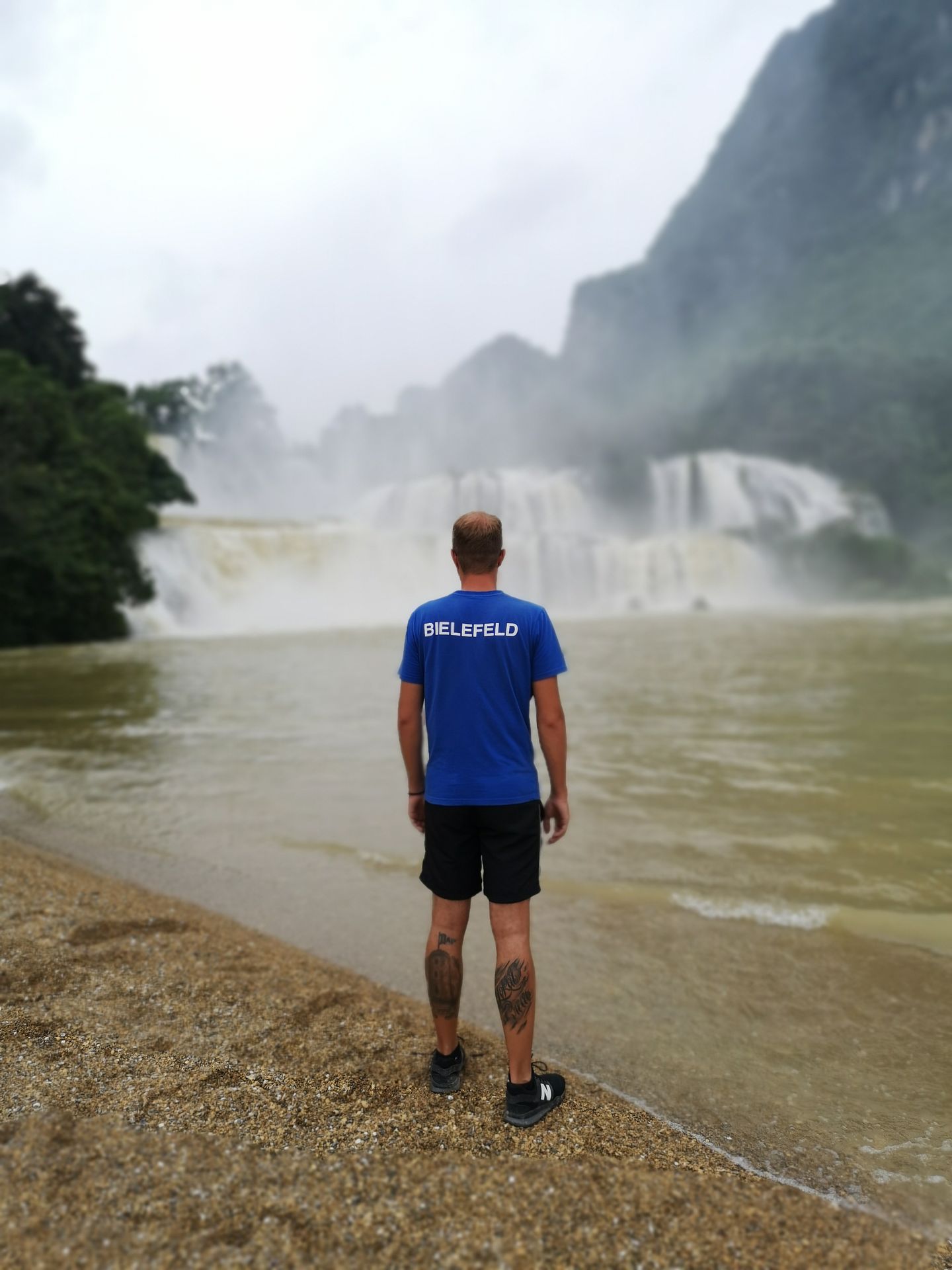
Upon arrival in Halong Bay, I immediately booked a 2-day tour with an overnight stay on a boat. It was the most affordable option for me; I didn't need a separate cabin and a fancy dinner with wine and candles. So, I spent the night on a sun lounger on the sundeck, under the open sky. We were woken up at 6 am by a tropical rain shower. I haven't slept this well in a long time, it was glorious!
After that, we kayaked to several lagoons and caves, passing by floating villages. The scenery is absolutely breathtaking, and the hidden lagoons are worth a visit, if it weren't for all the trash. Since Halong Bay is a bay, there are no currents like in the open sea. As a result, the trash accumulates in many corners of the bay, and we had to paddle our way through several garbage patches. The lagoons were inviting for swimming, but I decided not to swim because there was Styrofoam and plastic bottles floating everywhere. Finally, we visited a cave that could only be reached by crawling through the sand, a great experience. All in all, Halong Bay is a natural wonder, but the people are currently destroying it, so I probably won't come back.
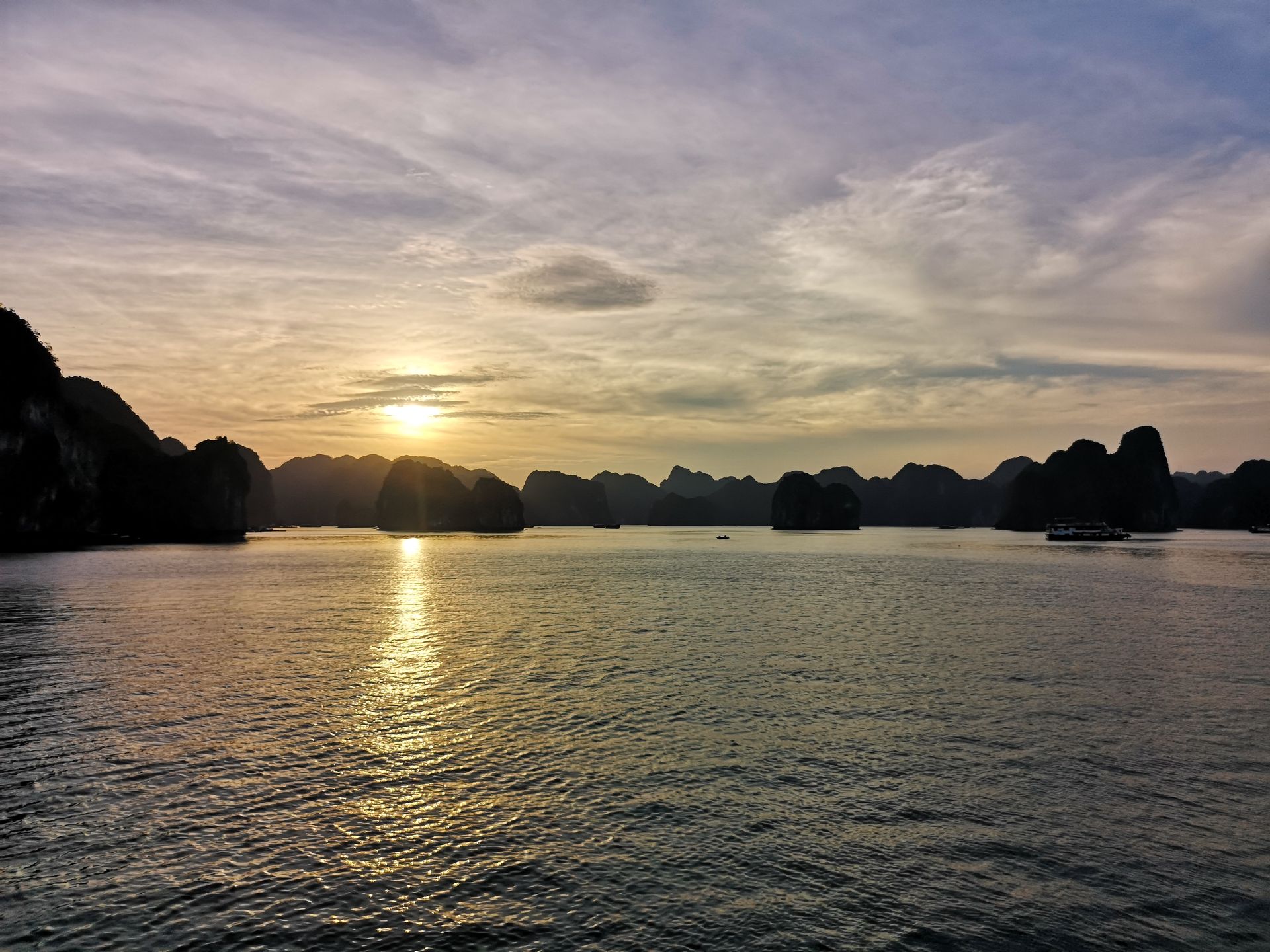
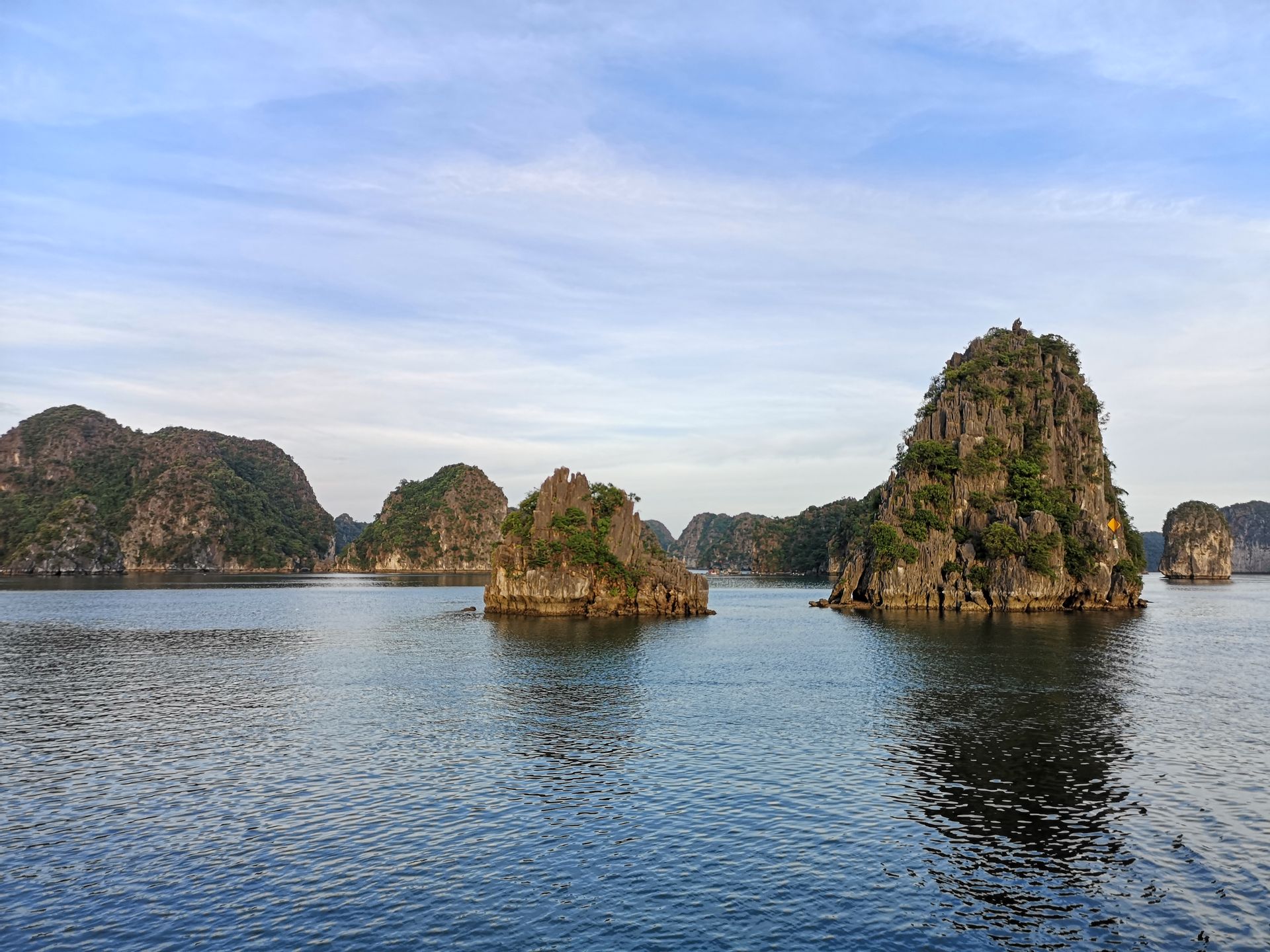
Next, I continued my journey by night bus to Hue and Hoi An. This night bus ride was also quite comfortable, and it seems that I left behind the bad luck of annoying bus rides at the Vietnamese border.
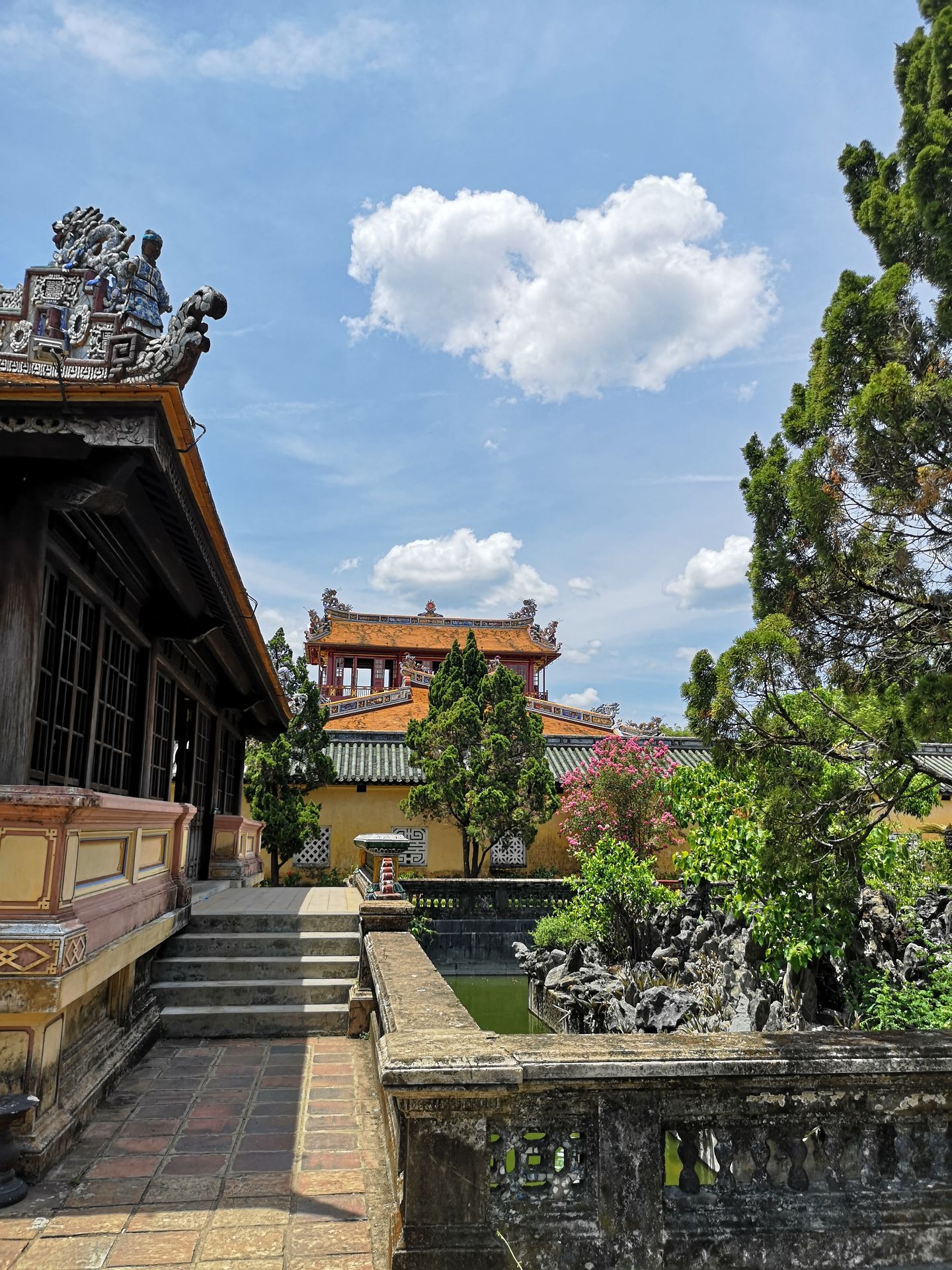
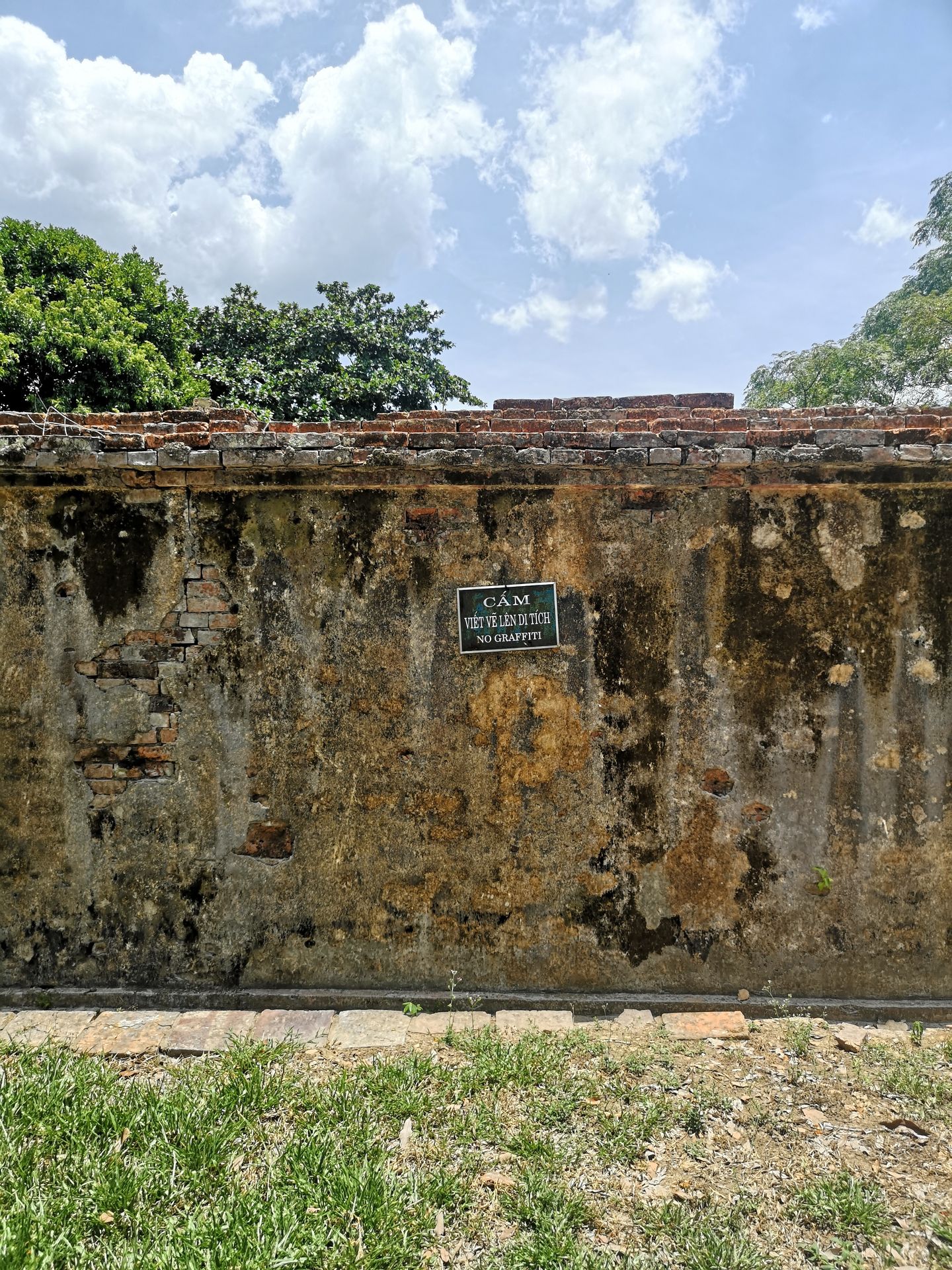
In Hue, I visited the old citadel, which is definitely worth seeing, during the day, and then I continued my journey to Hoi An in the evening. After 14 days and 13 different accommodations, including bus rides, I was glad to have 4 nights in the same cozy bed. I had already been to Hoi An 3 ½ years ago, and while it's still beautiful, it's even more crowded and overrun than it was back then. Since I already knew the old town, I spent a lot of time at the beach and took care of a few things. I needed new pants, which I had tailored locally (15€), and I also needed new shirts because the sun had already faded some of my clothes, and it's only been less than 2 months...
In between, I went to the hairdresser again, got a shave, and had my hair trimmed. Since a shave only costs 1 to 2€ here, I definitely won't be using a razor here.
My hostel offered some interesting tours, which I naturally participated in. These included a street food tour, a bike tour, and a spring roll tour. Considering that they were free, they were very well organized and a lot of fun.
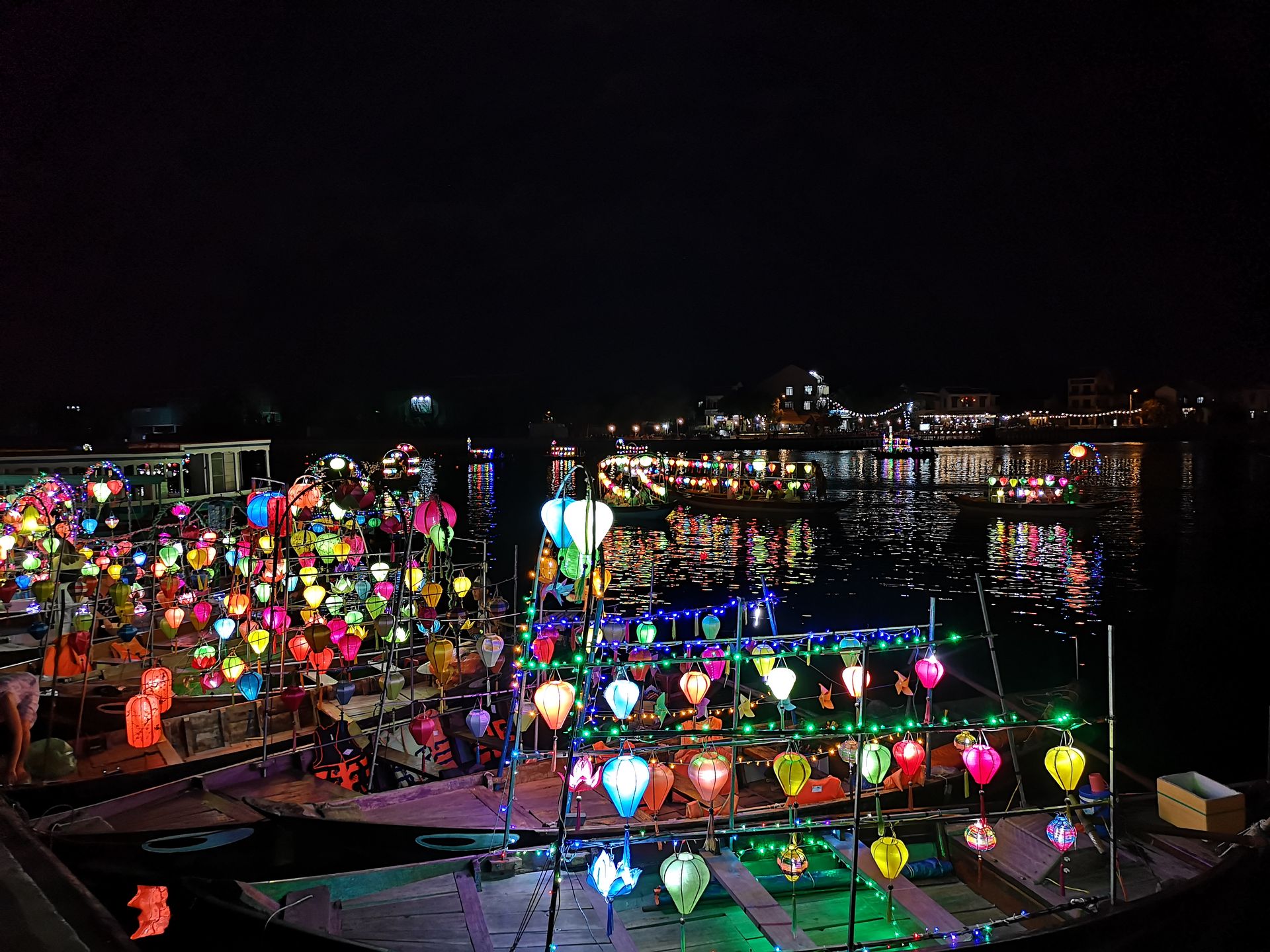
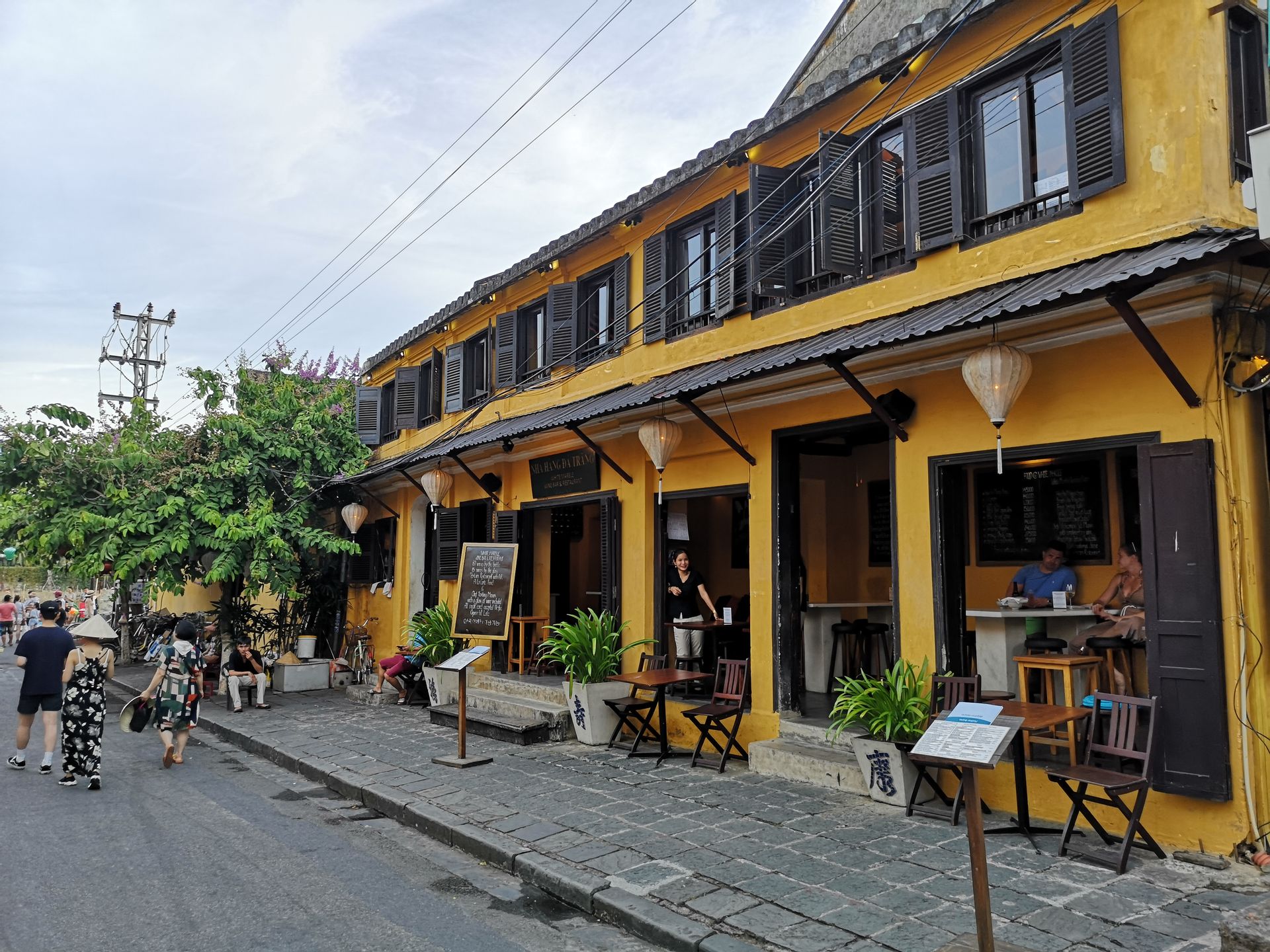
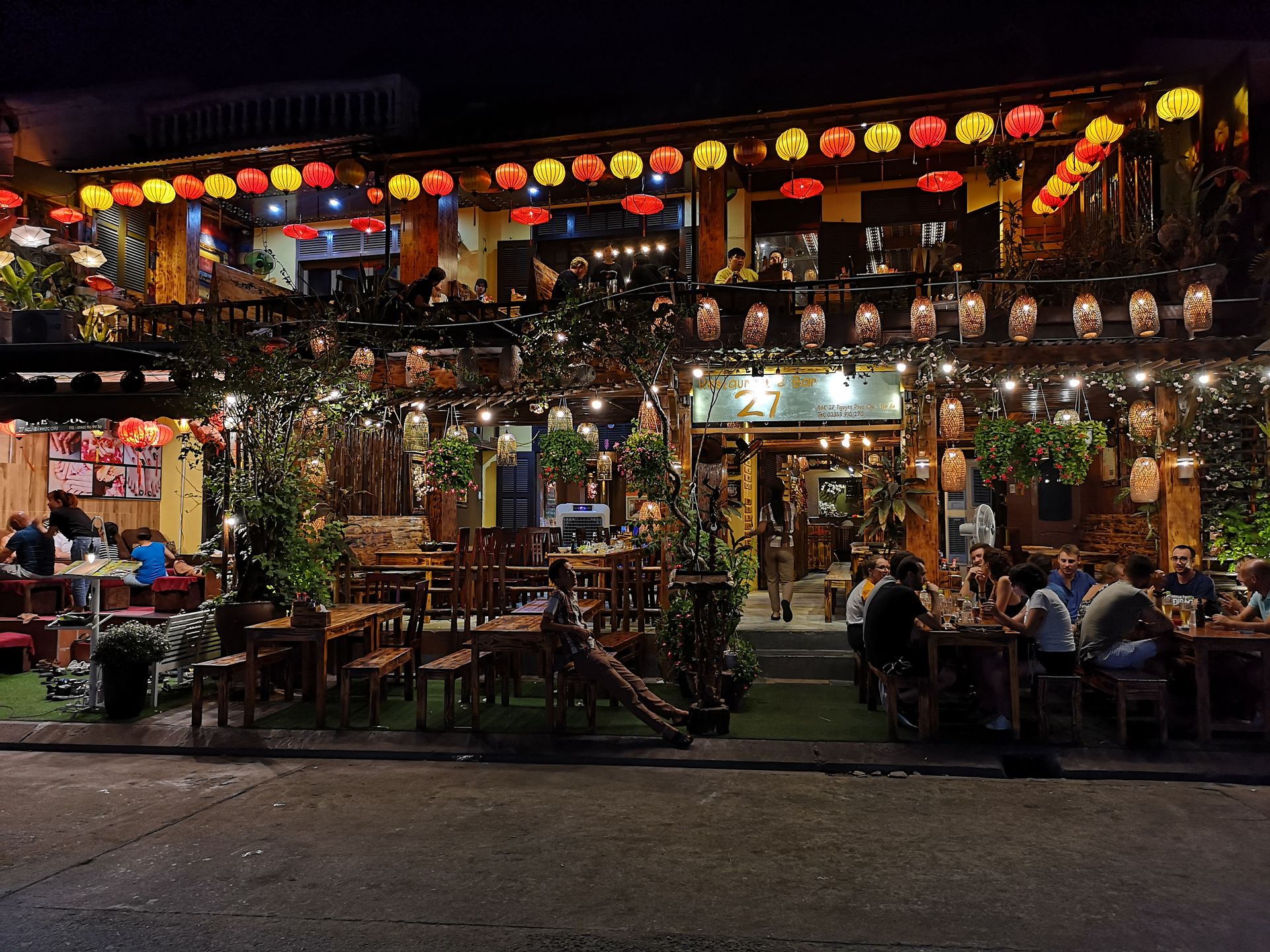
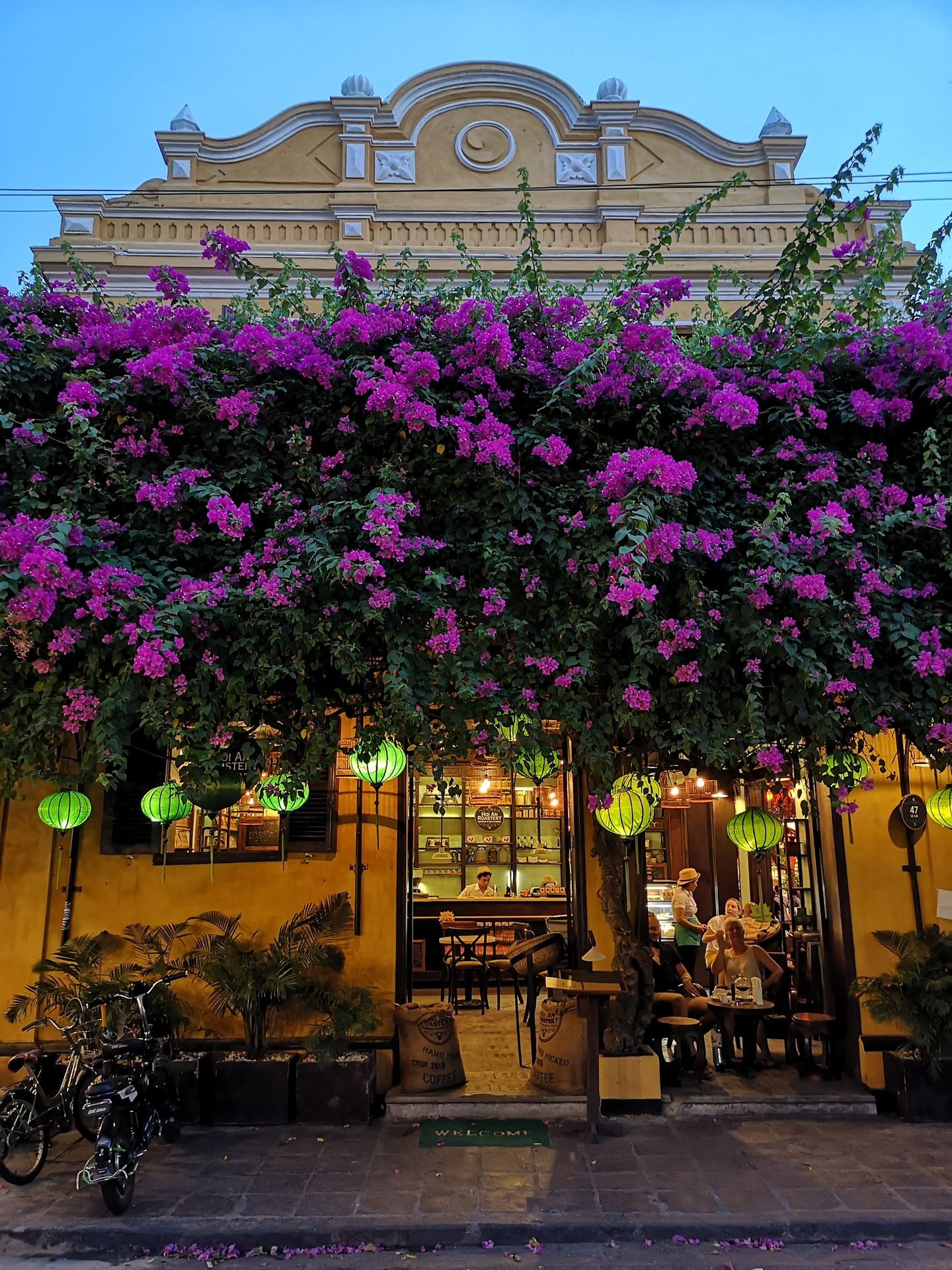
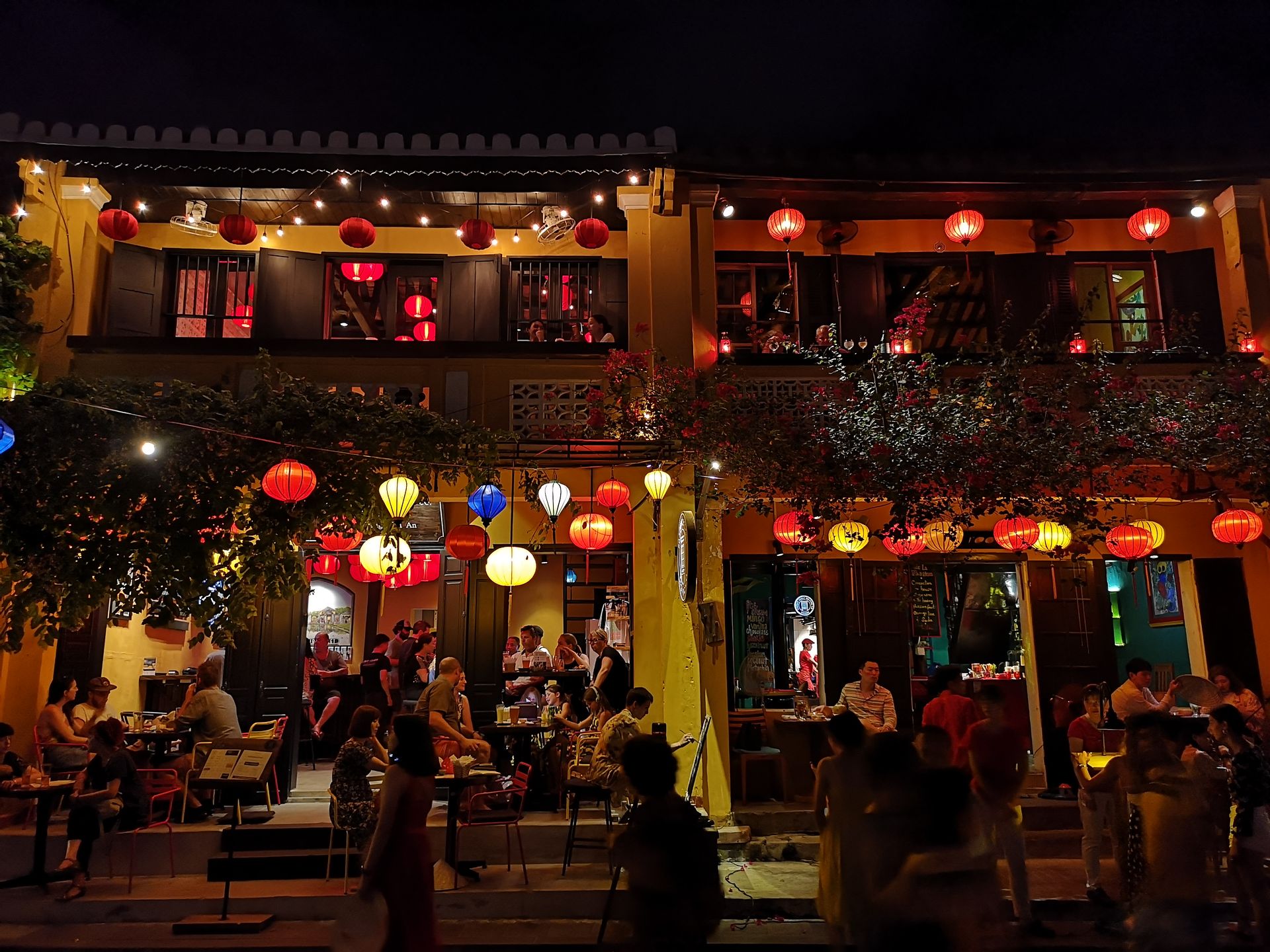
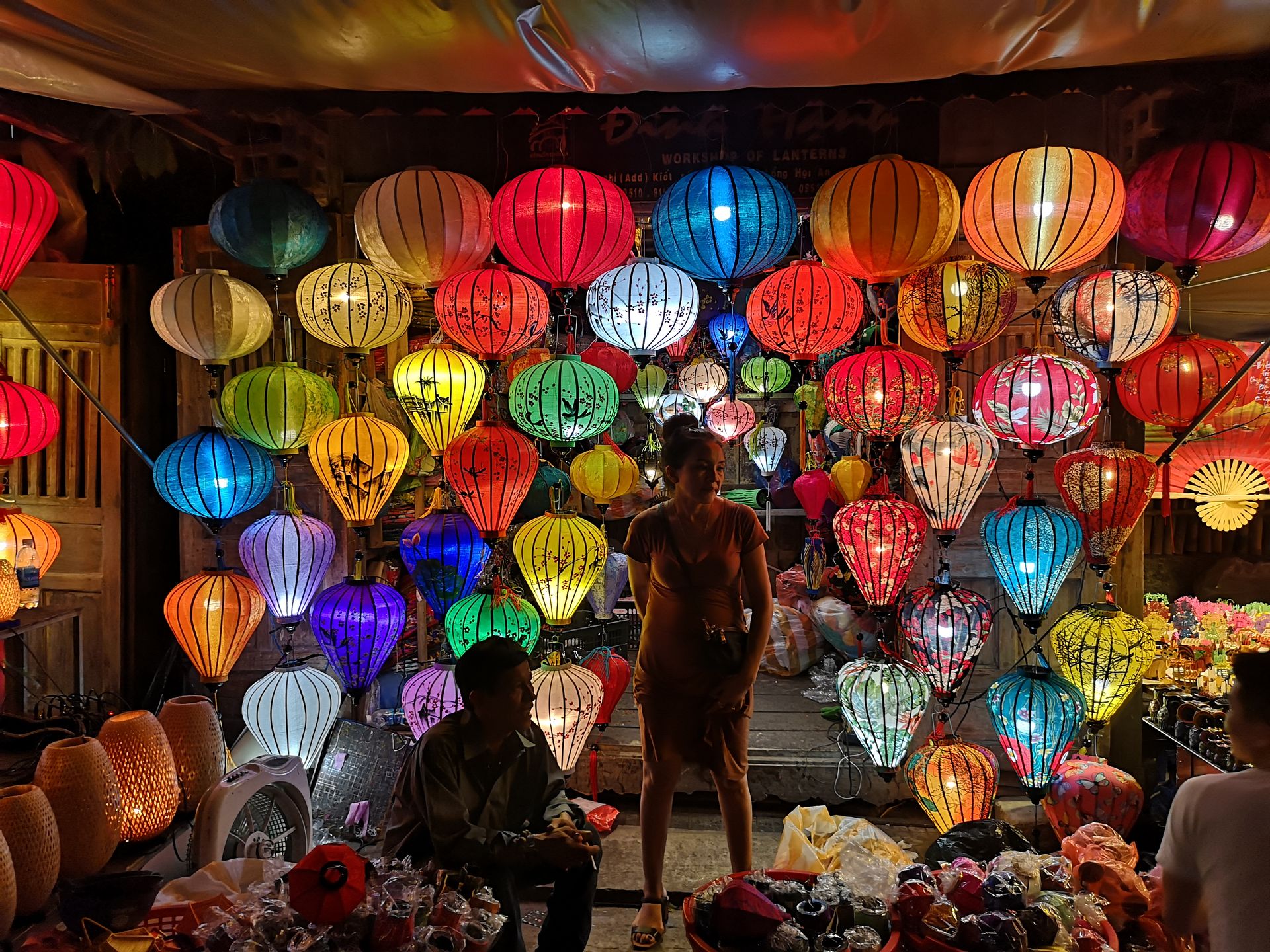
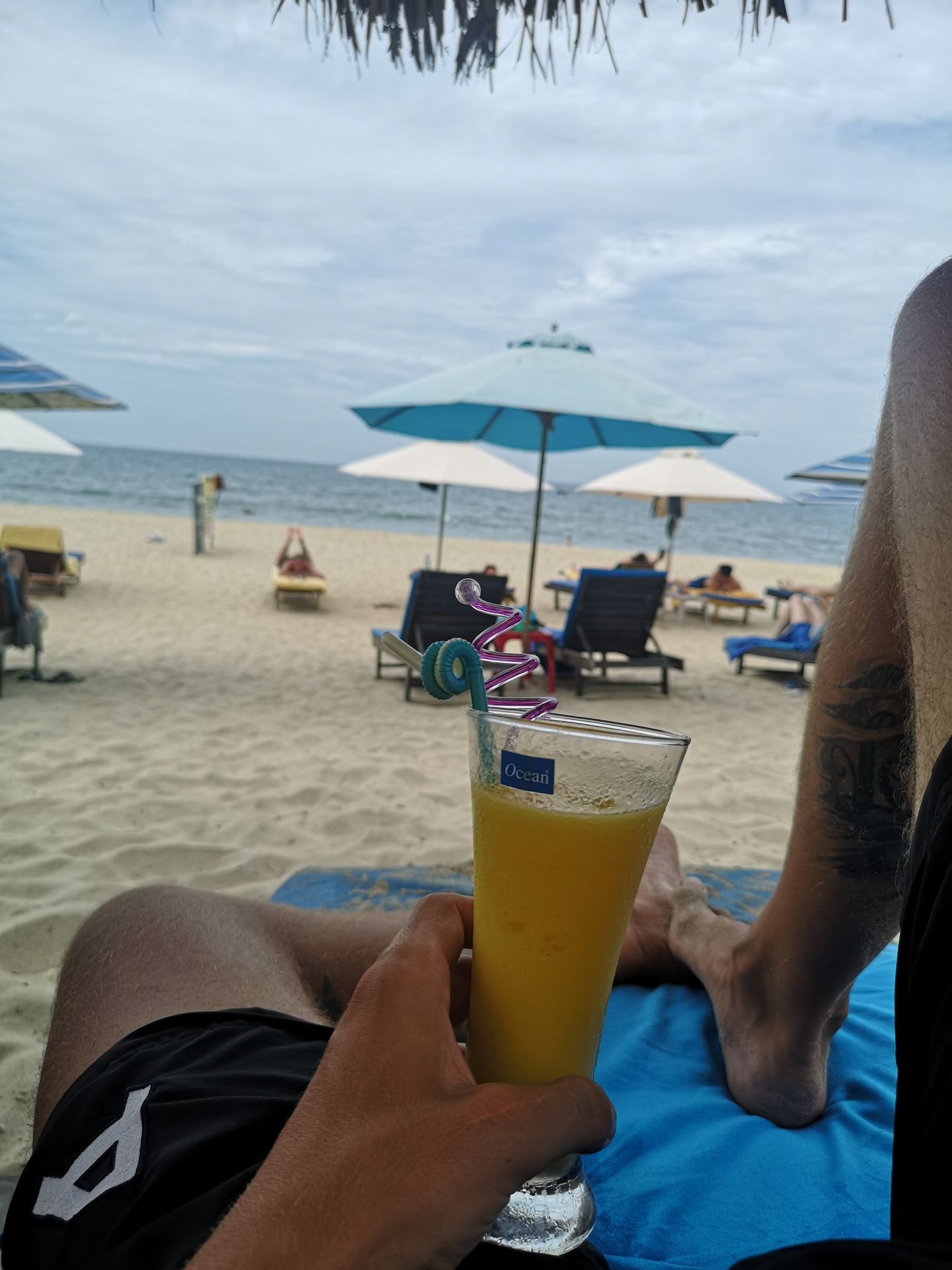
Next stop: Saigon (Ho Chi Minh City). Here, you can already see where Vietnam is heading in the future. Everything is going higher and higher. The backpacker area is already bigger than in Bangkok, but it doesn't even come close to having the same flair. The subway is still under construction or no longer being built because the government spent the money on other things and can no longer pay the Japanese who were constructing the subway. In general, Saigon could already be a city somewhere in Europe (except for the traffic).
I have to revise my opinion of Vietnam somewhat. If you explore the country in the far north or in the highlands, you can still discover lonely and interesting spots. However, along the coast, Vietnam is hopelessly overrun. I have the feeling that tourists are flocking to certain cities and regions, which makes these cities feel completely overcrowded. In addition, construction is happening everywhere there is free space, so the problem will definitely worsen in the coming years. My impression is that the Thais handle this better. There are significantly more tourists in Thailand, but the cities, islands, and regions still retain their charm and are not completely overbuilt.
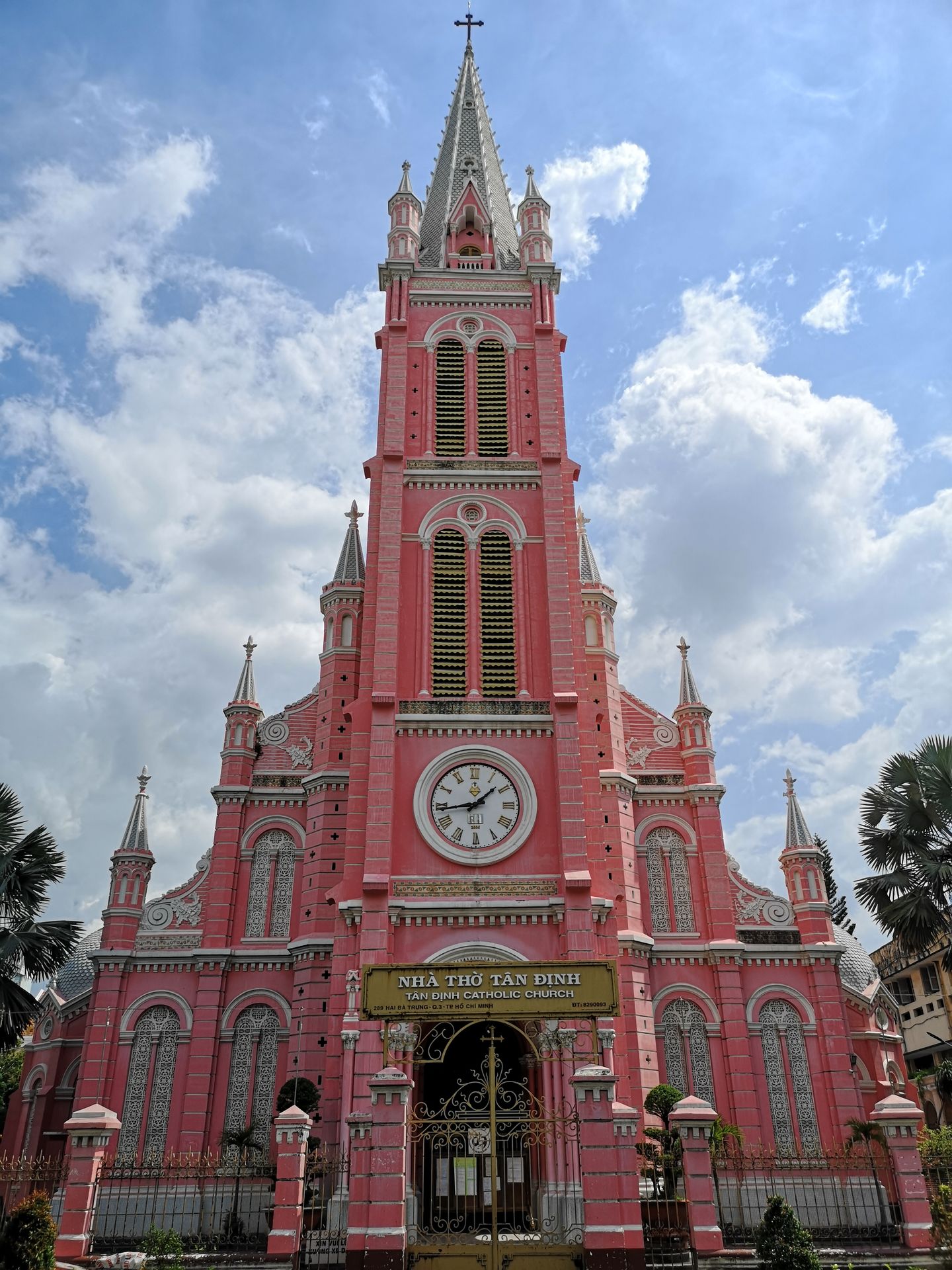
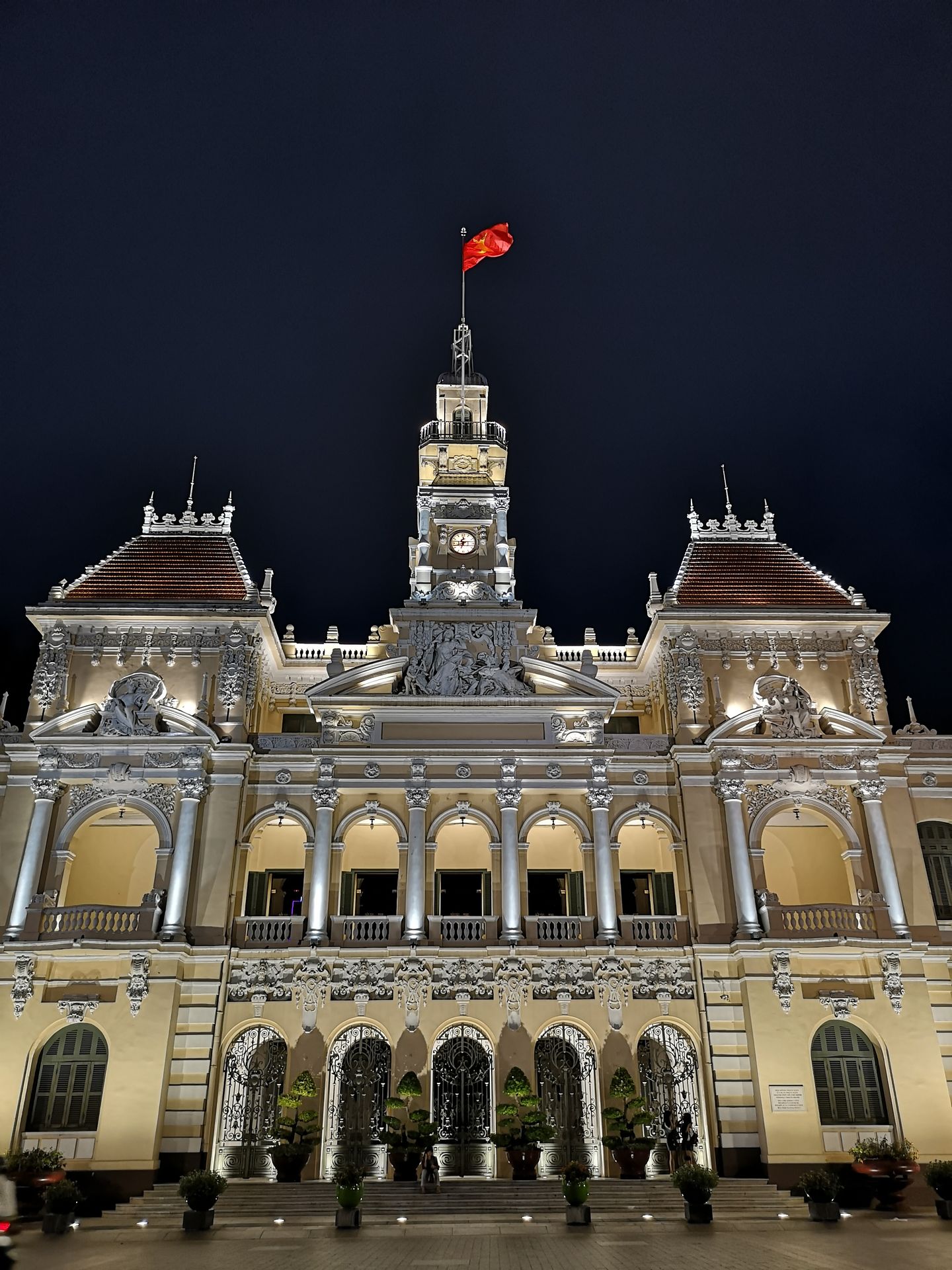
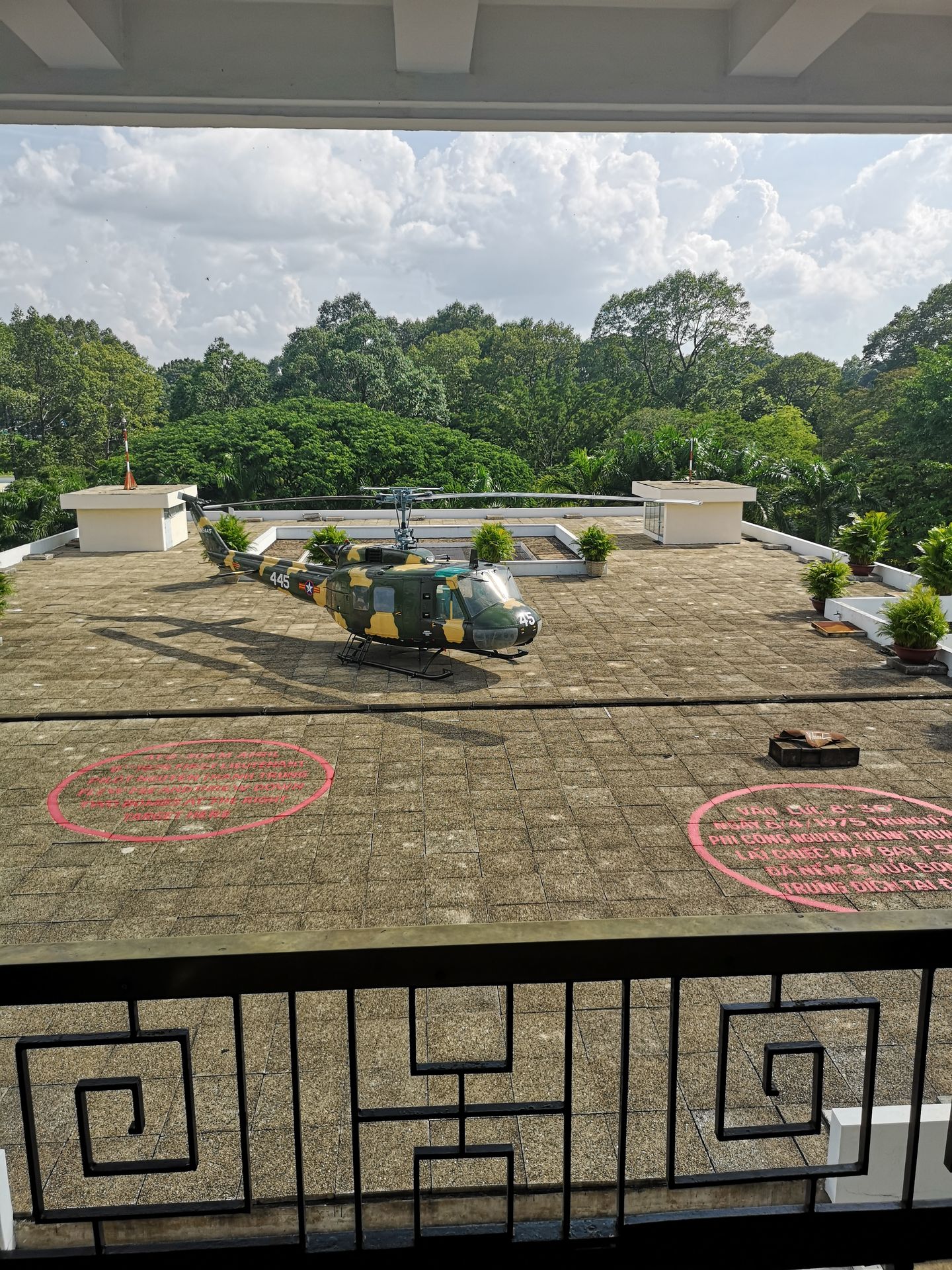
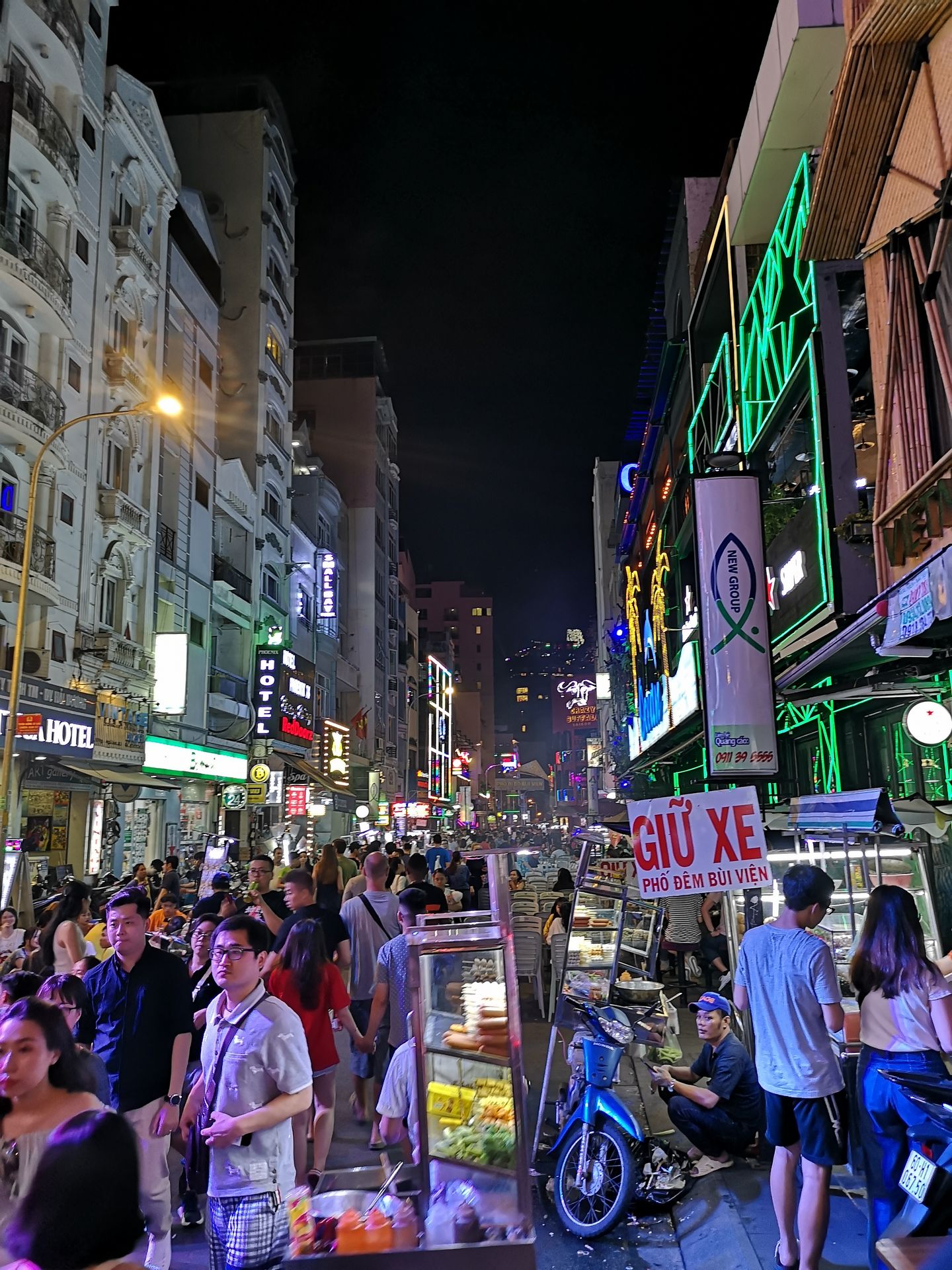
Next, I went on to Cambodia. As soon as I crossed the border, the roads and the weather got worse. However, the people here are less hectic and more relaxed. Kampot is a small town with a few old French colonial buildings, but not much else. When 3 roundabouts are advertised as attractions, that says a lot.
The next day, I took a scooter to Bokor National Park. In Cambodia, a national park doesn't mean that anything is protected. On the mountain, there have been plans for several years to build an amusement city of superlatives. Multiple hotels and casinos are planned, along with numerous luxury apartments. The roads and one hotel are already there. But the whole thing makes this place completely surreal. The hotel looks like a construction from the 80s but is relatively new. Designed for about 800 guests, it is completely empty except for a handful of tourists and is totally oversized. On my way past old abandoned churches and colonial palaces, I passed another hotel. Everything looks lively and deserted at the same time. The whirlpool is running, and the tables on the veranda are set, but there is something missing, people! Except for me and the staff, there is simply no one here.
The road network could belong to a small town, but there are no houses and shops here. I hope that these projects will never be realized and that the nature here remains preserved.
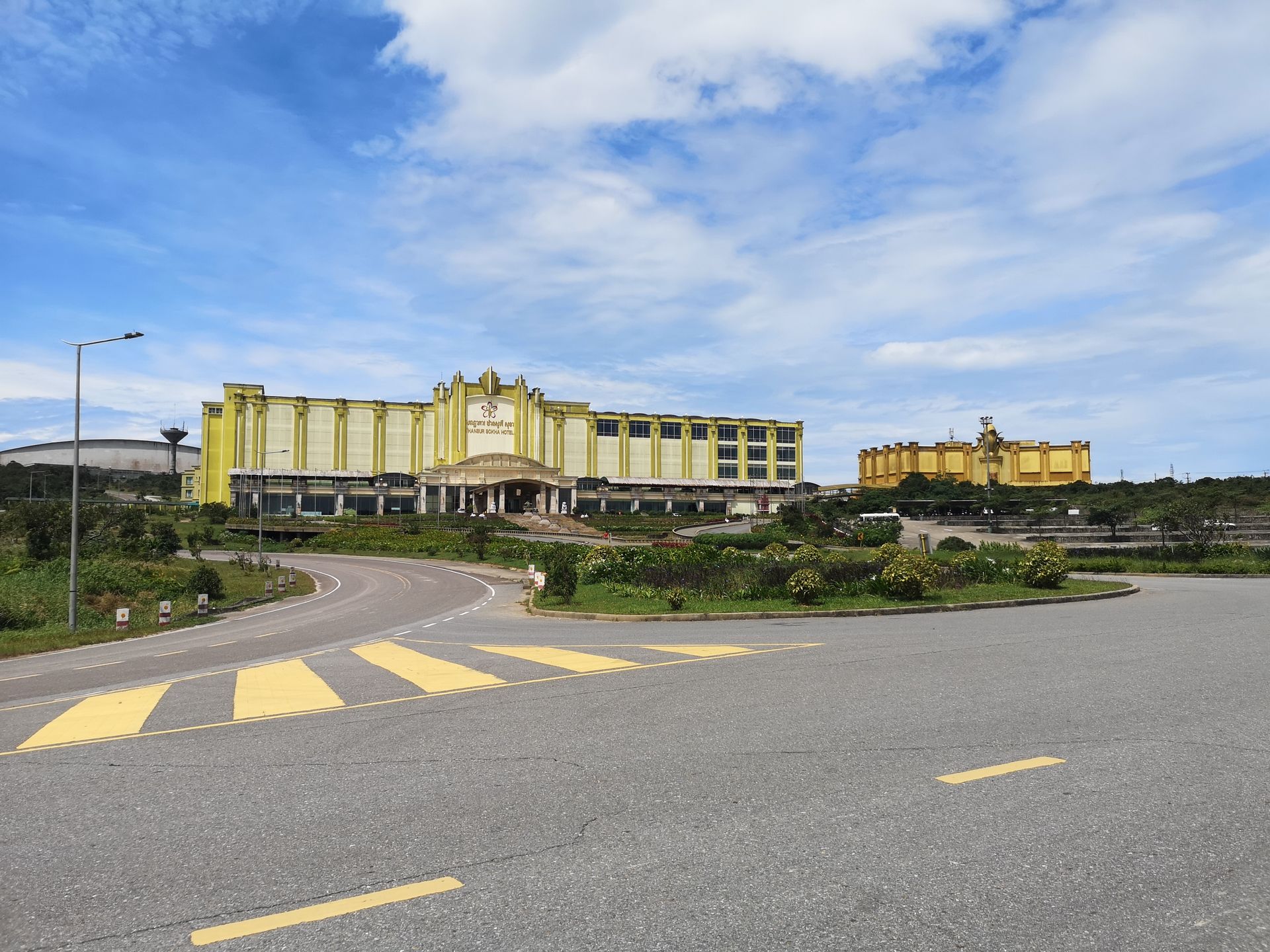
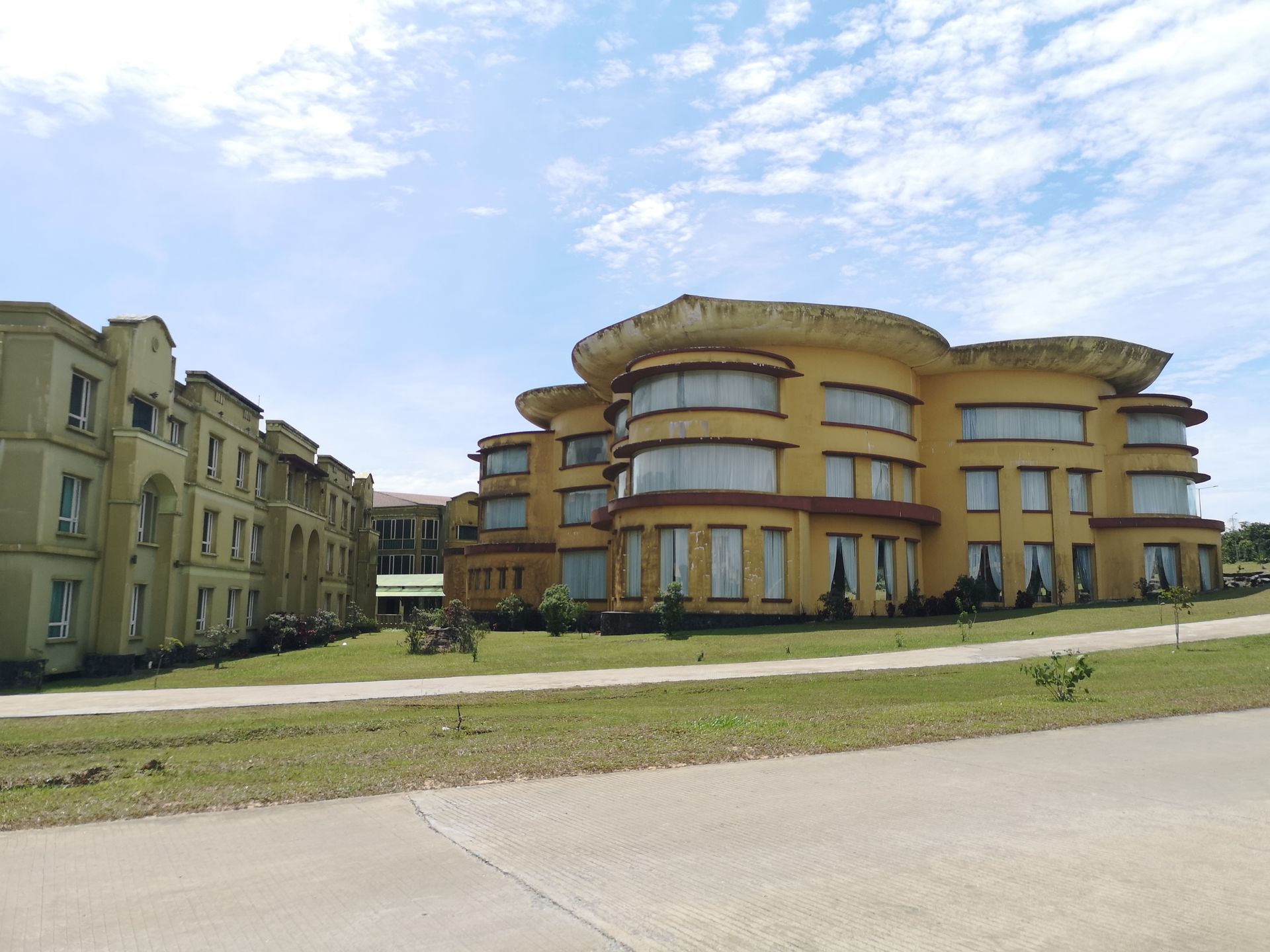
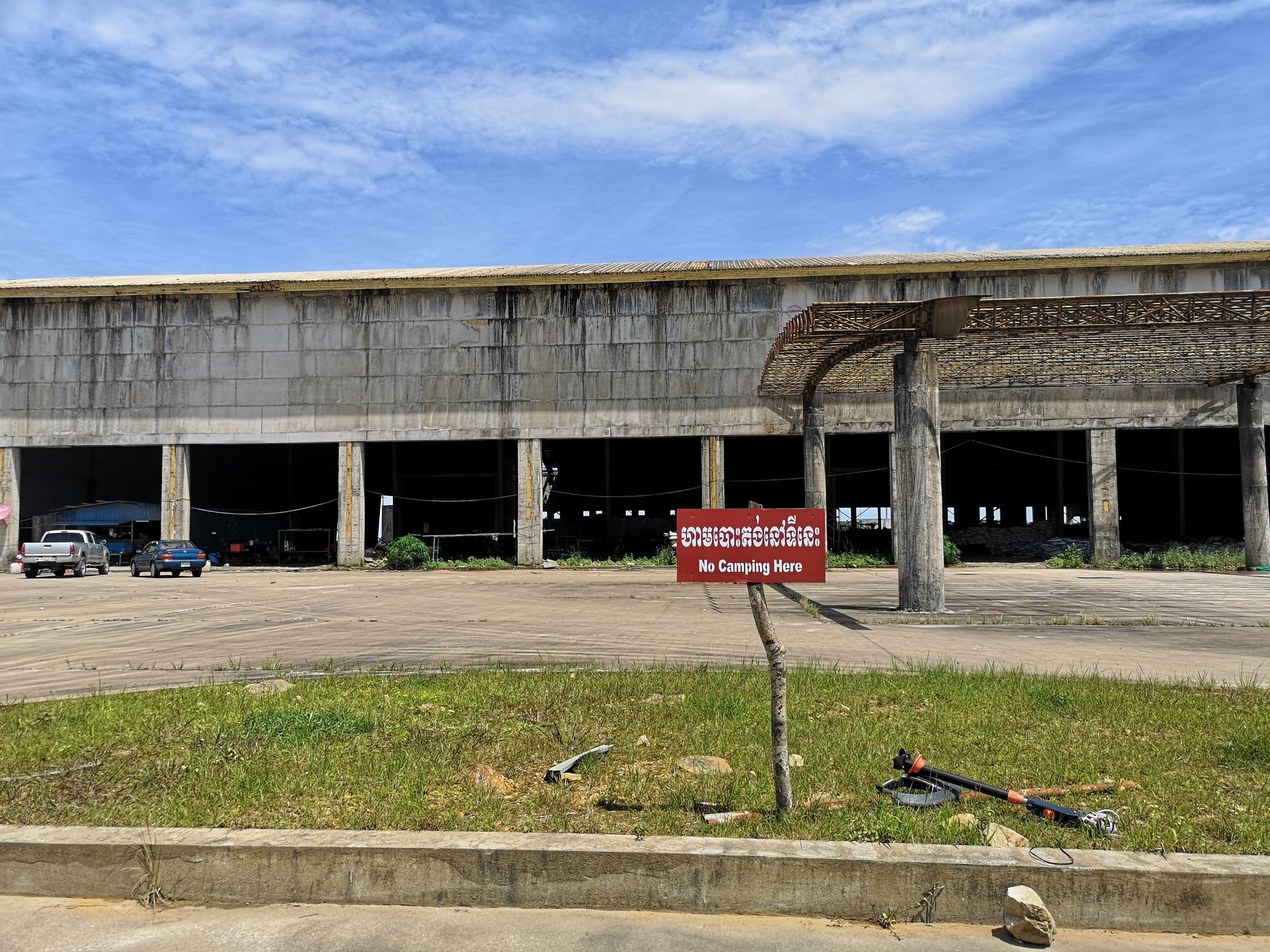
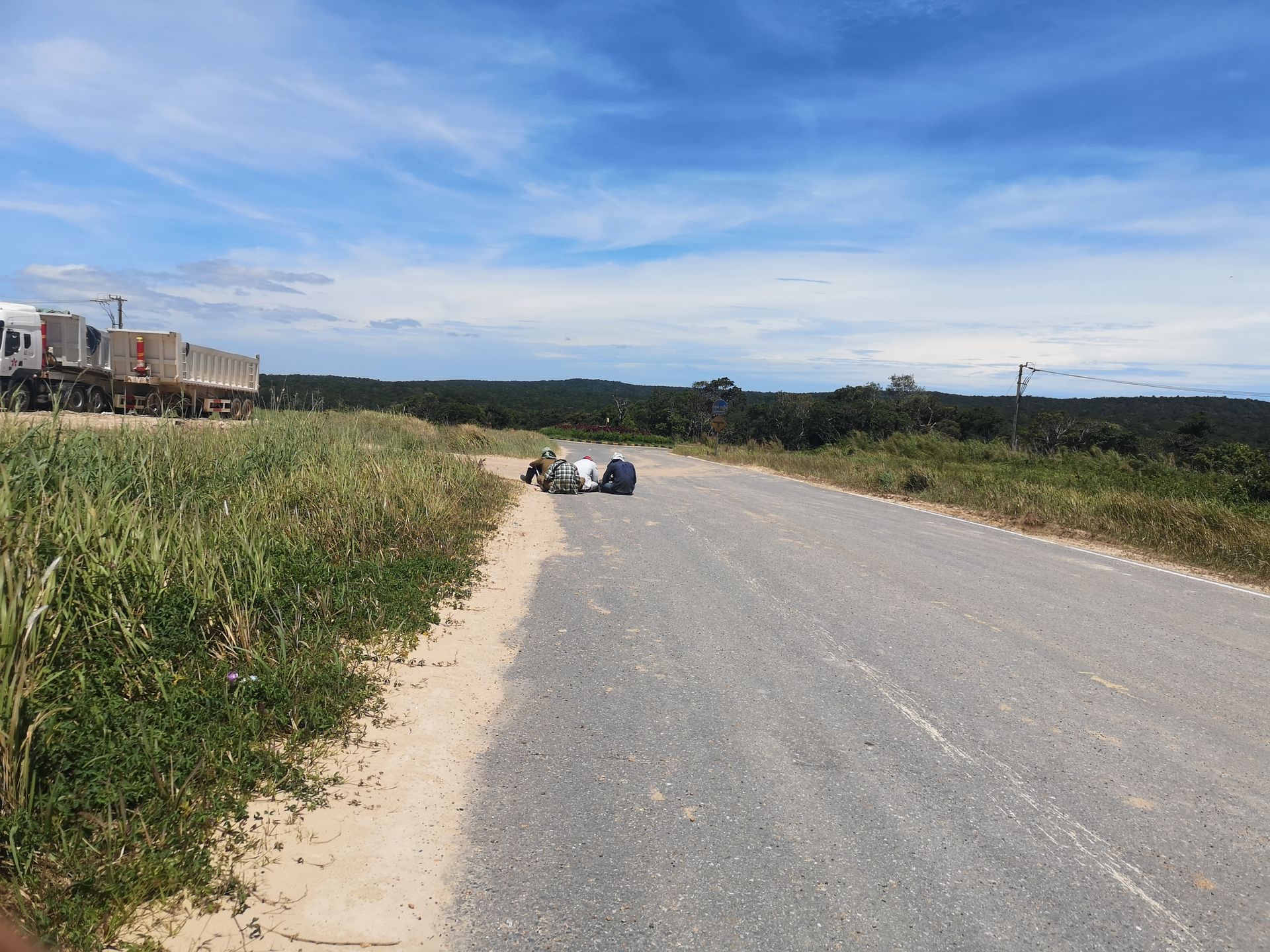
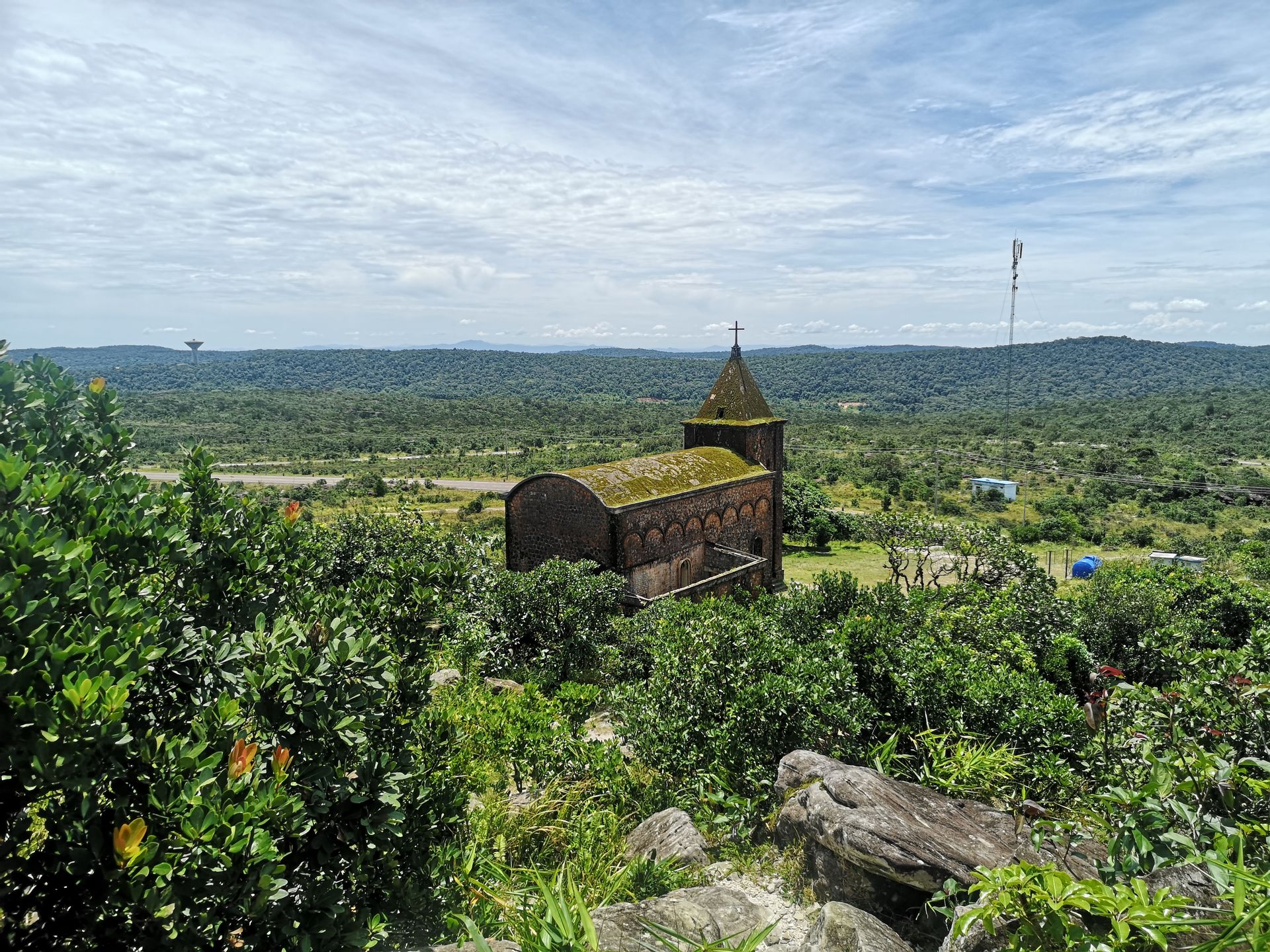
Another alarming example of the destruction of nature is my next stop, Koh Rong Samloem. I was here 3 ½ years ago and wanted to relax on a Caribbean beach for a few days. When I arrived, I was shocked. How can an island be polluted, destroyed, and built up so much in such a short time? Before, the island was still beautiful, but there's simply no comparison to my last visit, but see for yourself.
I tried to take the pictures from a similar perspective, and you can see it well from the mountains in the background.
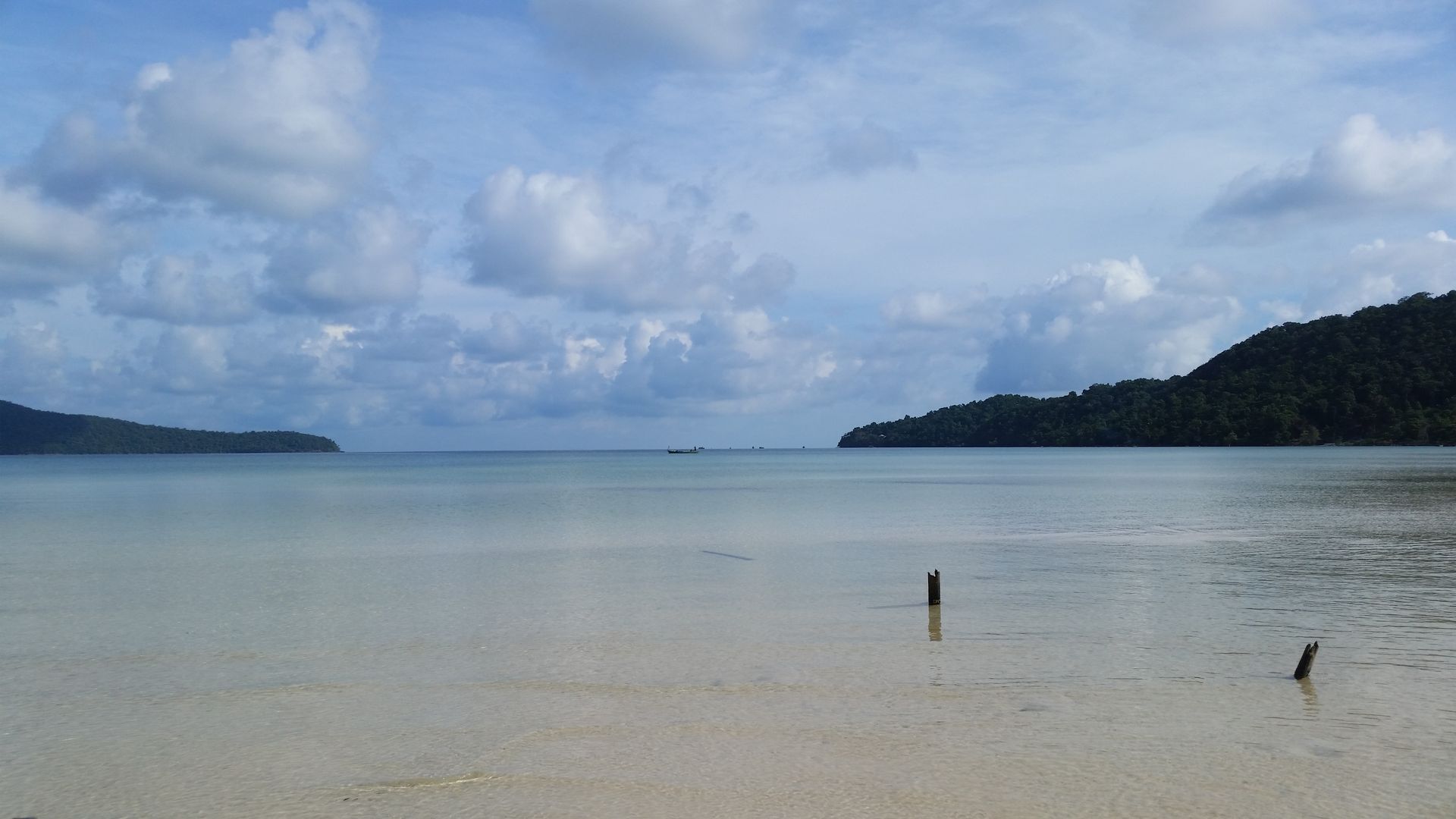
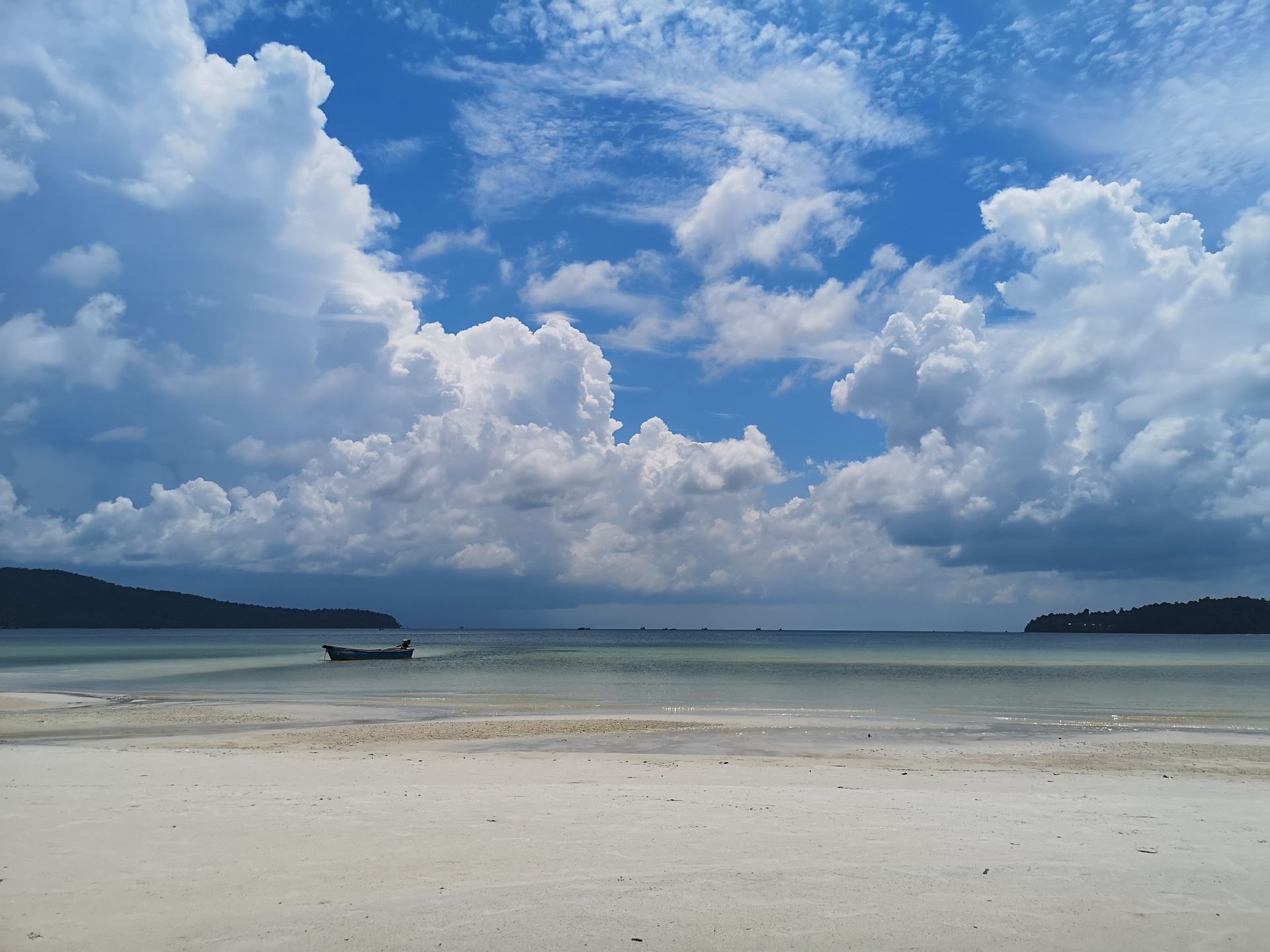
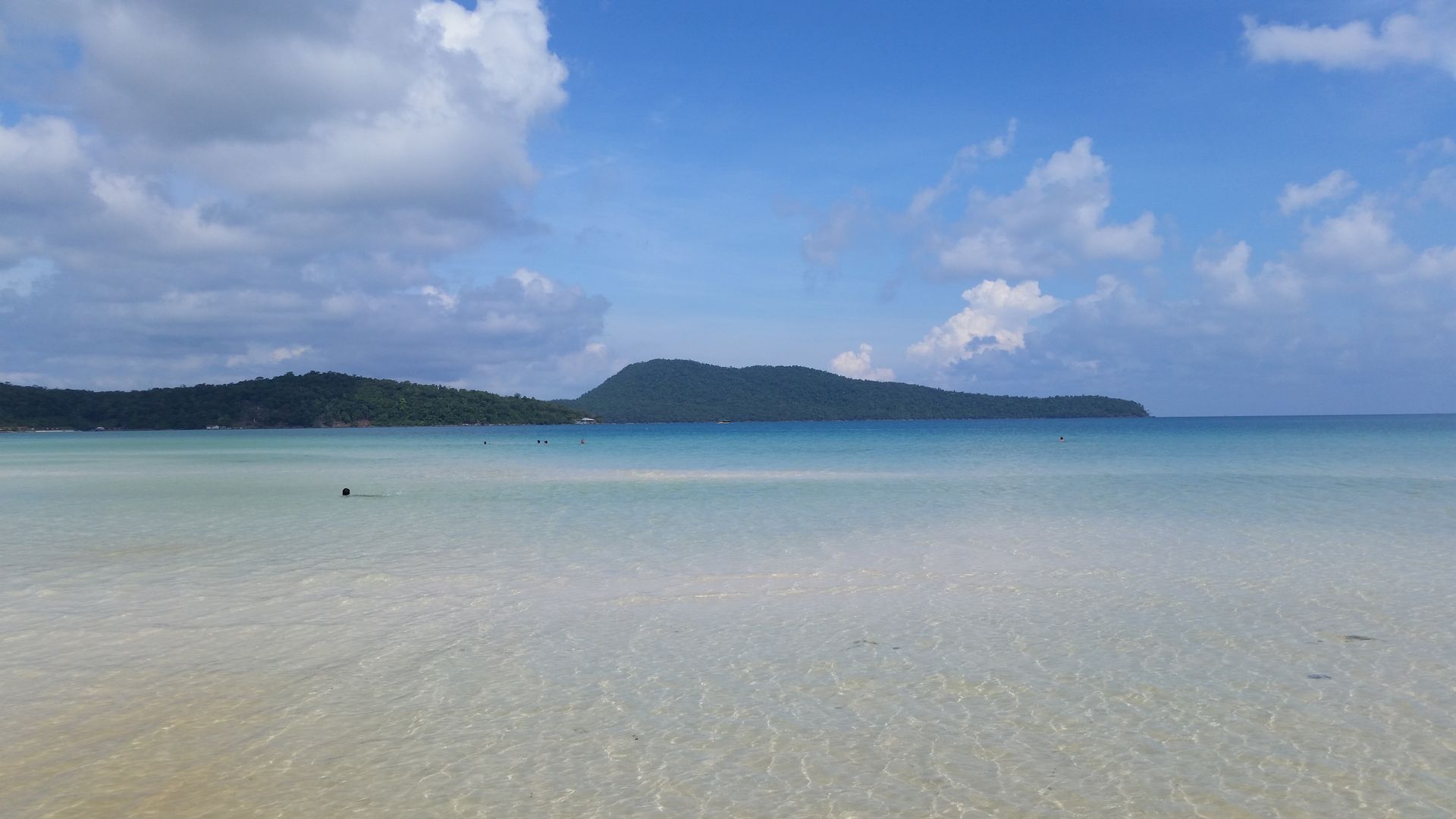
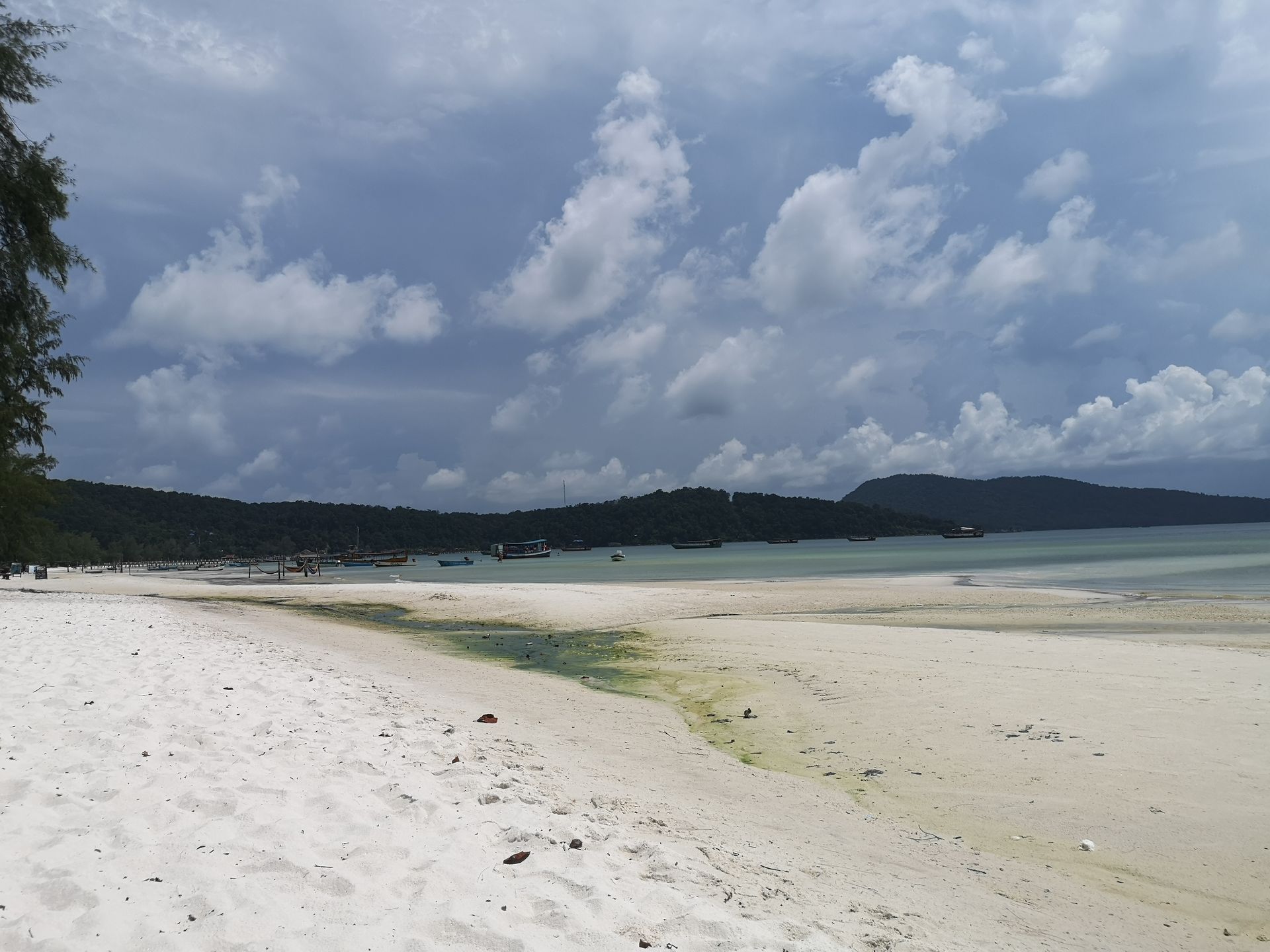
Current
There are now more than twice as many accommodations, electricity all the time, and they are currently building the first road.

The new construction projects are causing erosion of the beach to become clearly visible. Wastewater is discharged into the sea through small rivers and settles on the formerly pristine white sand as a brown and green layer.

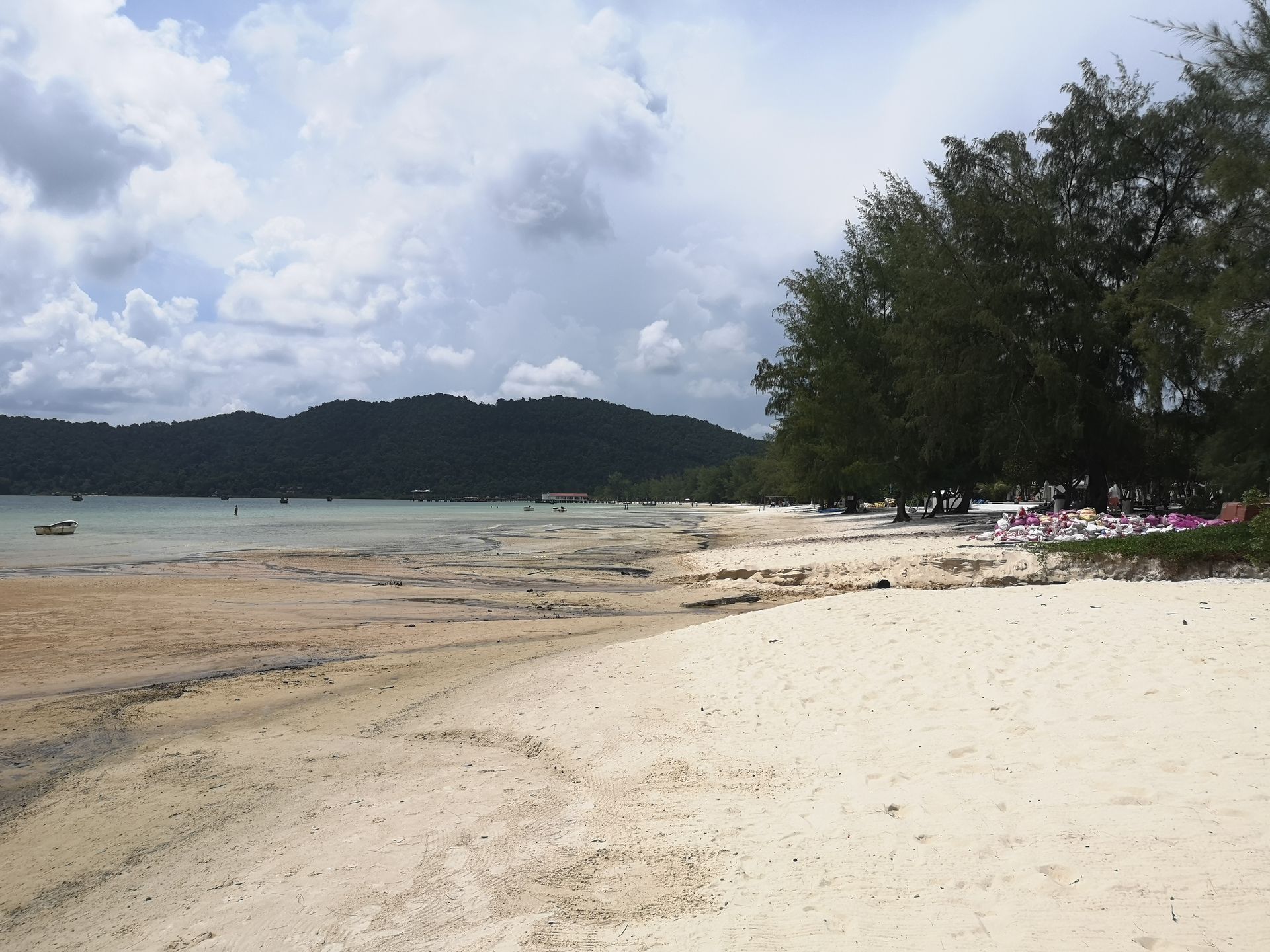
In the photos, you can see well that the turquoise color of the water used to extend up to 100 meters into the sea. Currently, only individual areas are turquoise. There are now 4 piers (previously one), and 20 ferries arrive on the island every day (previously 3), bringing goods for the restaurants all day long.
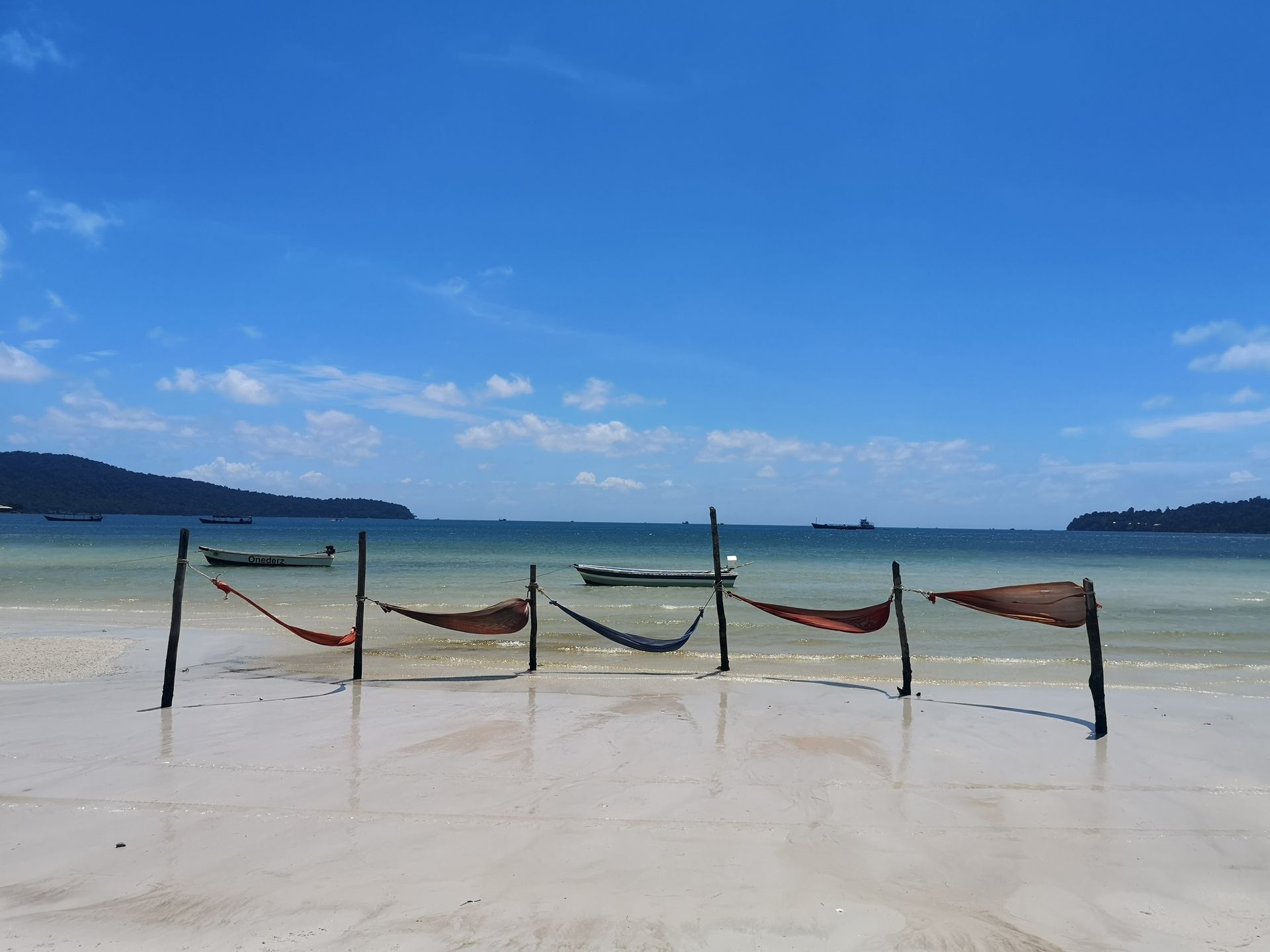
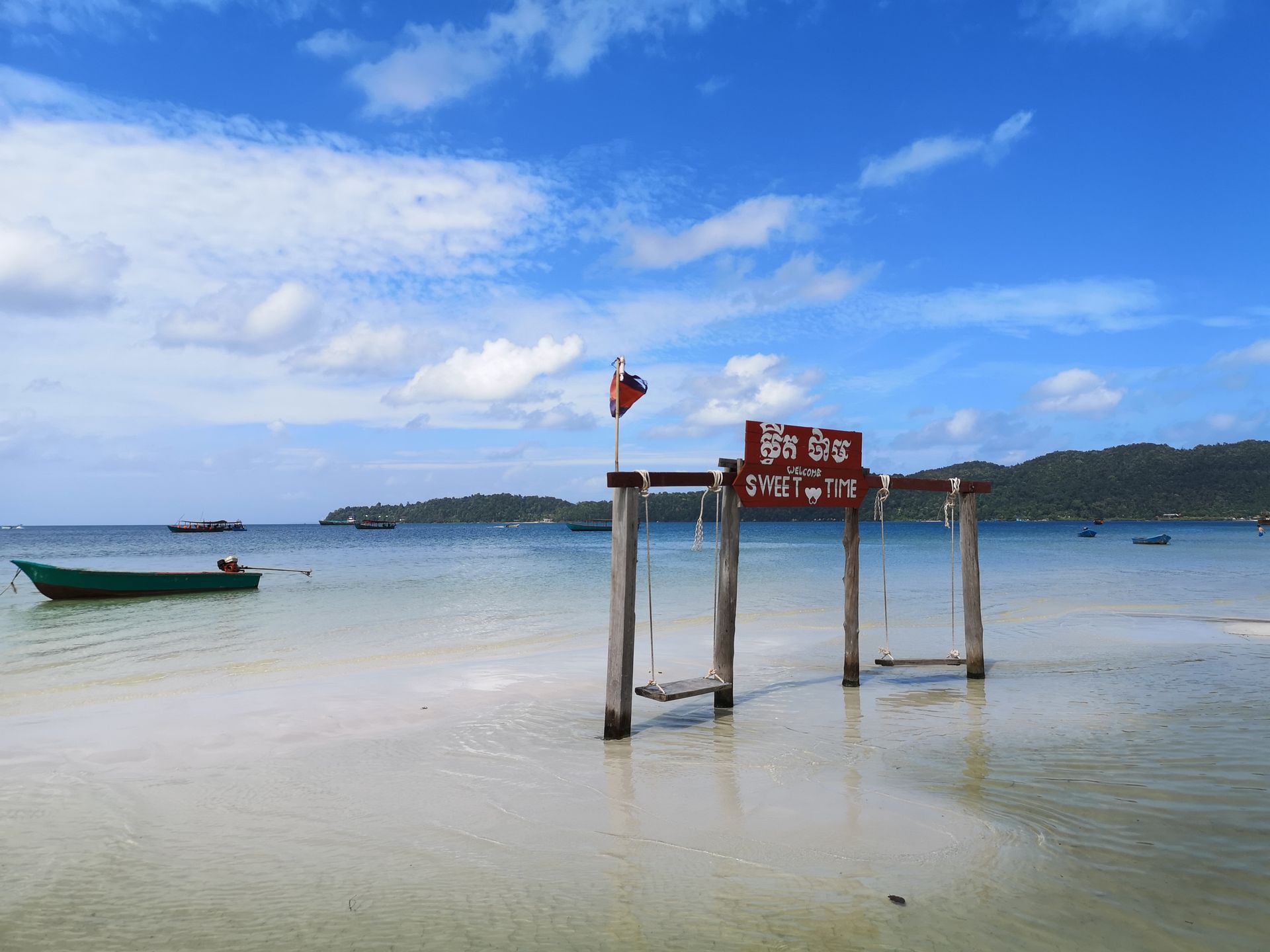
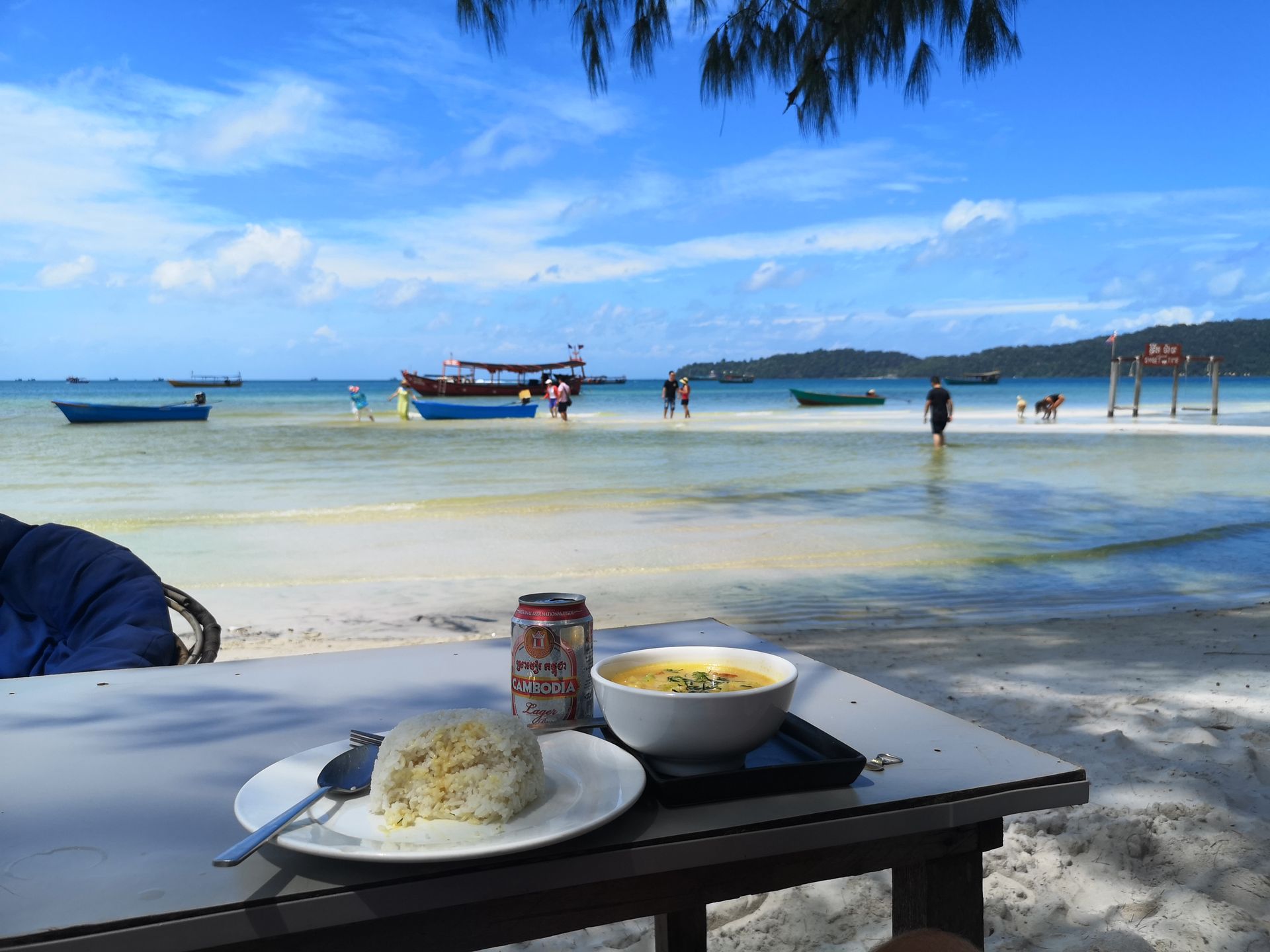
I probably won't return to this (once paradise) island either. It's sad what people are doing to nature, even though my travels contribute to it to some extent, it's up to the people on the ground to protect and preserve nature.
Next, I'm heading to Phnom Penh, the capital of Cambodia. I've only heard bad things so far, so I'm curious!
Підписатися на Розсилку
Відповідь
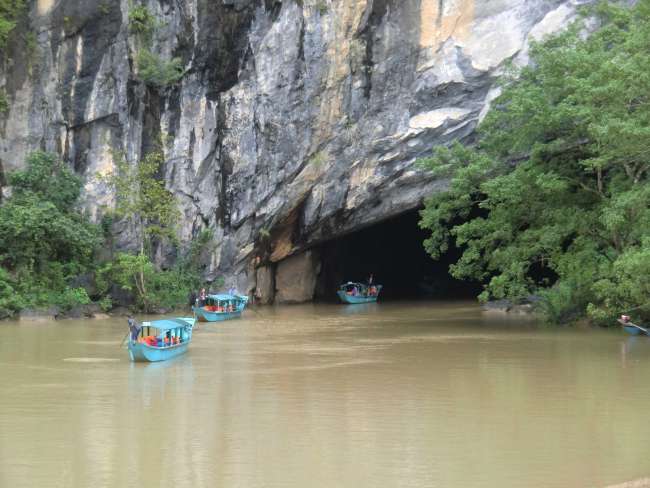
Звіти про подорожі В'єтнам
